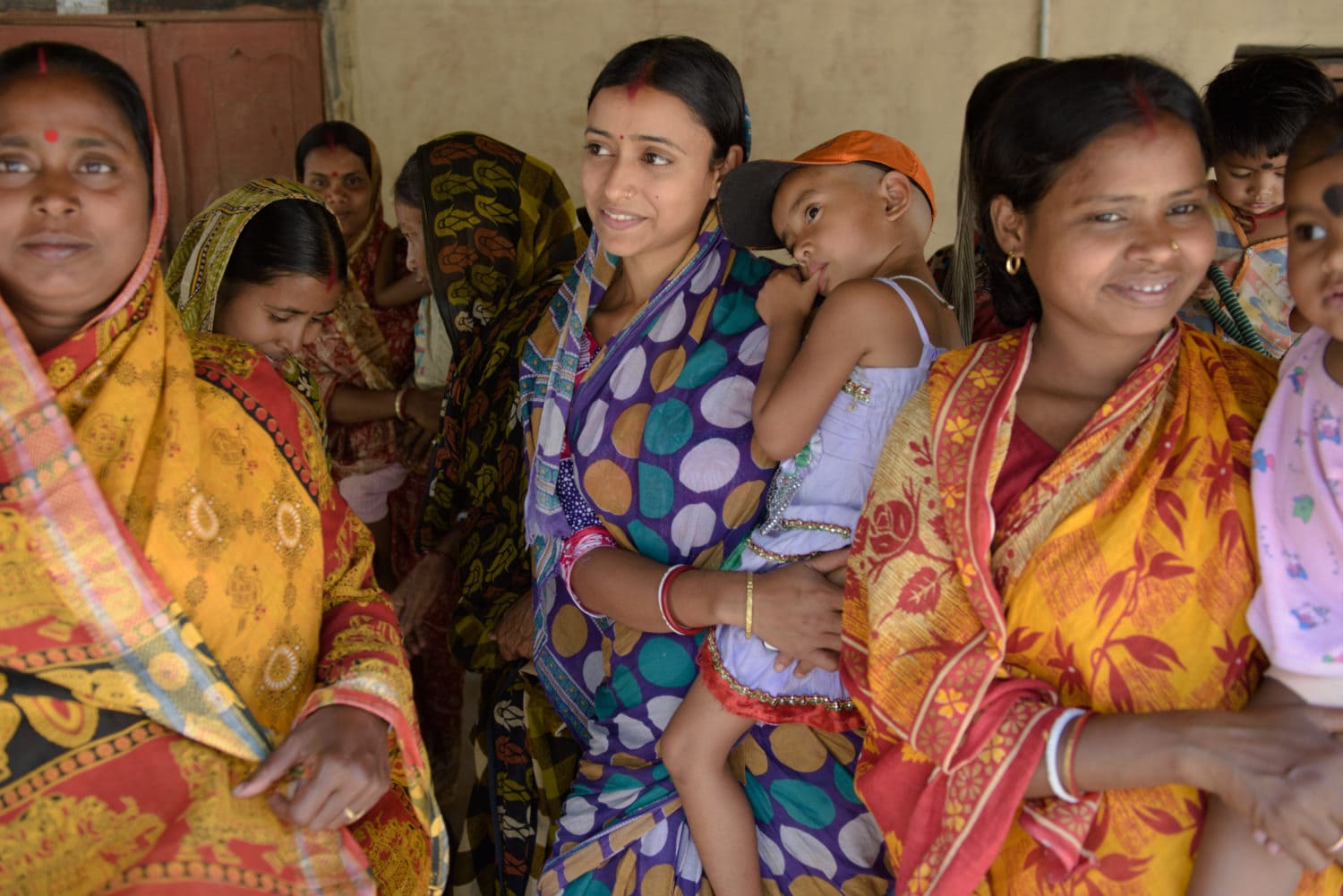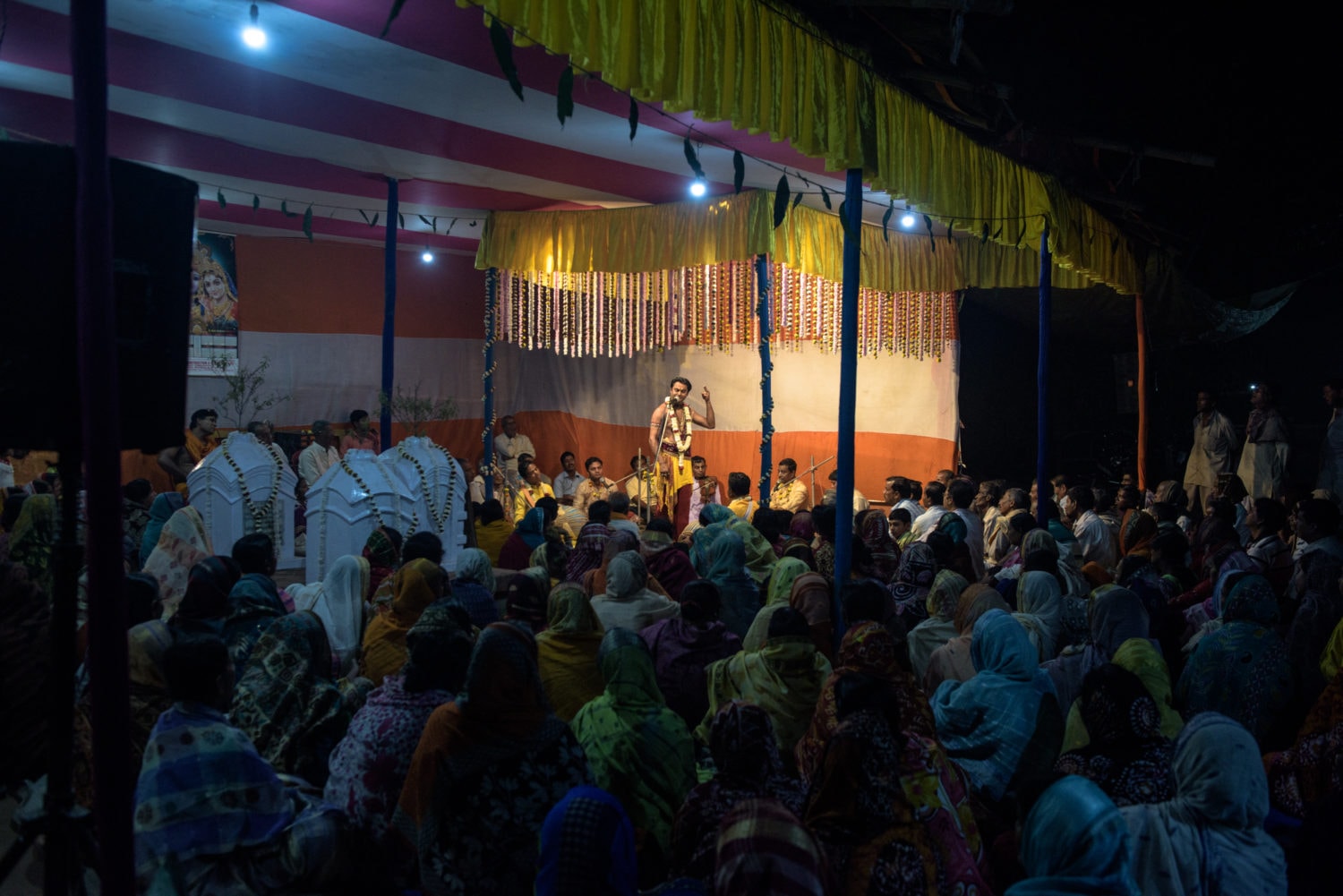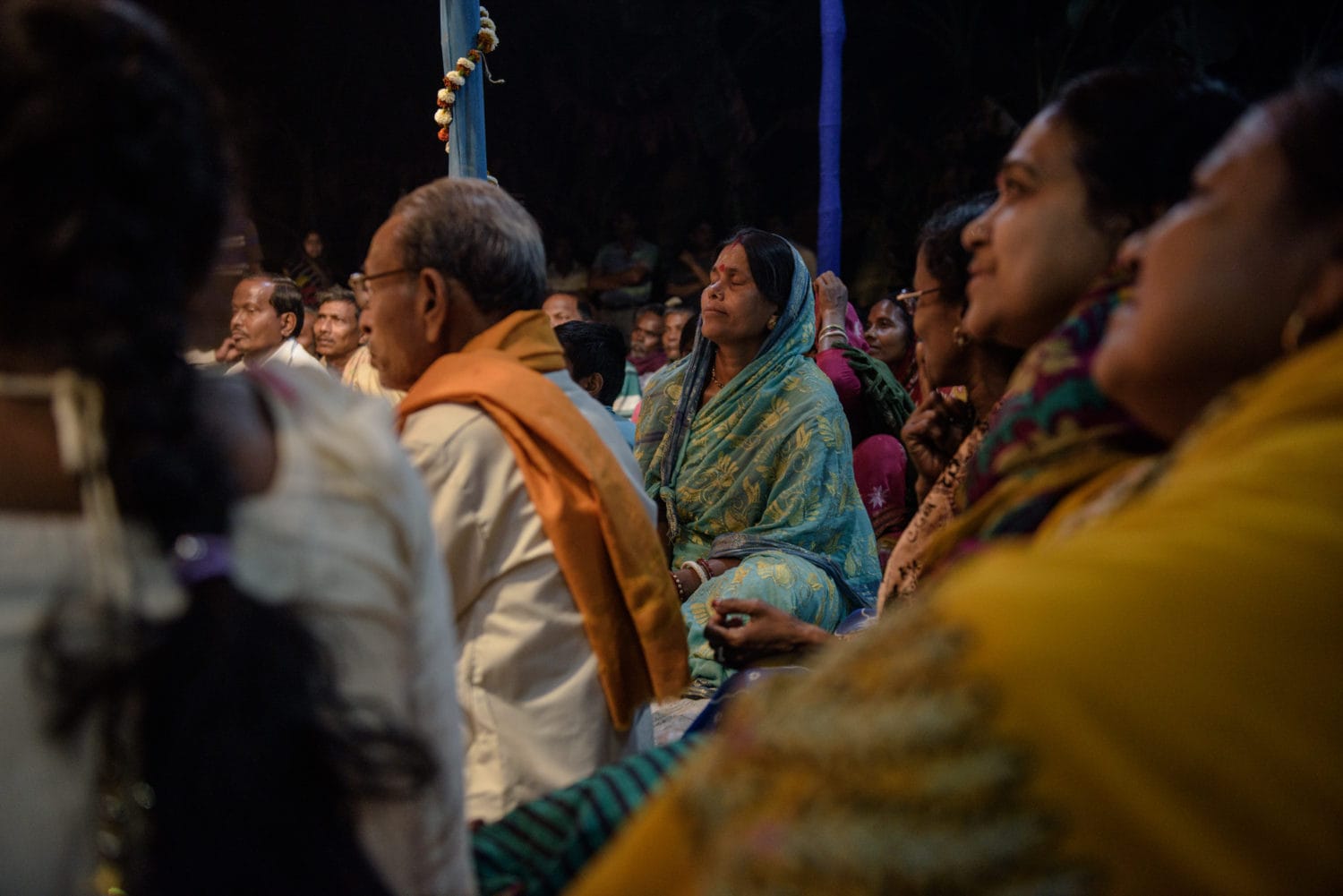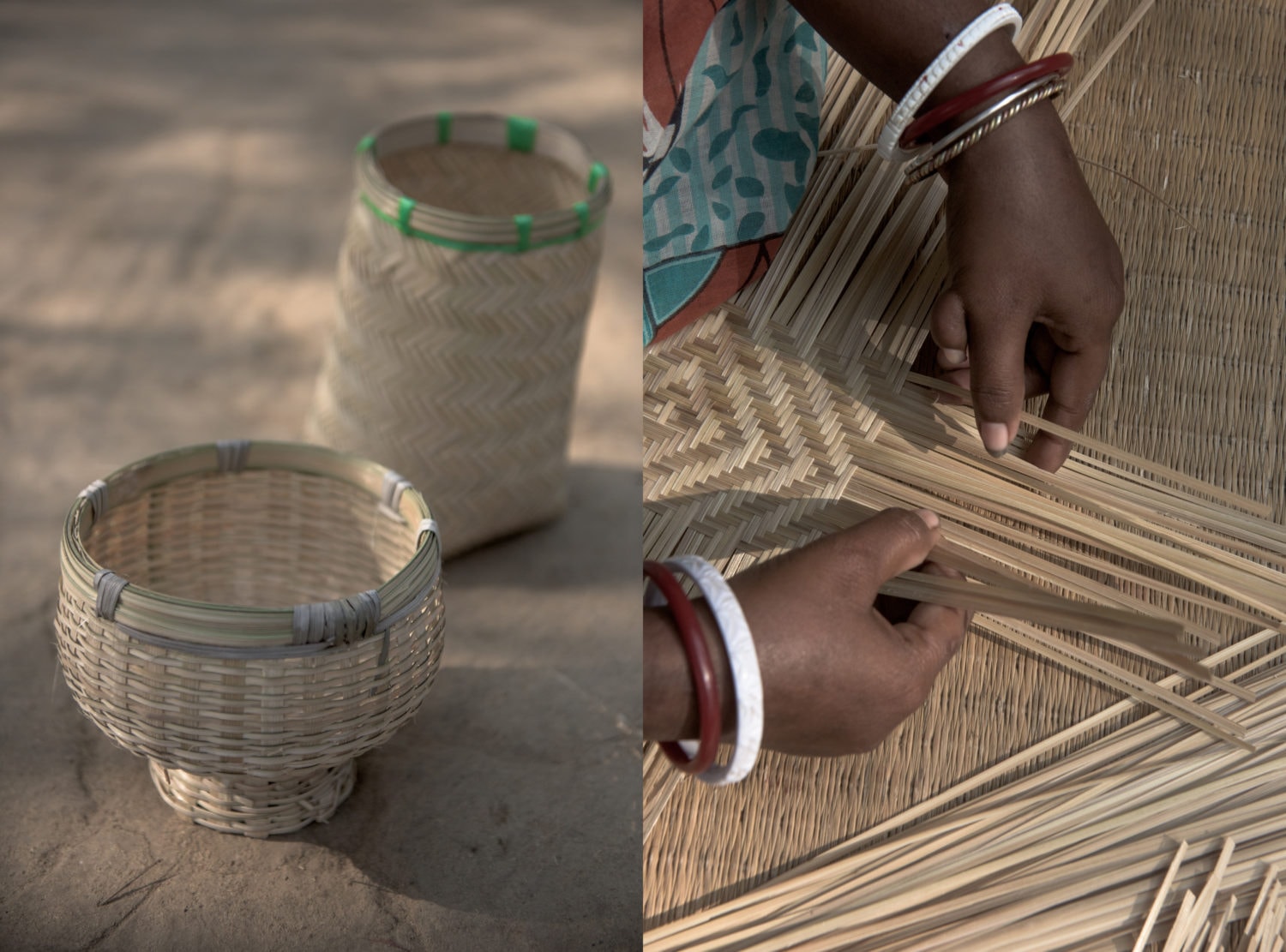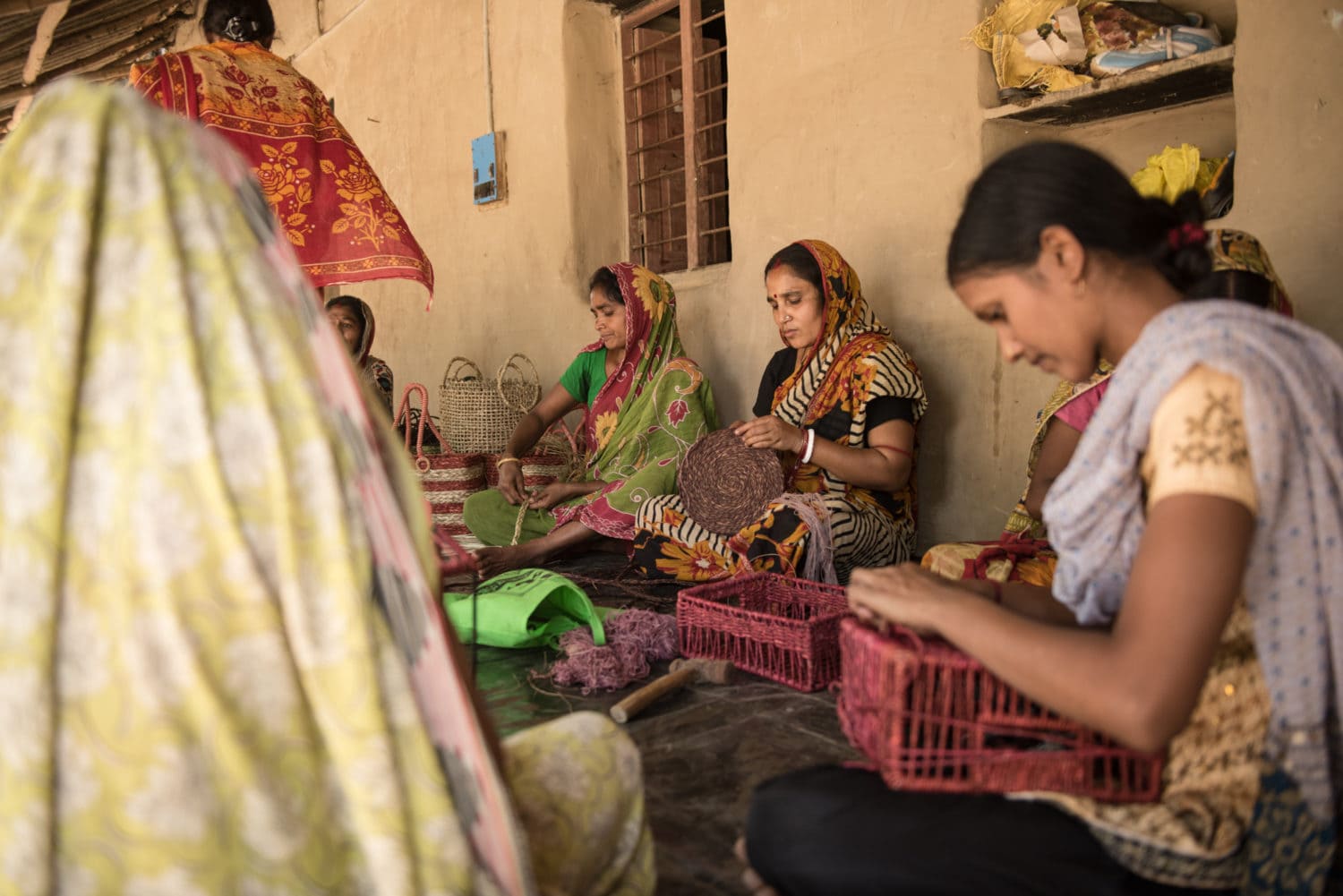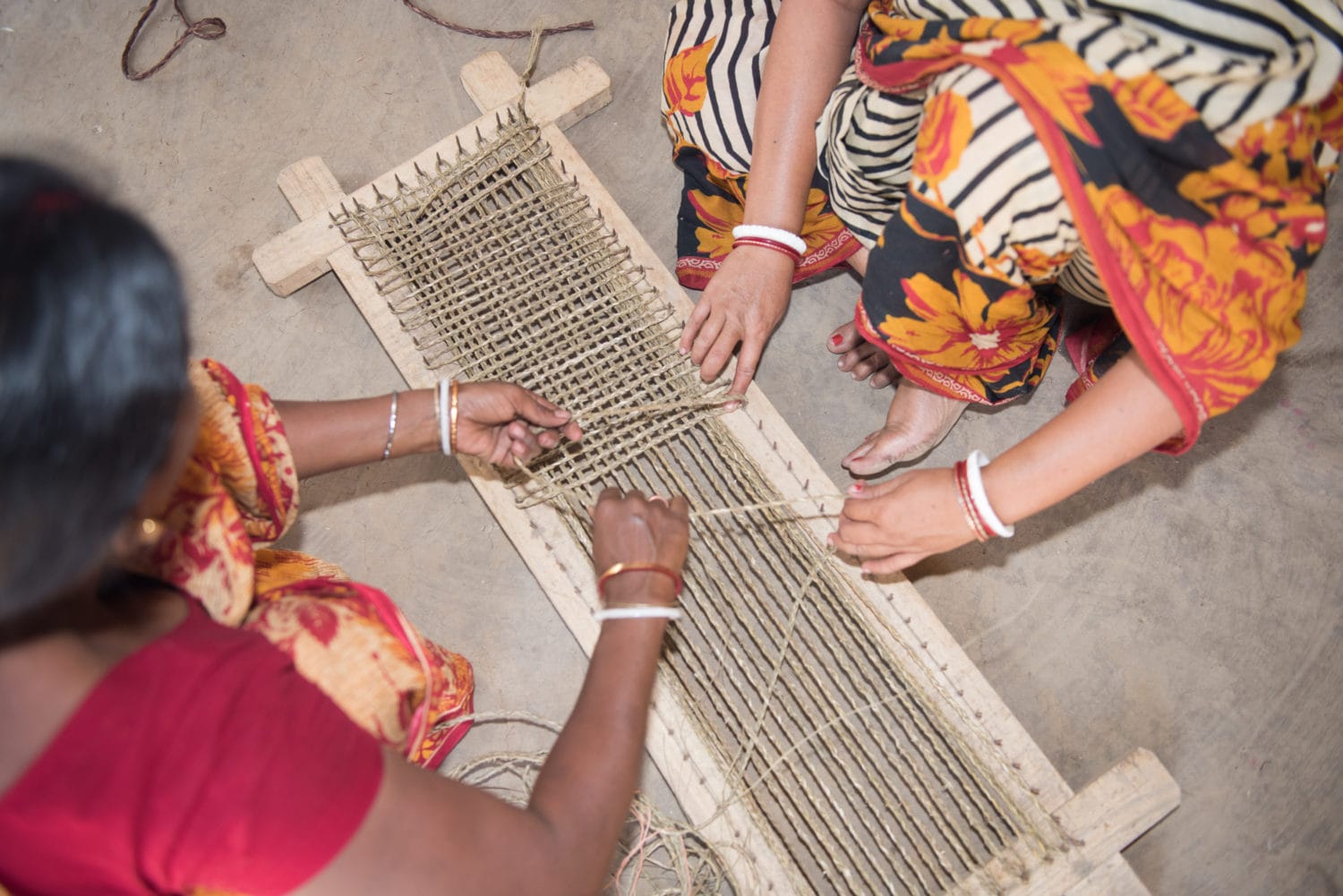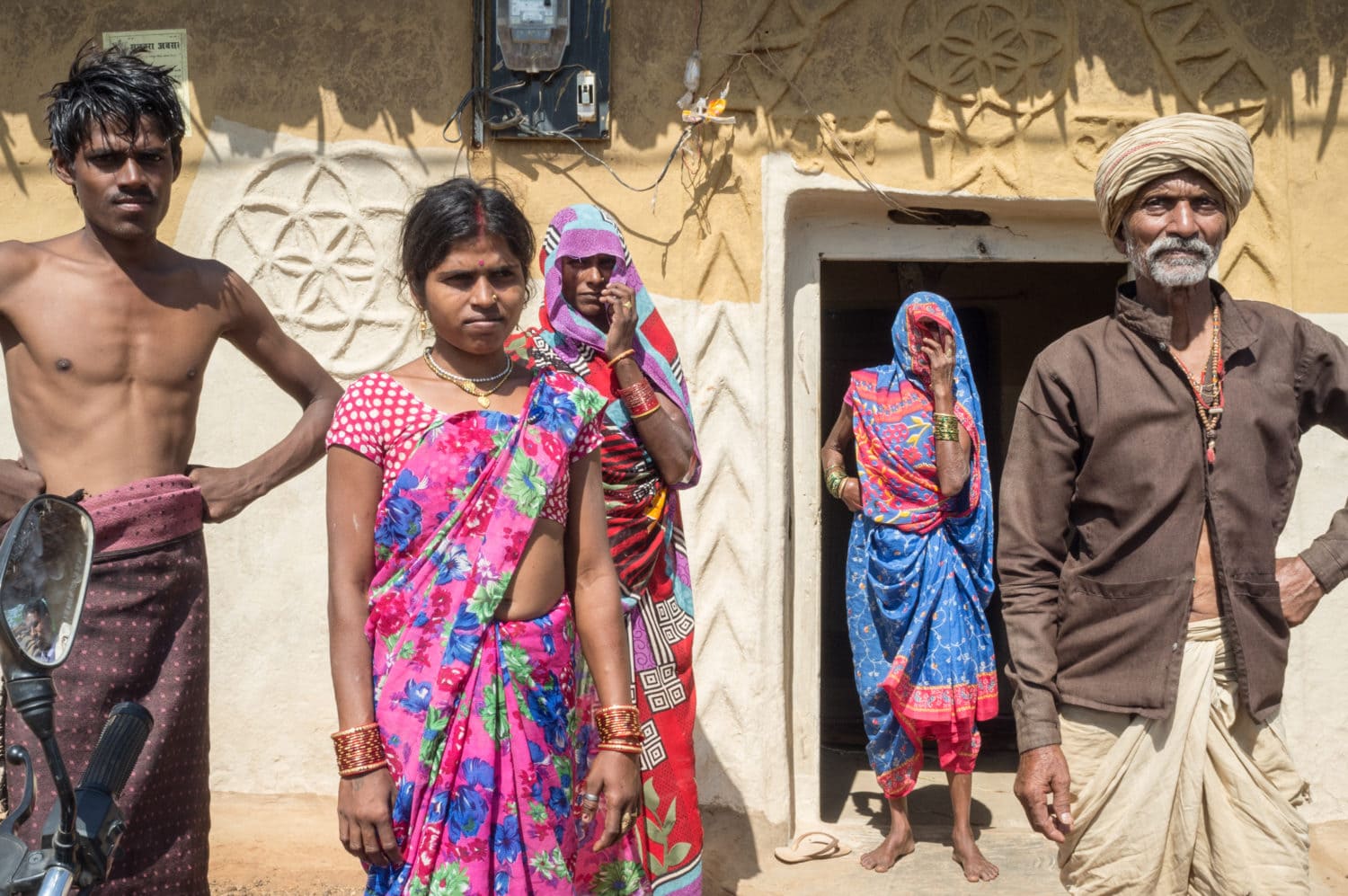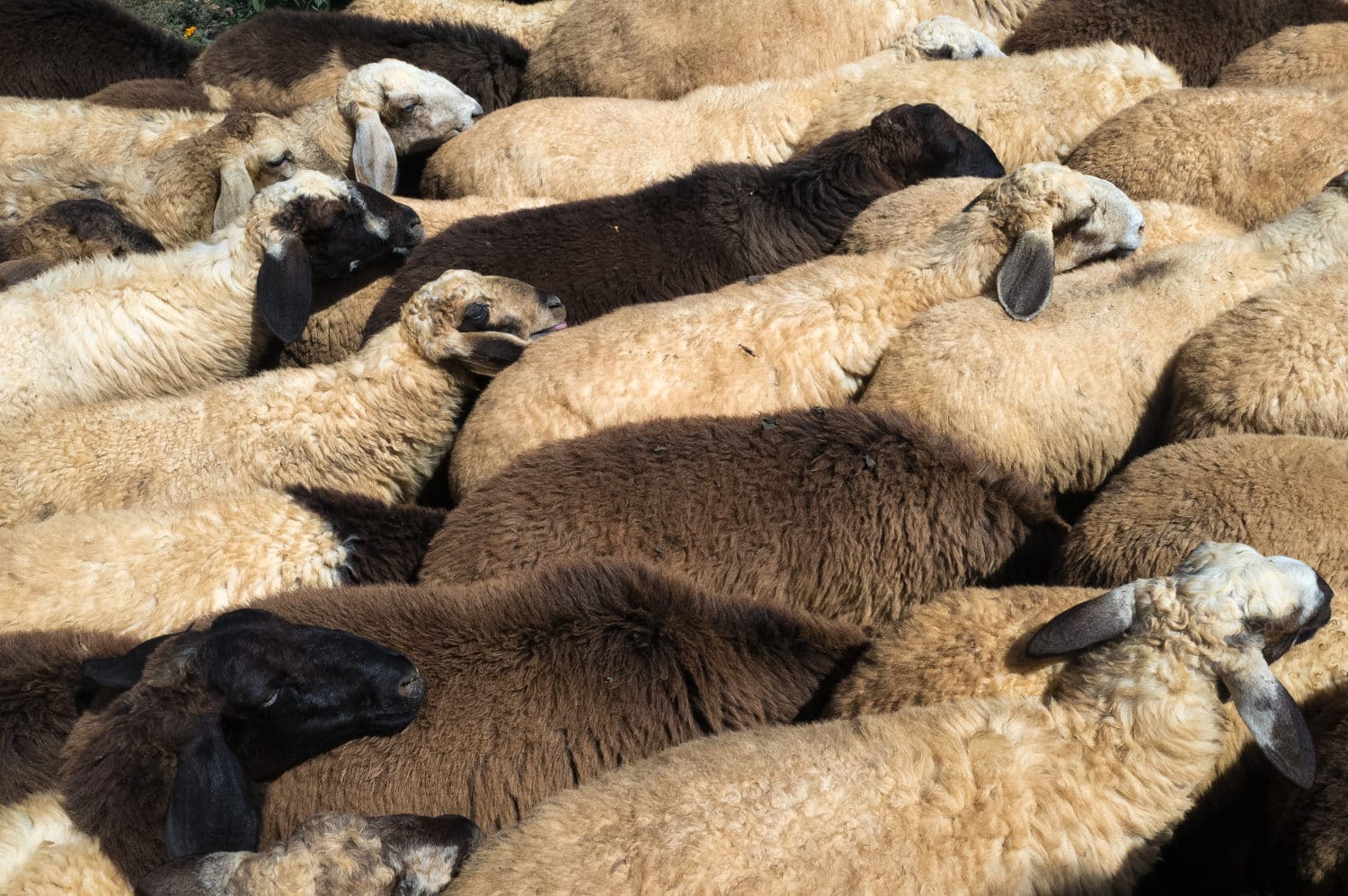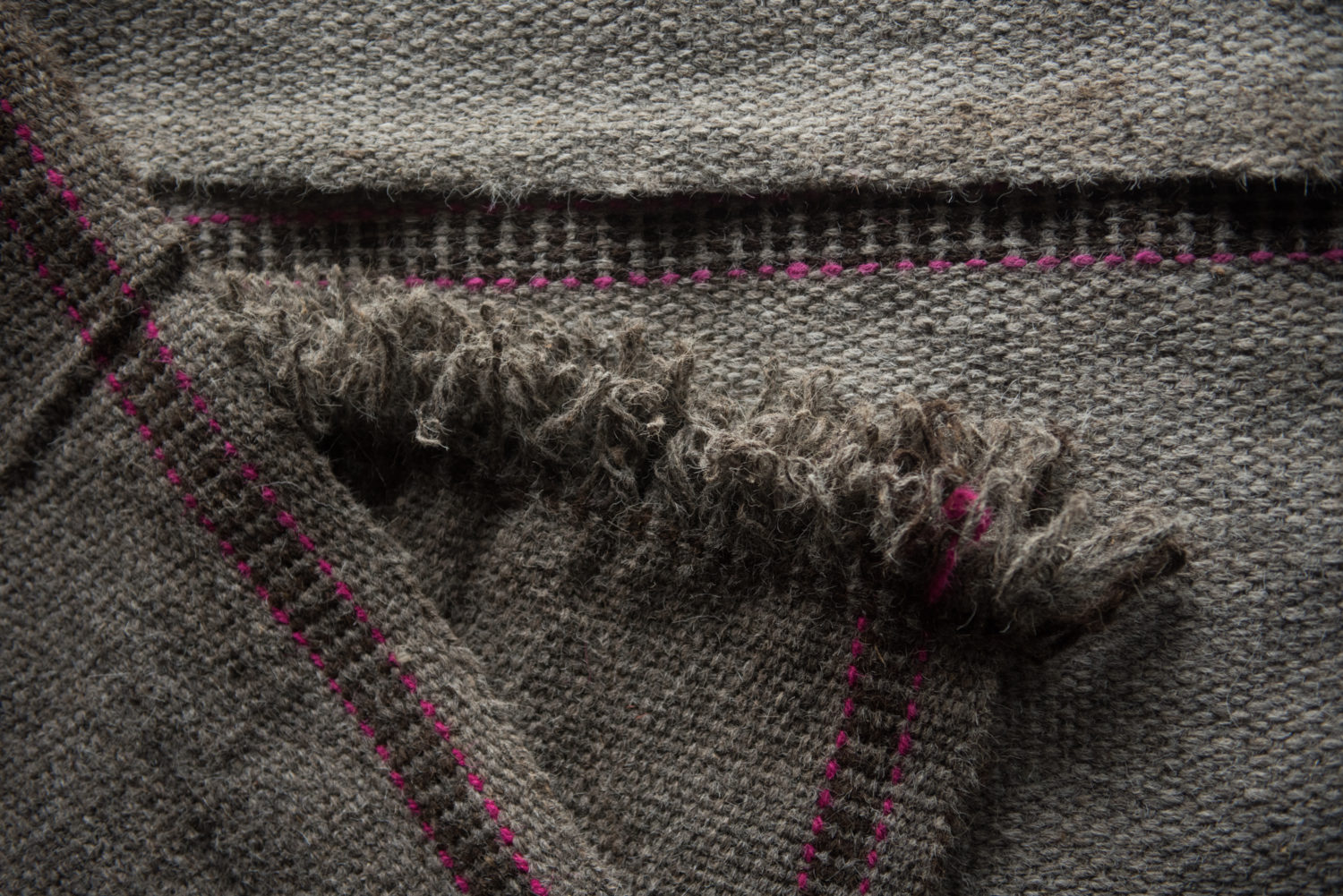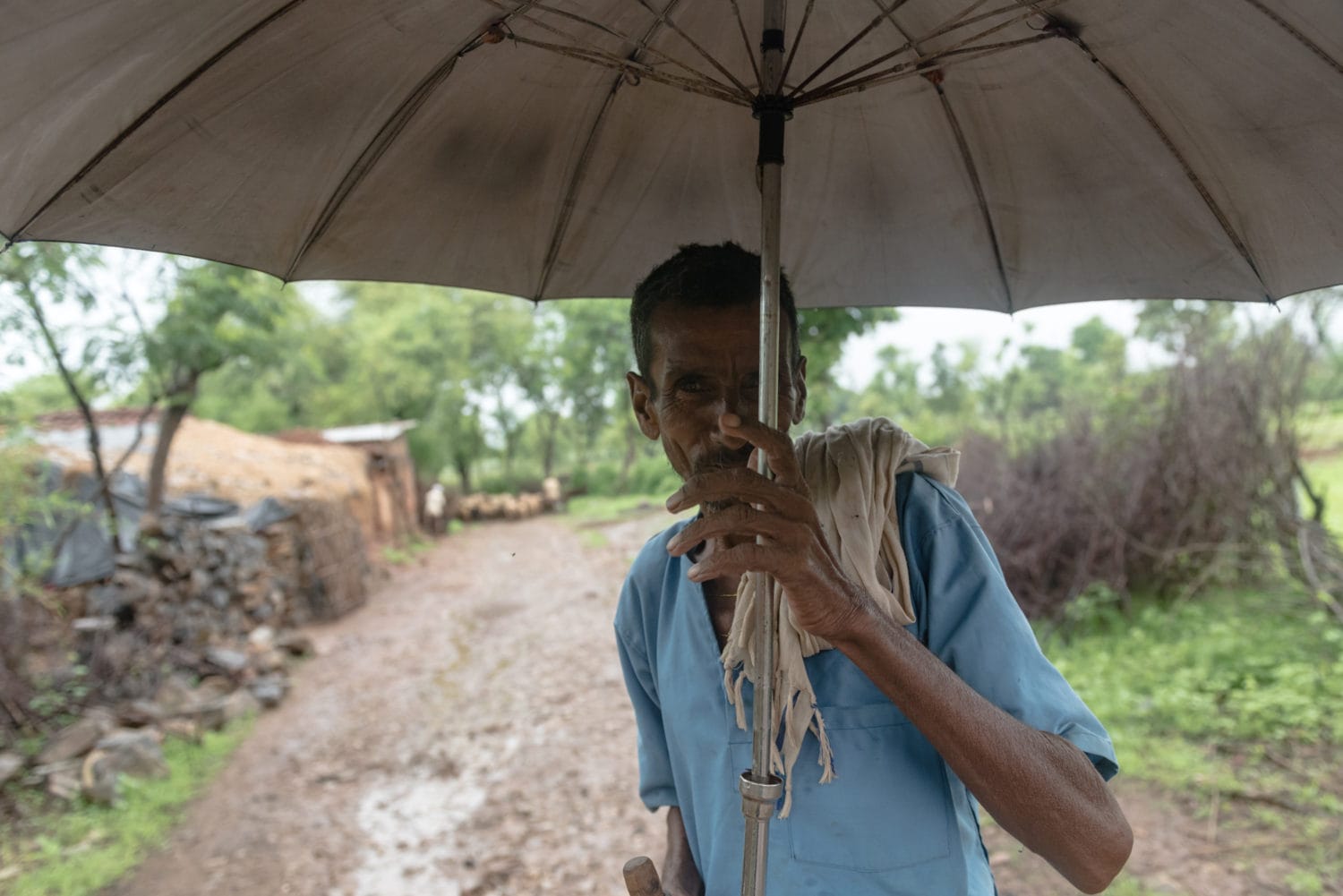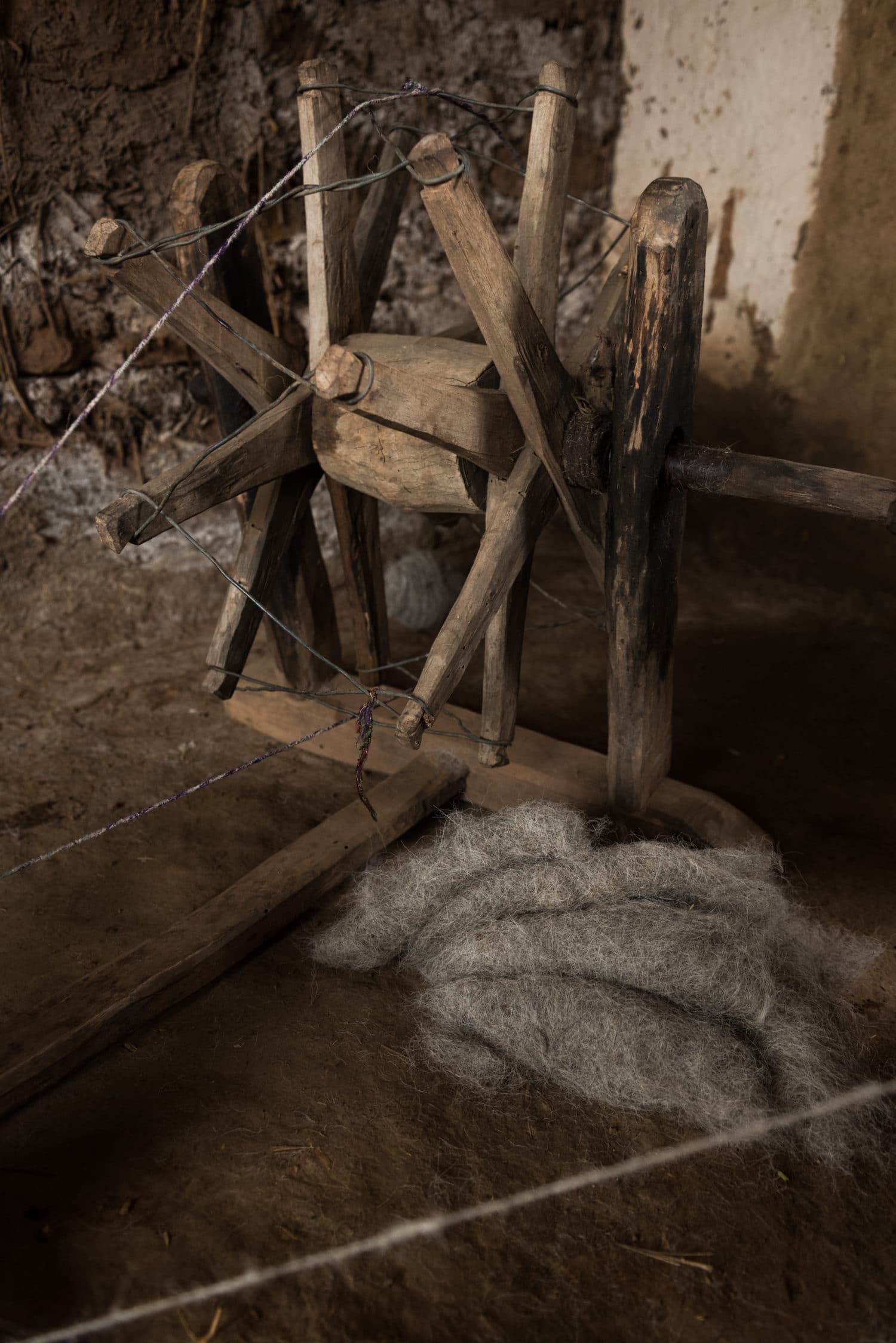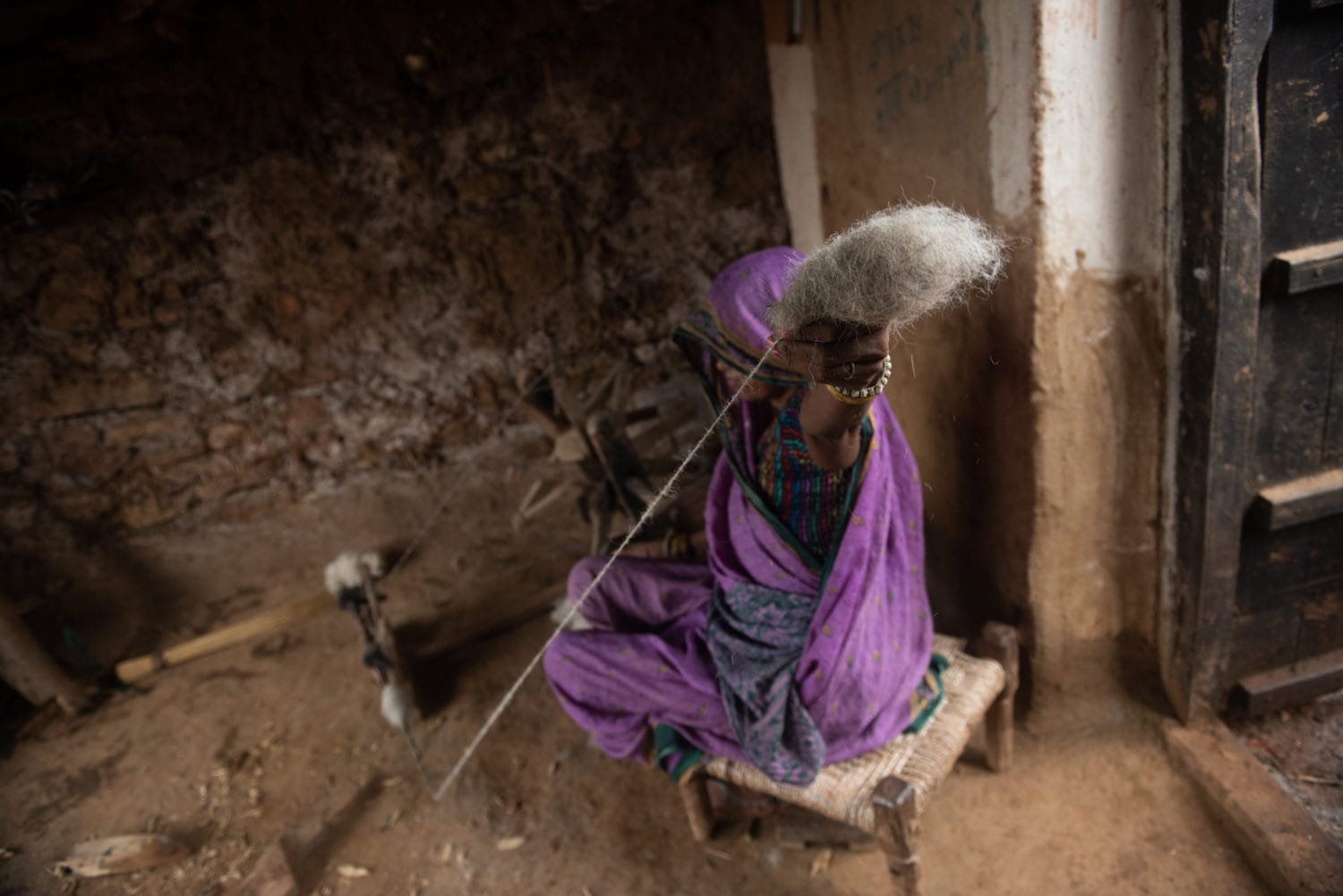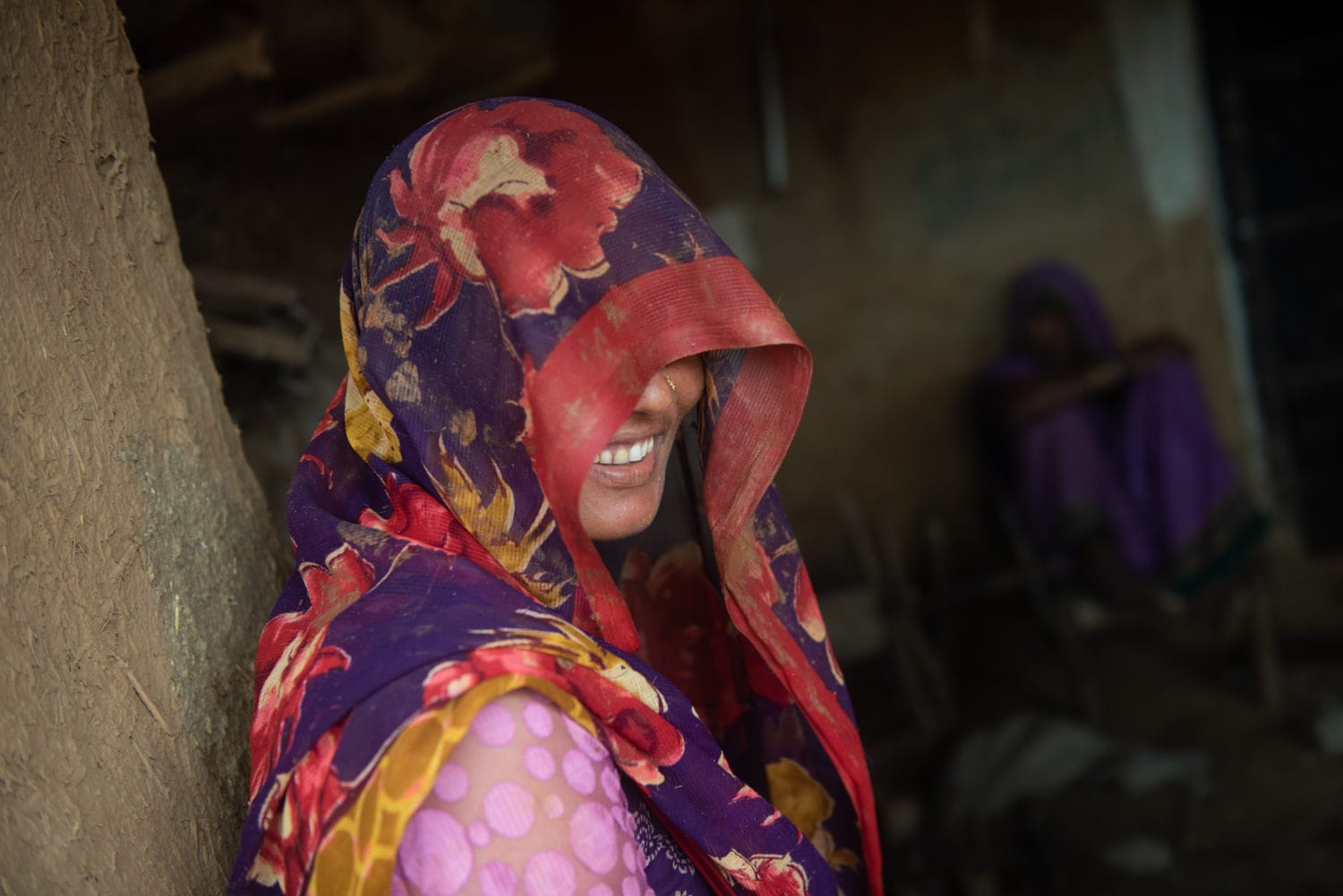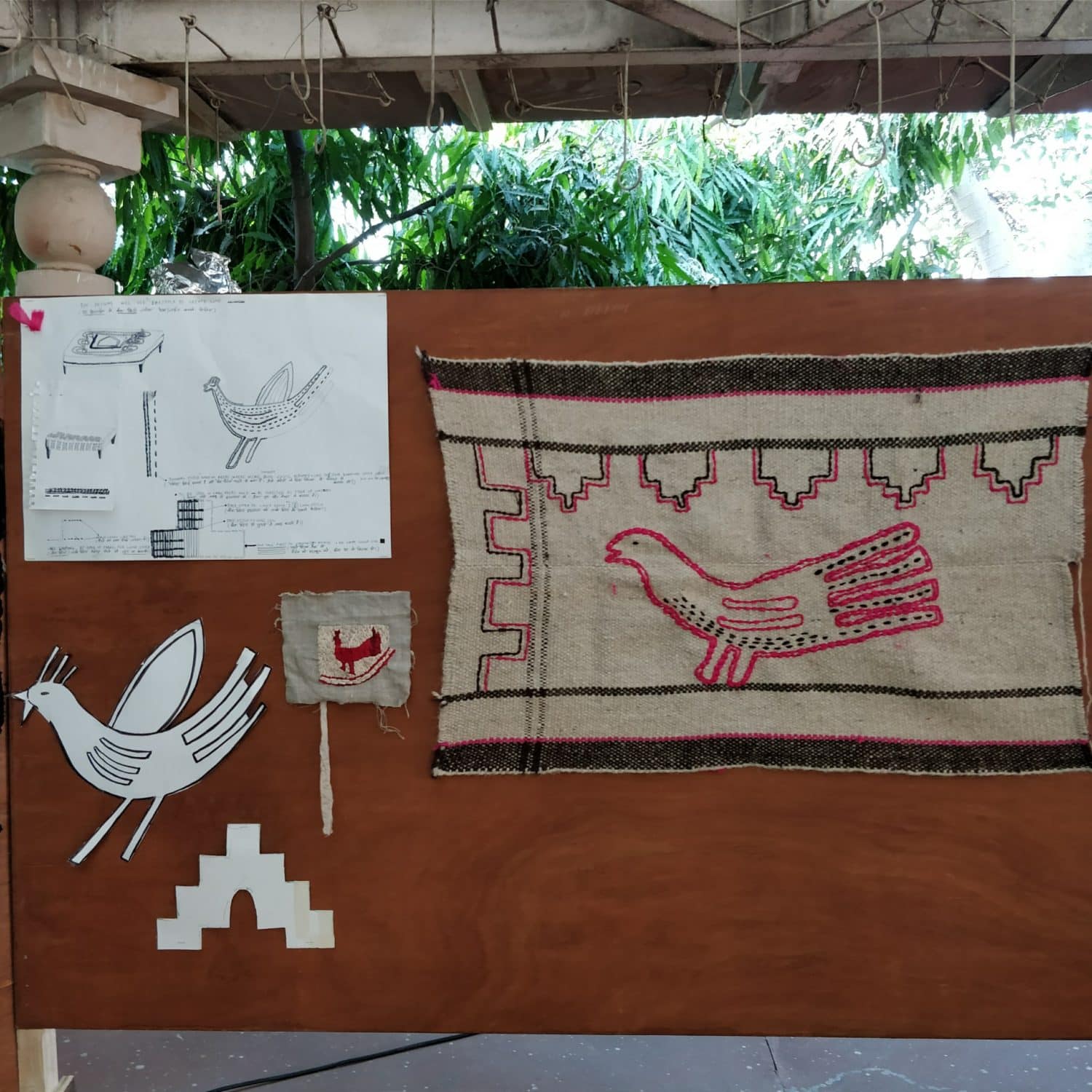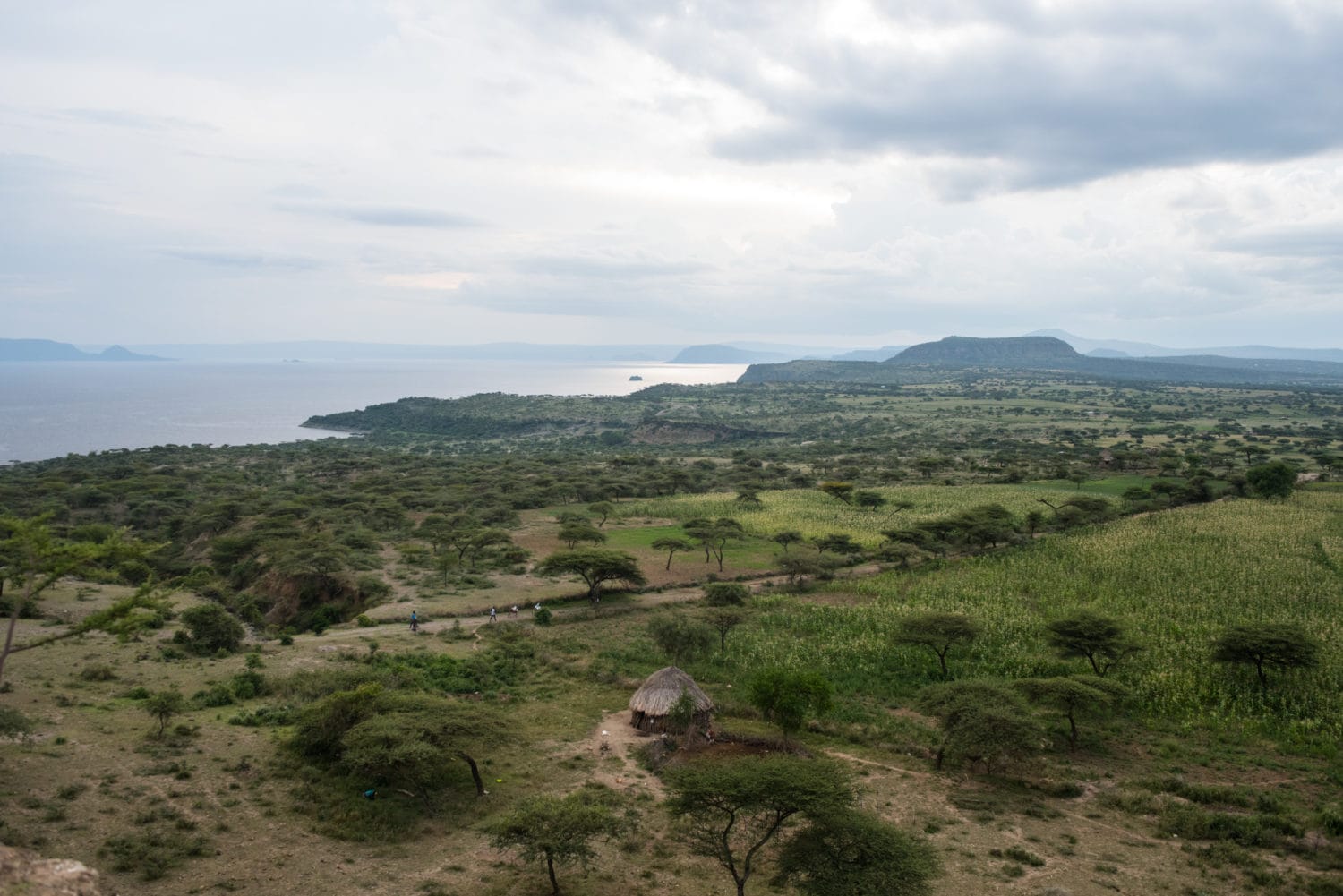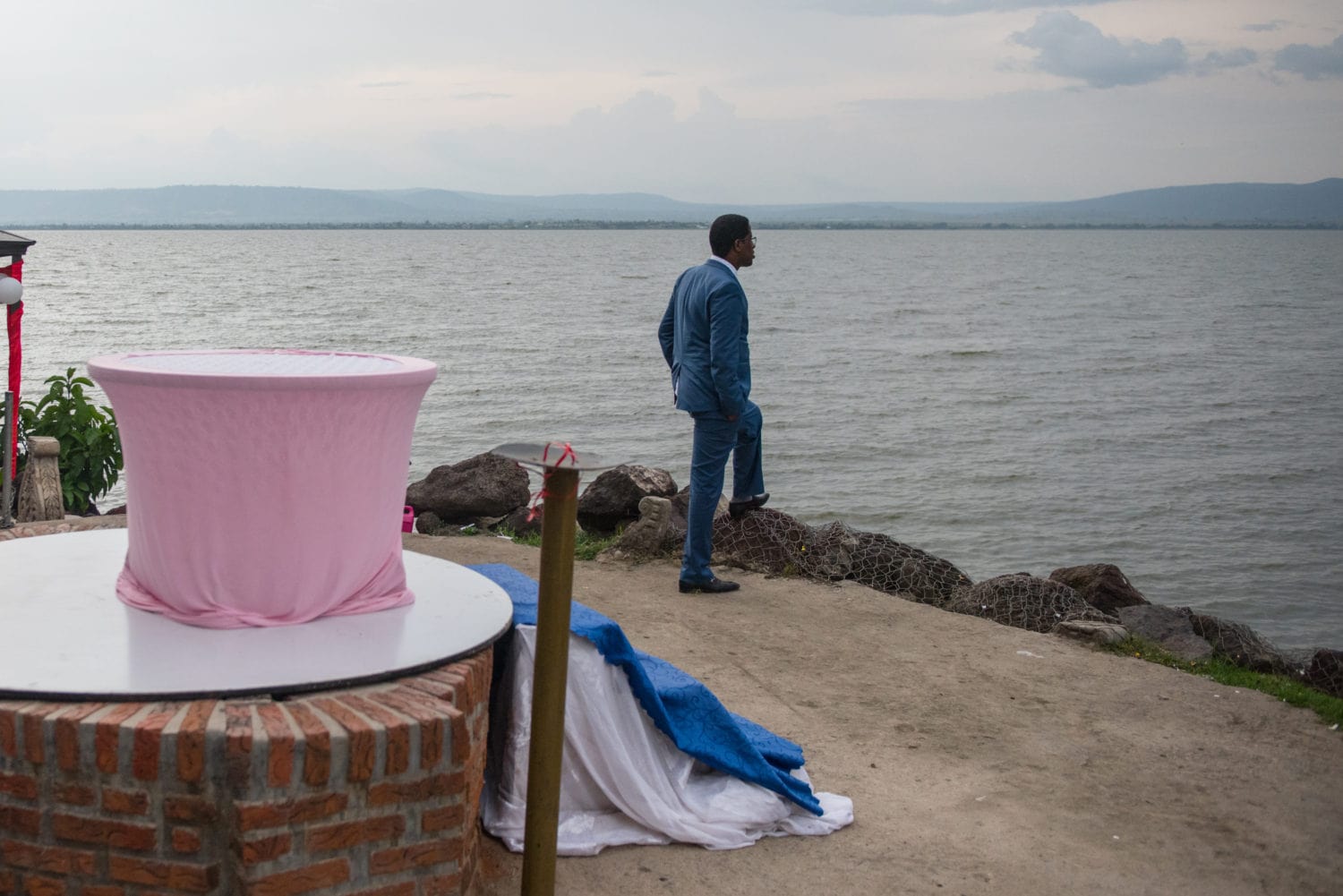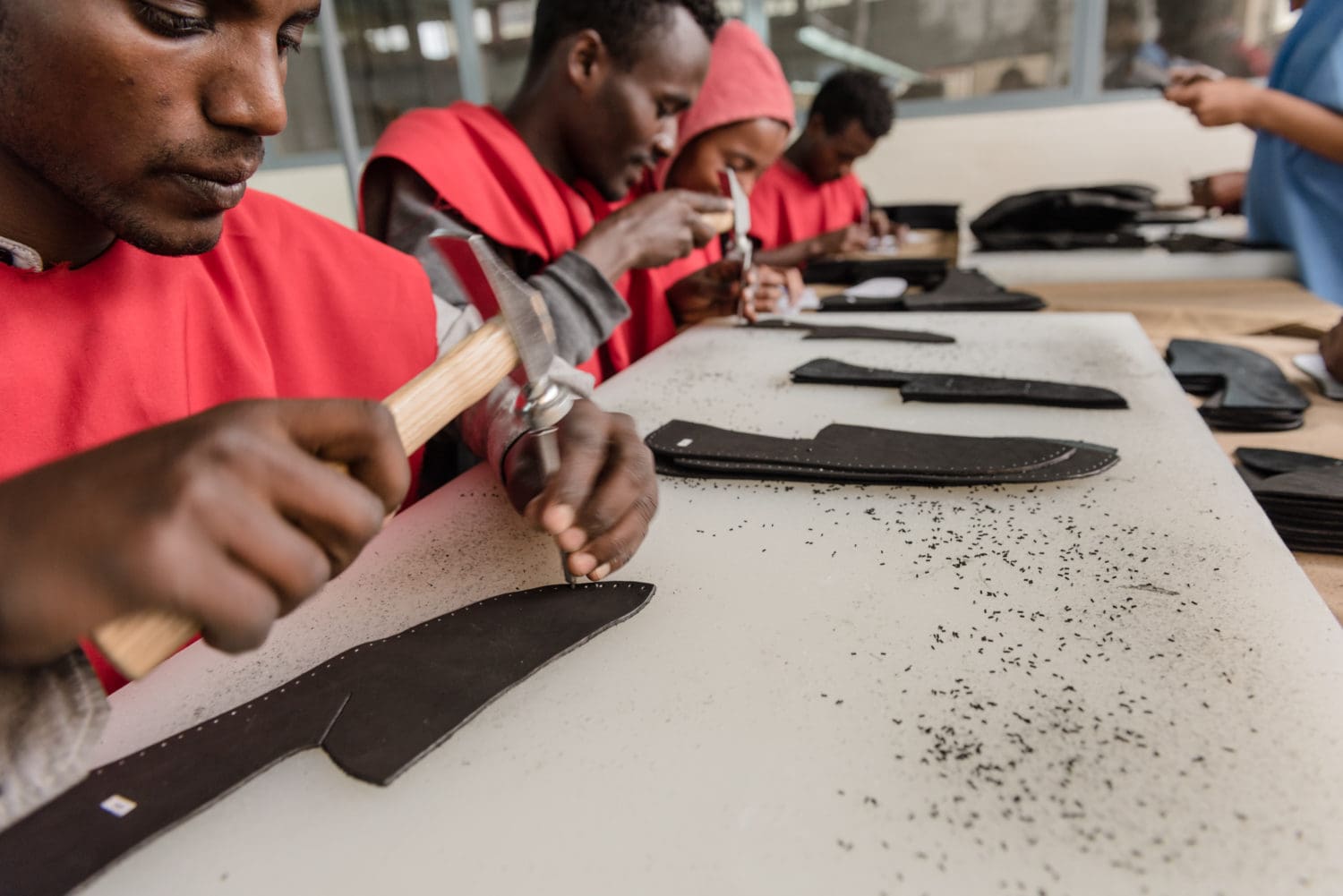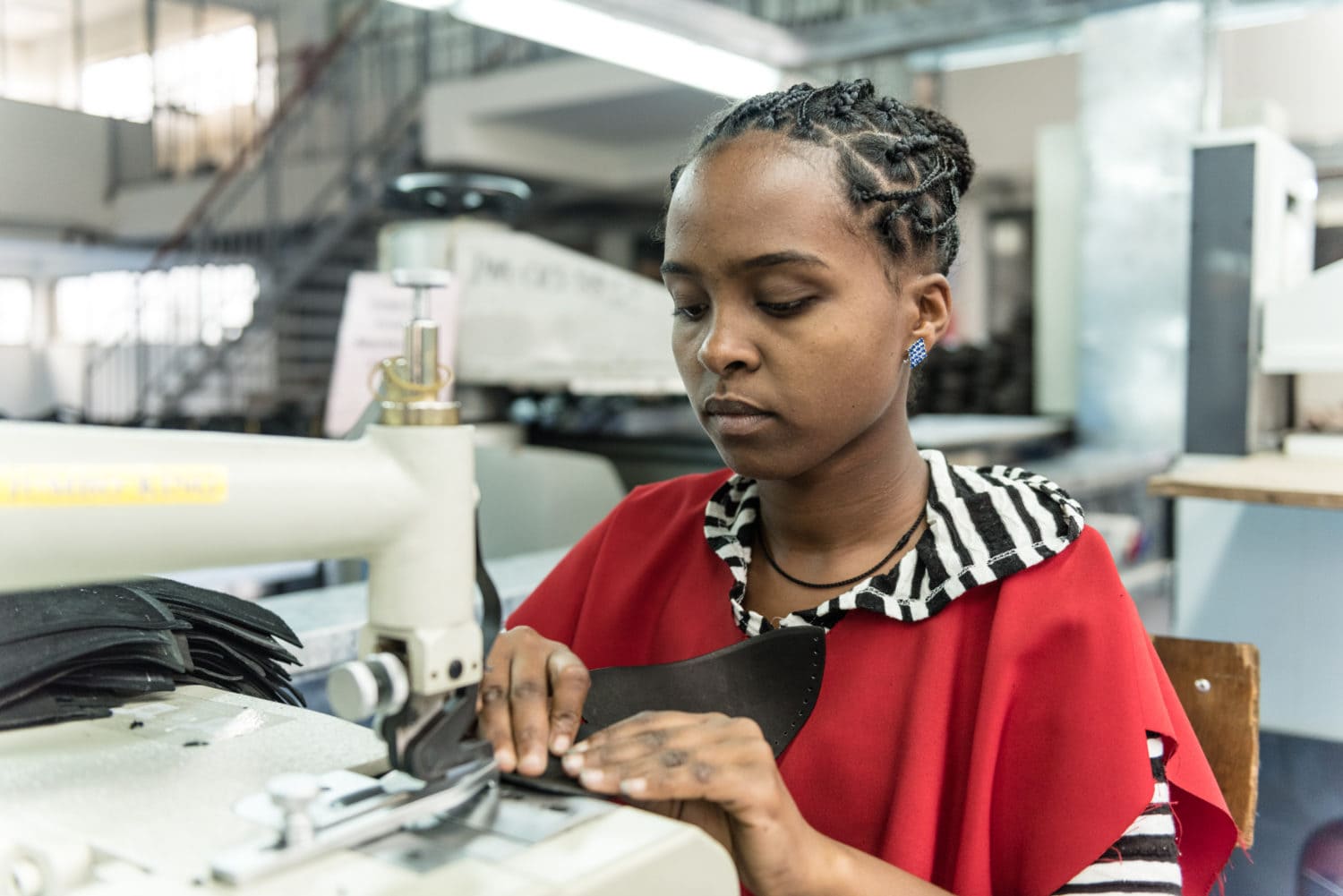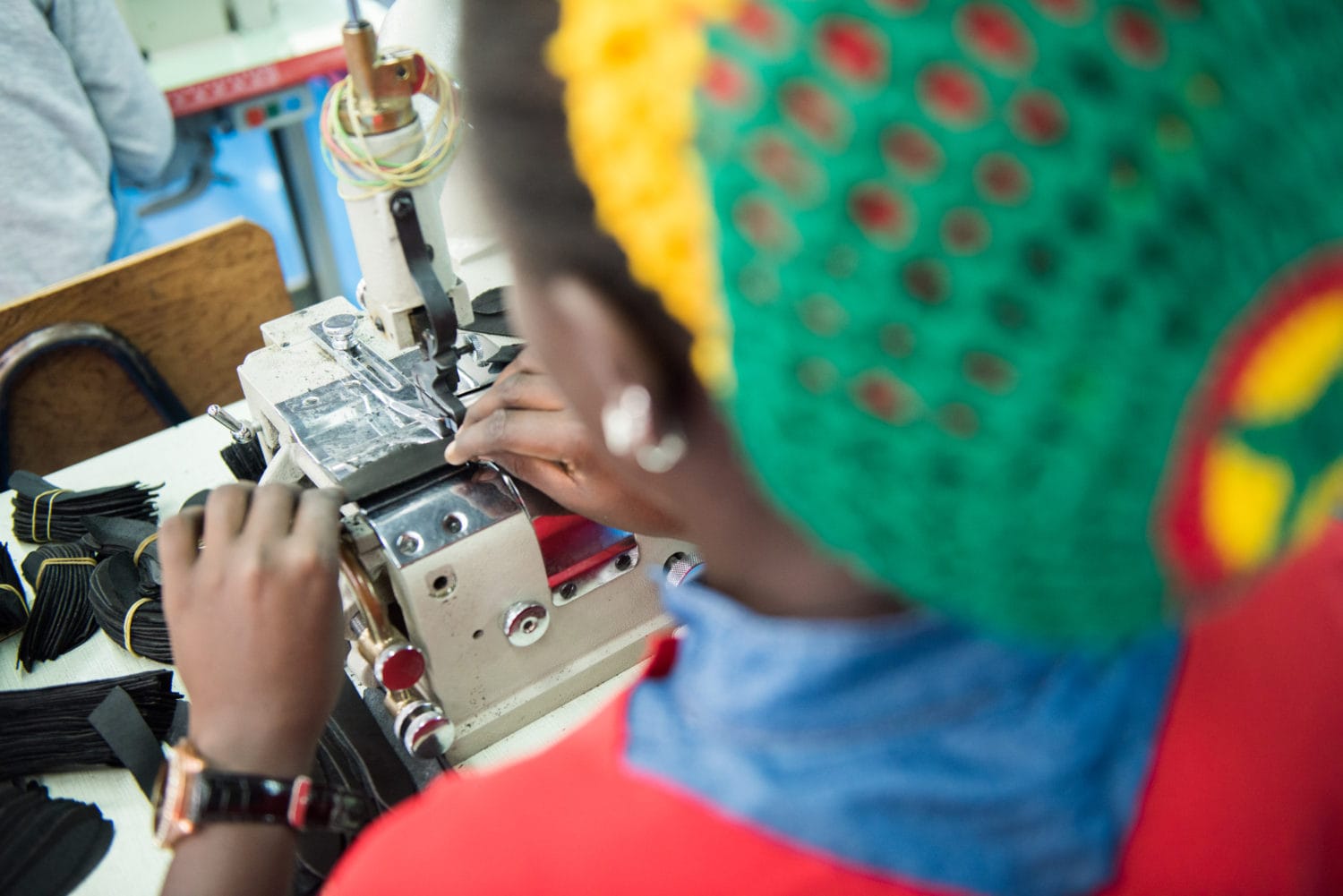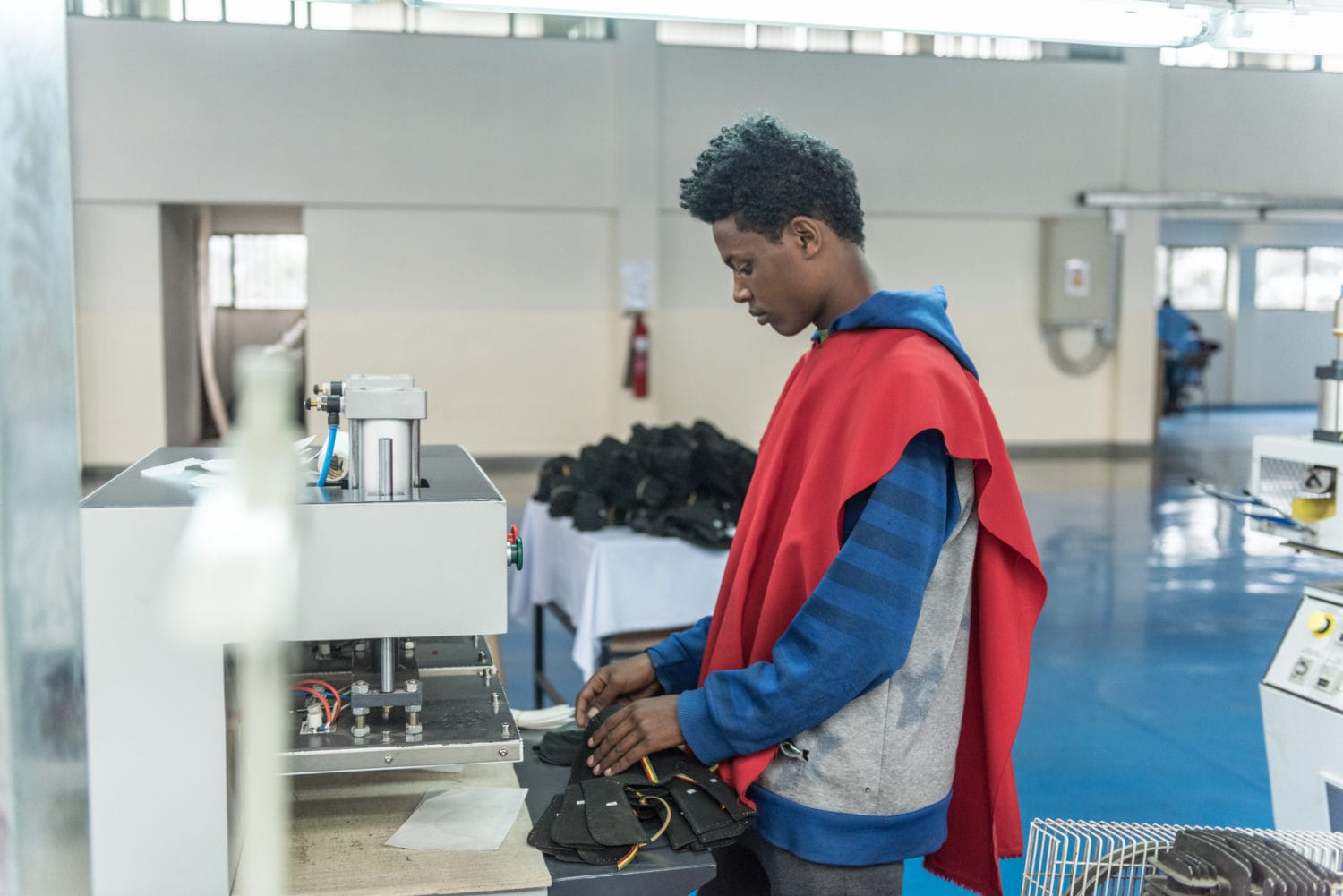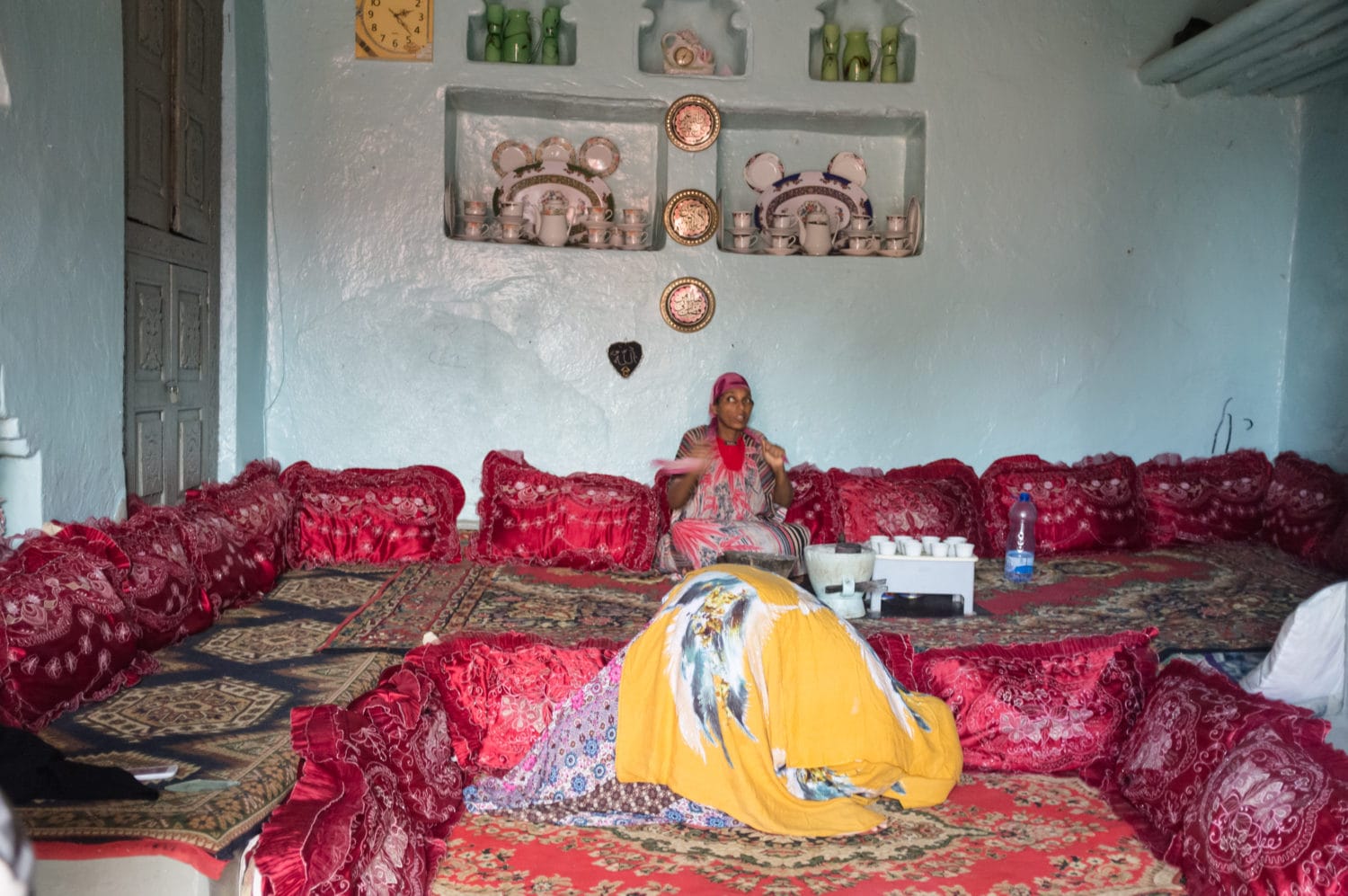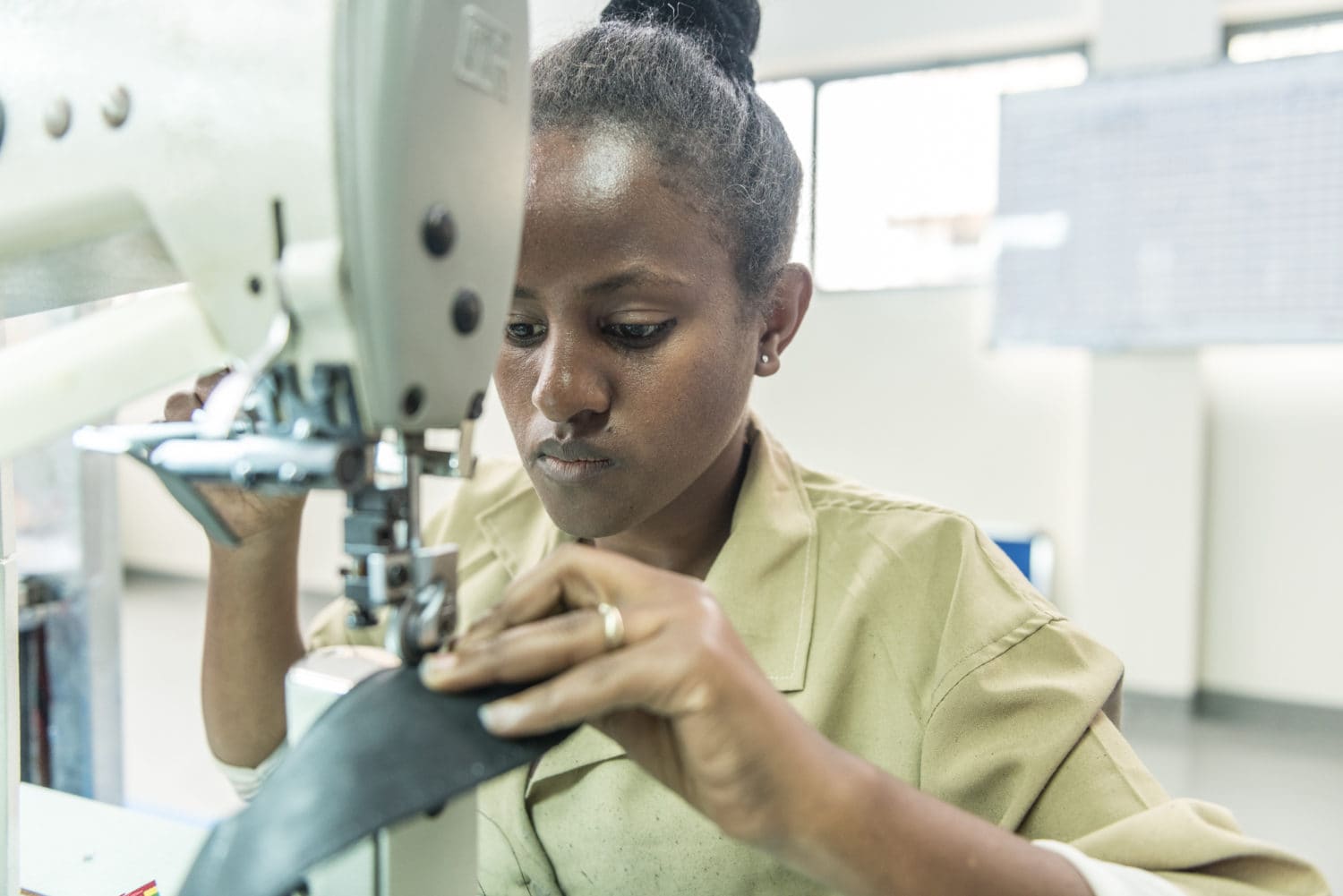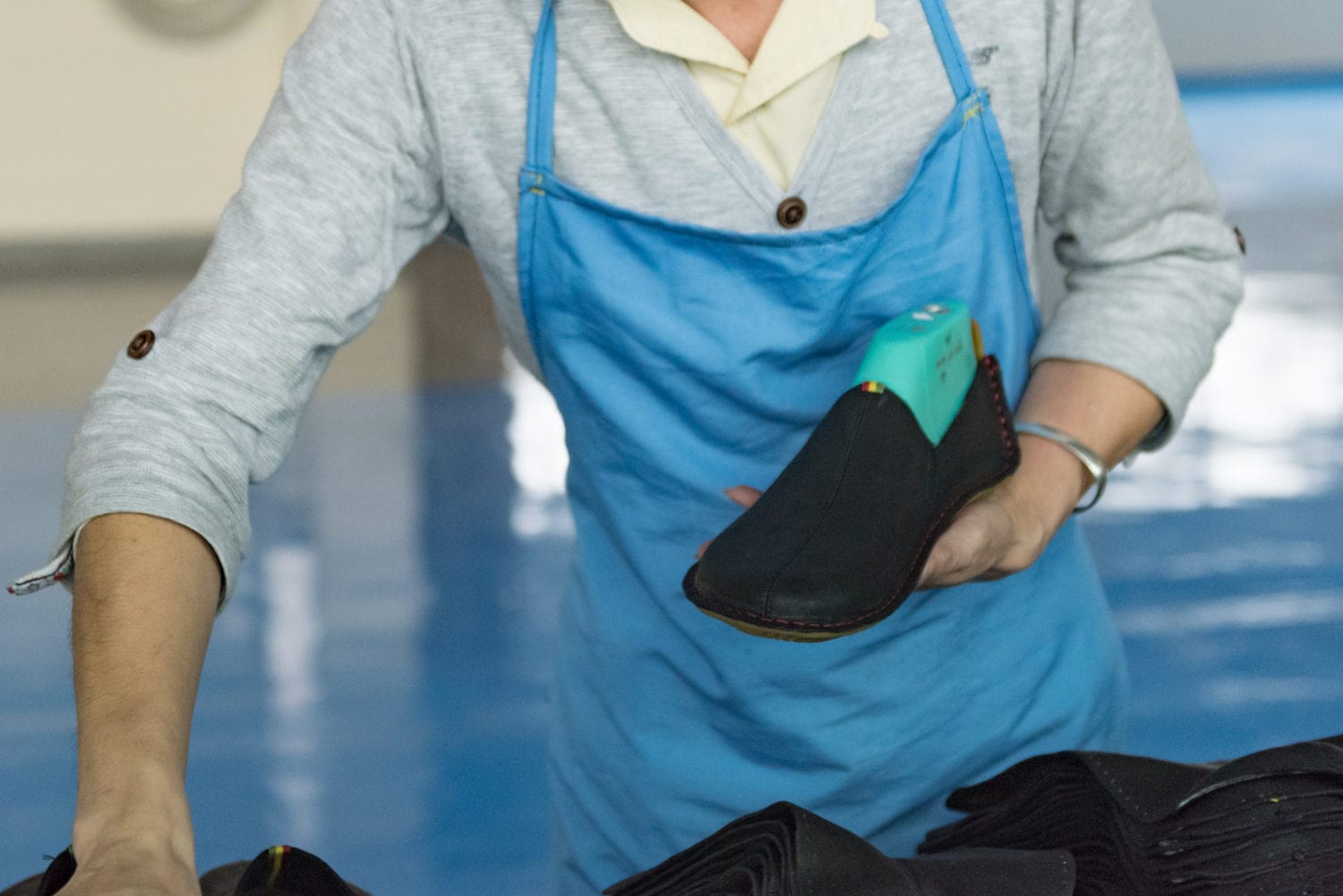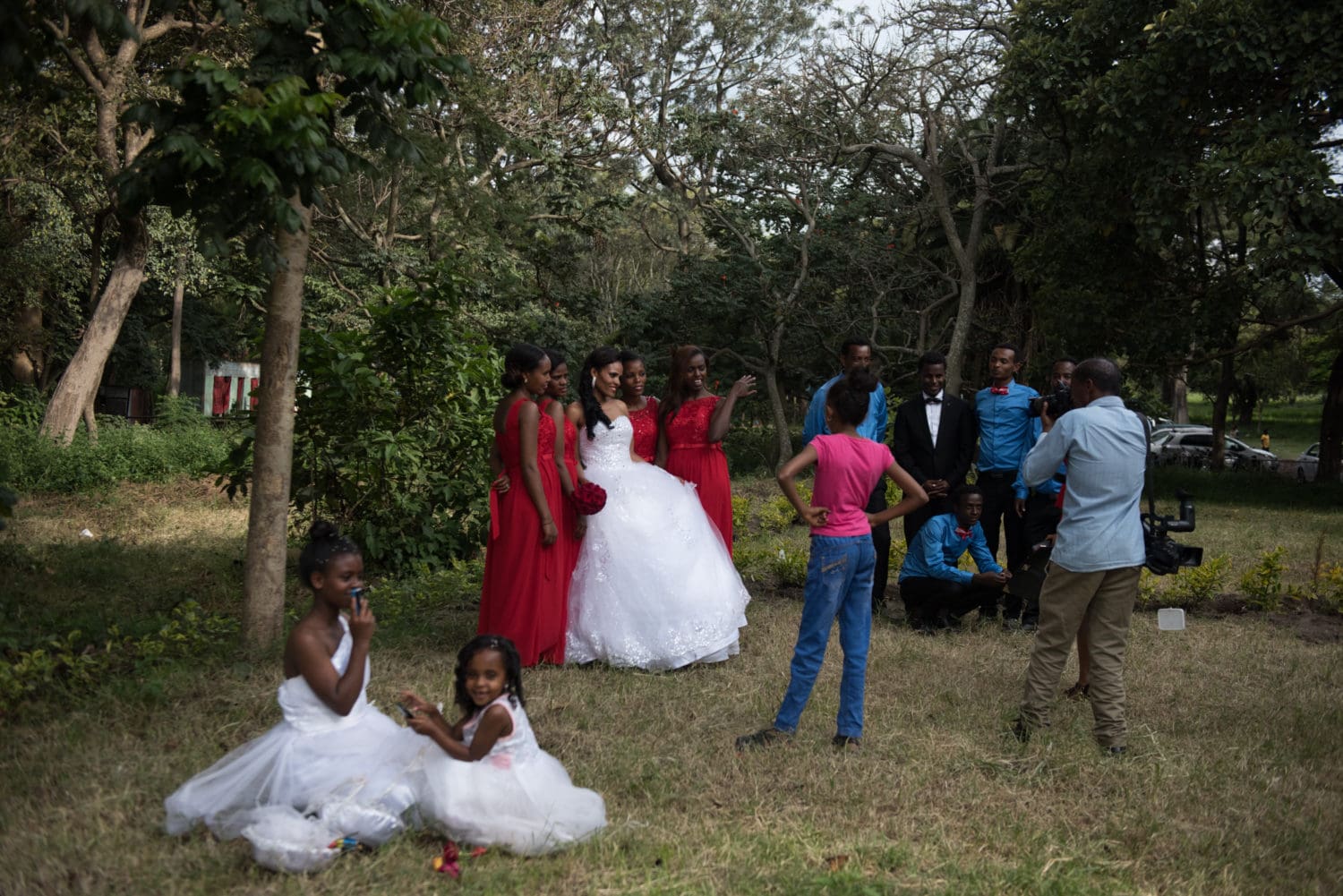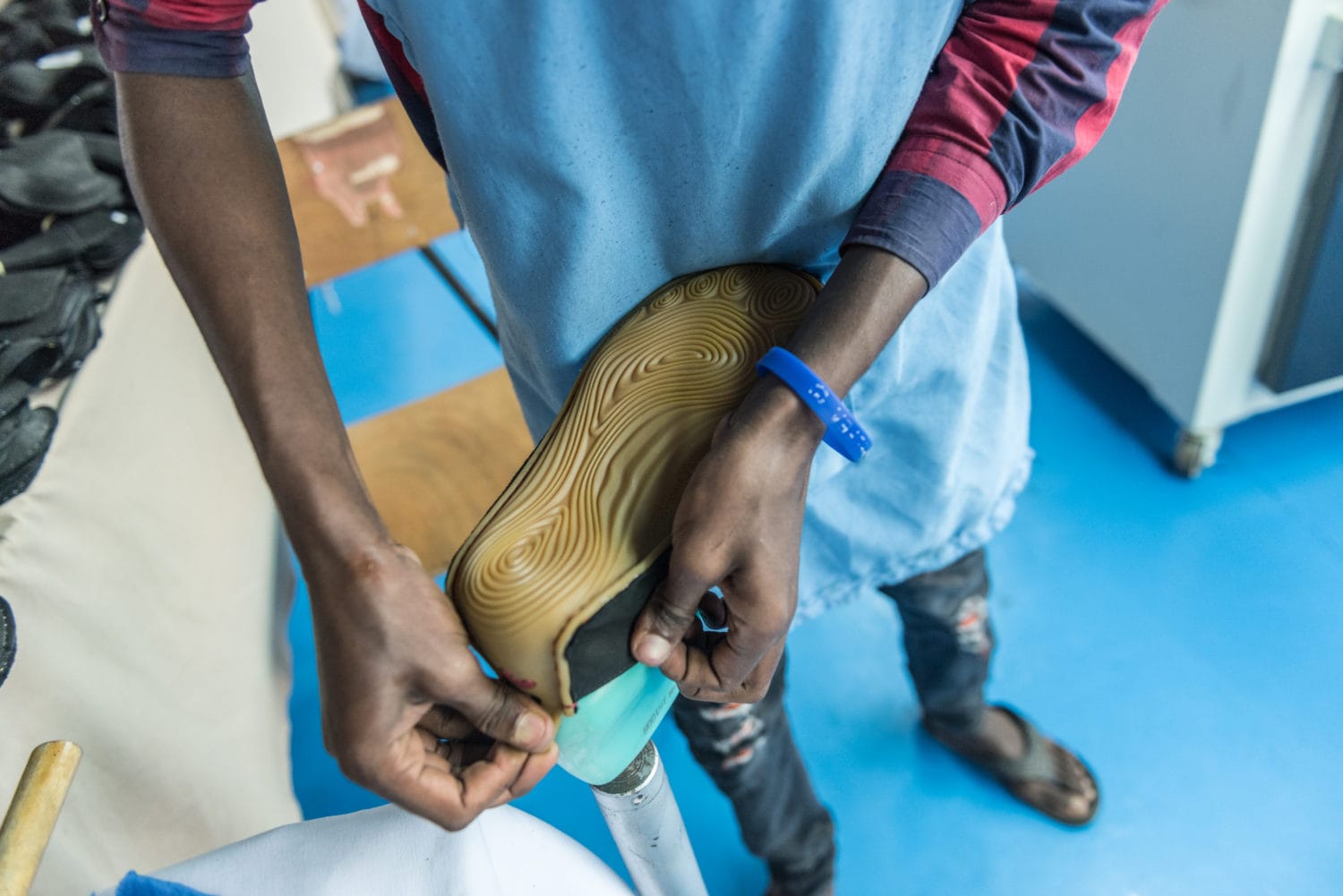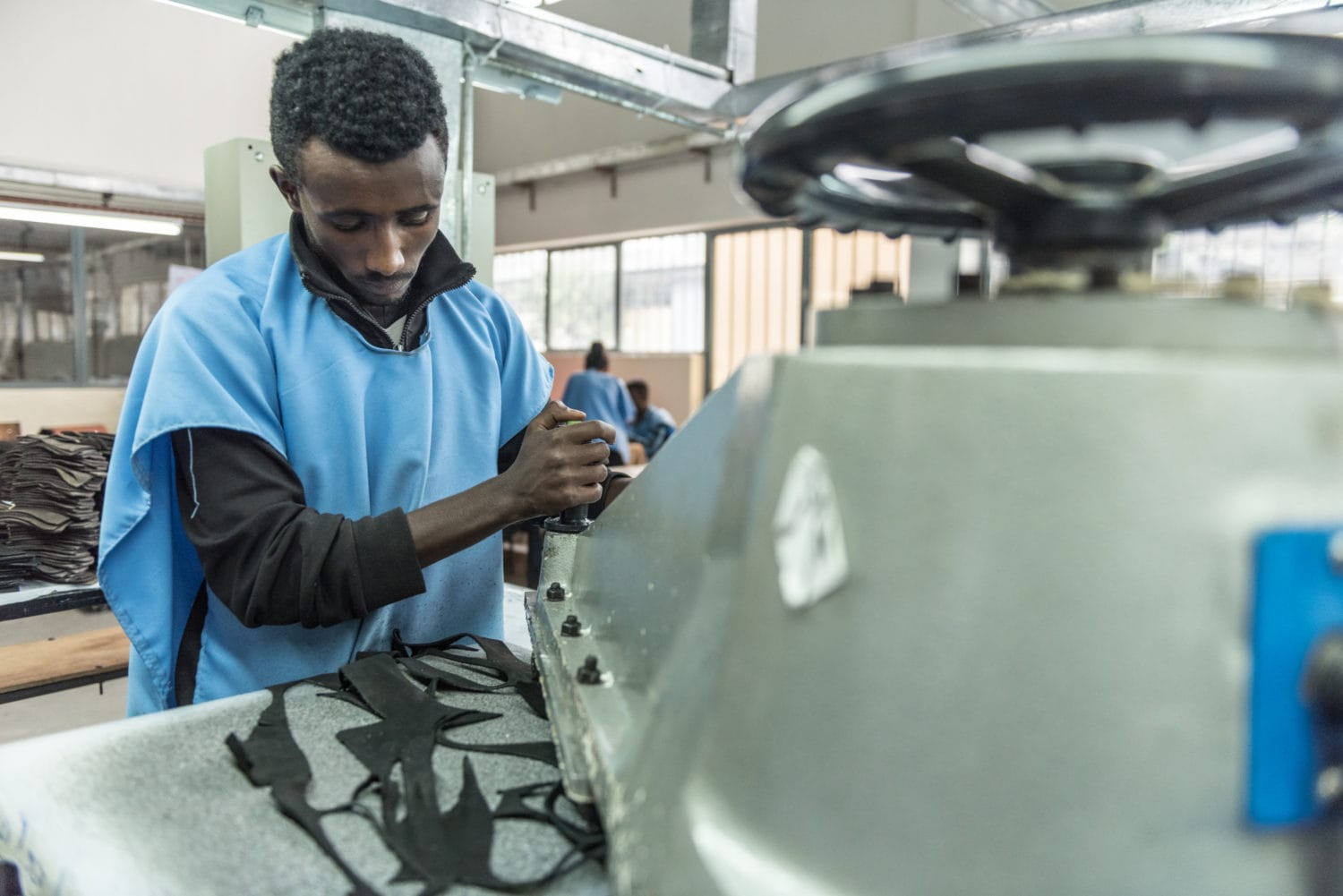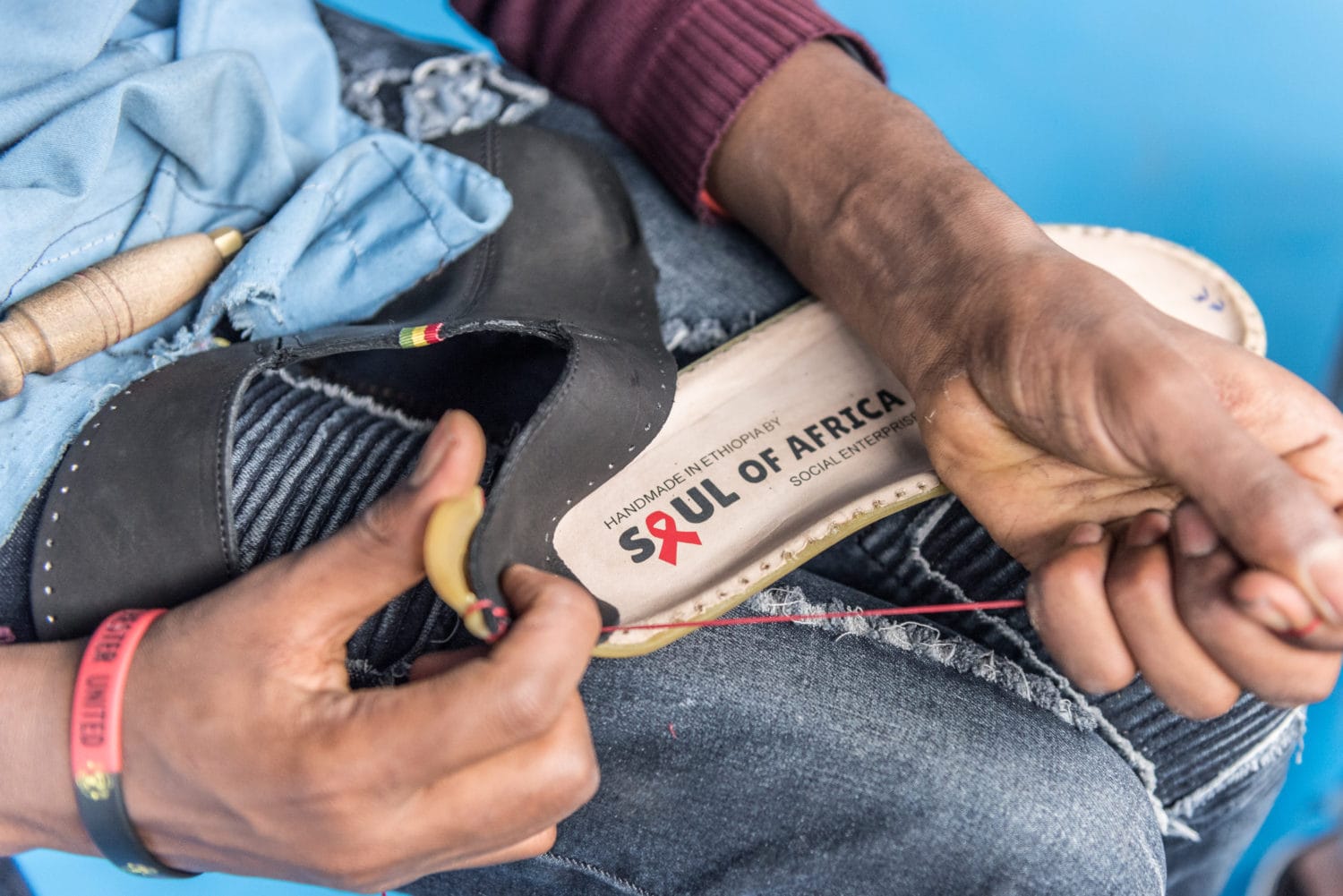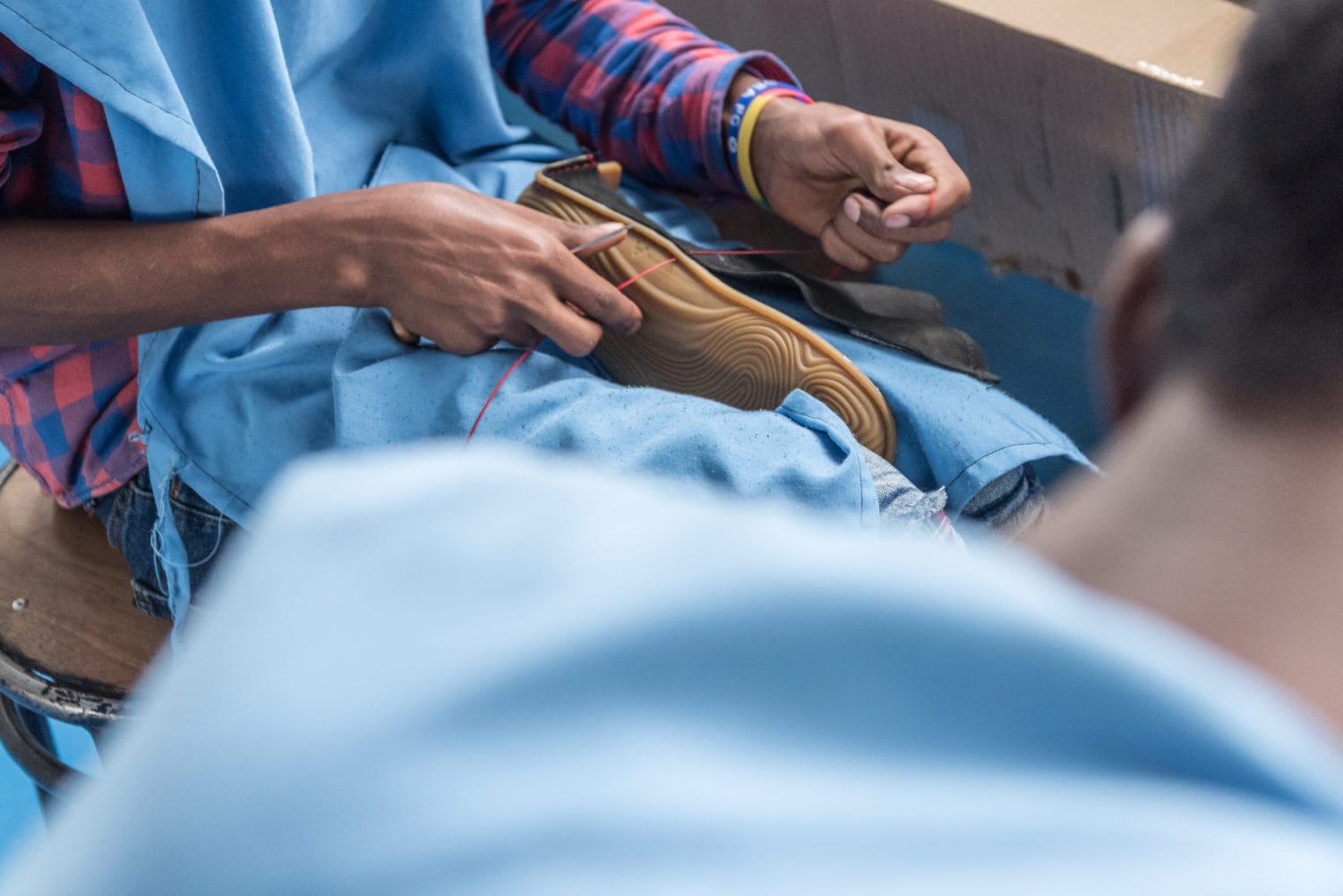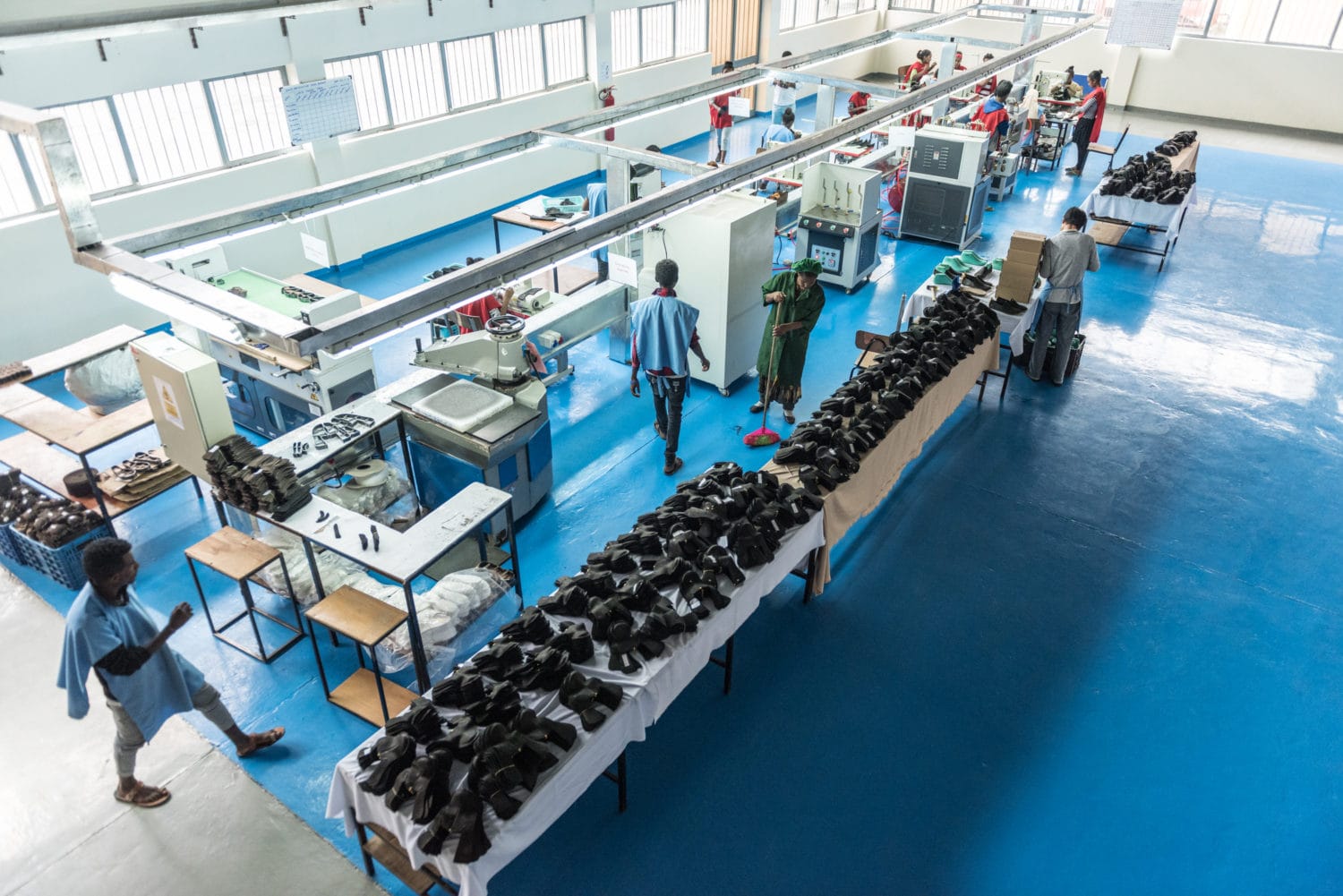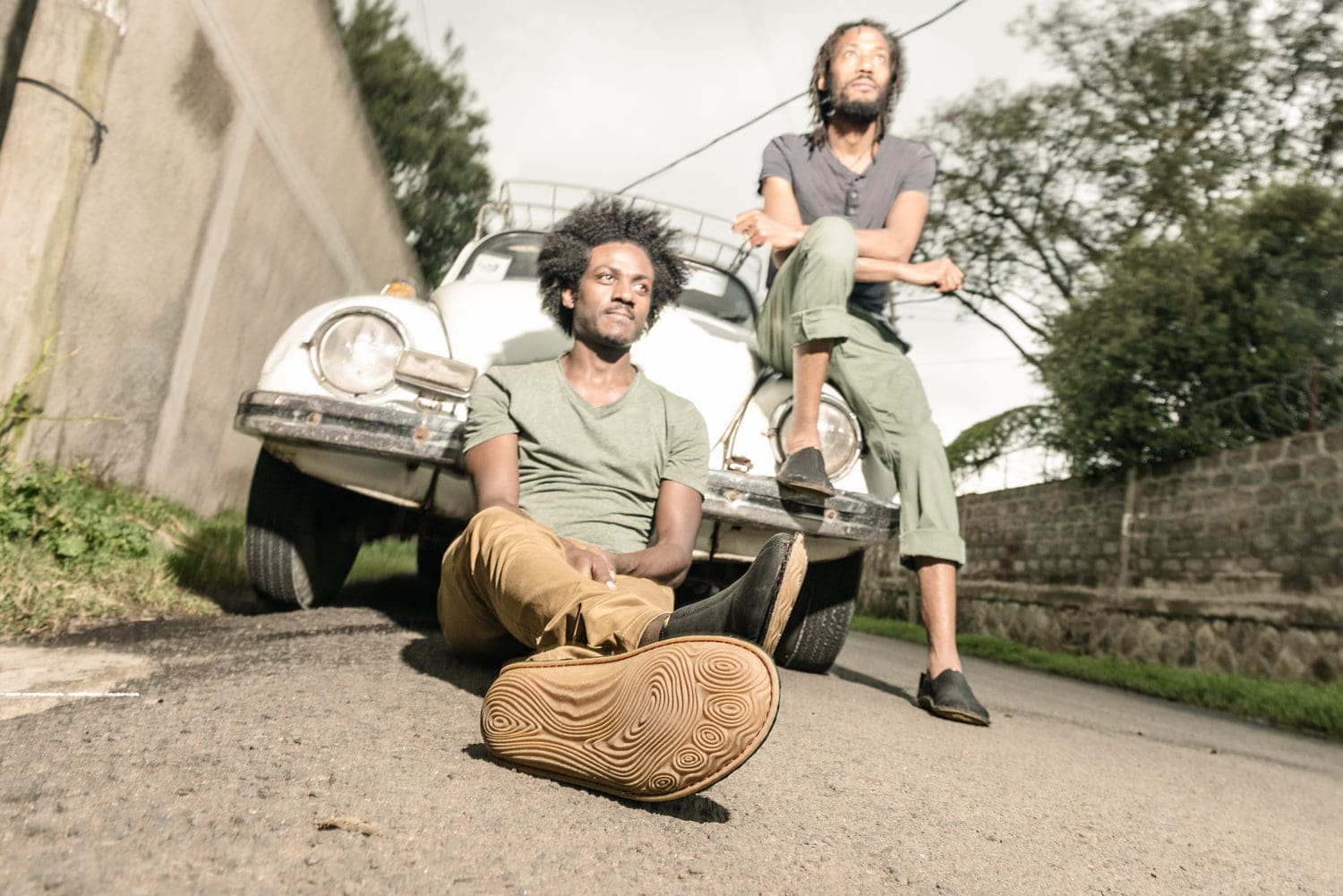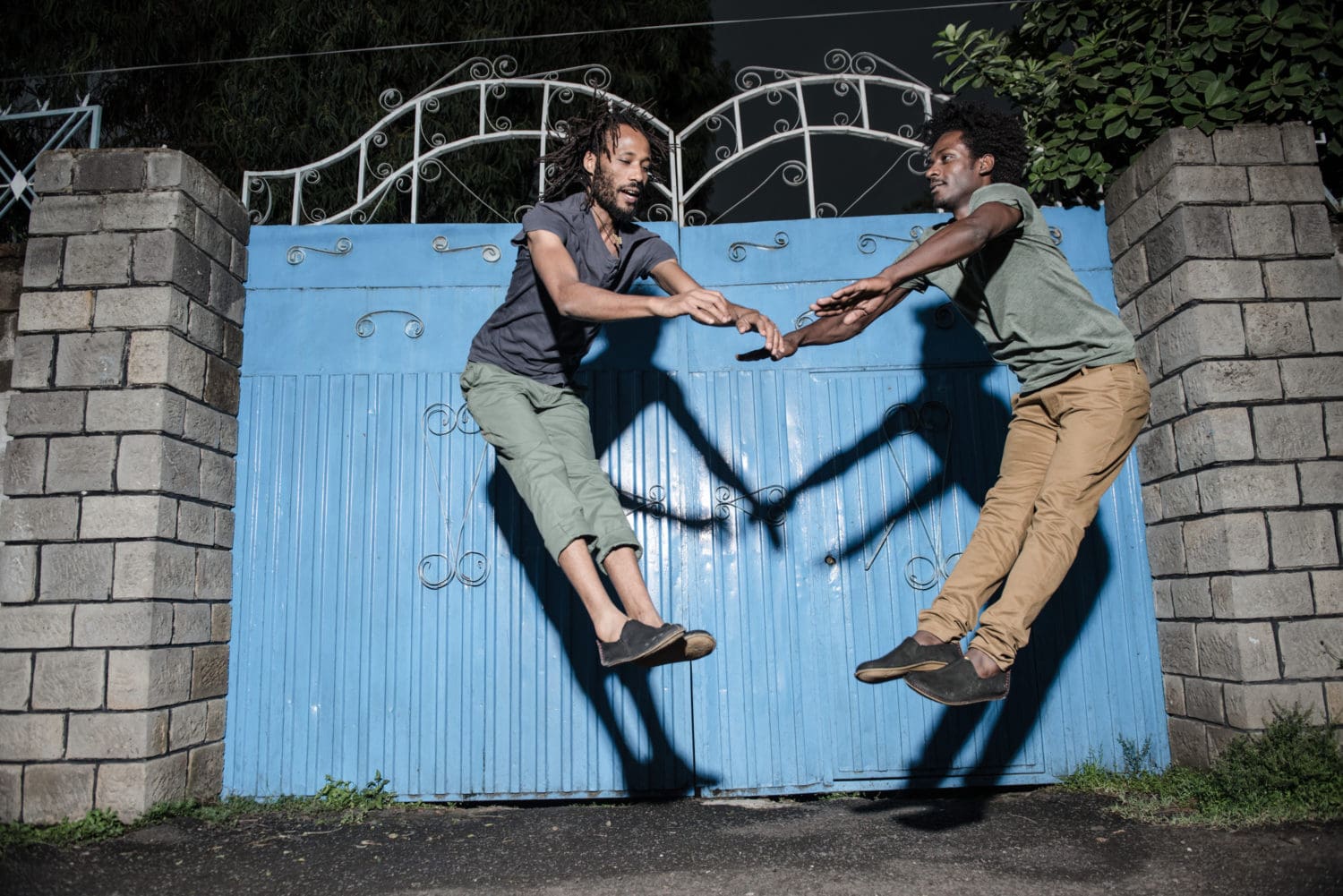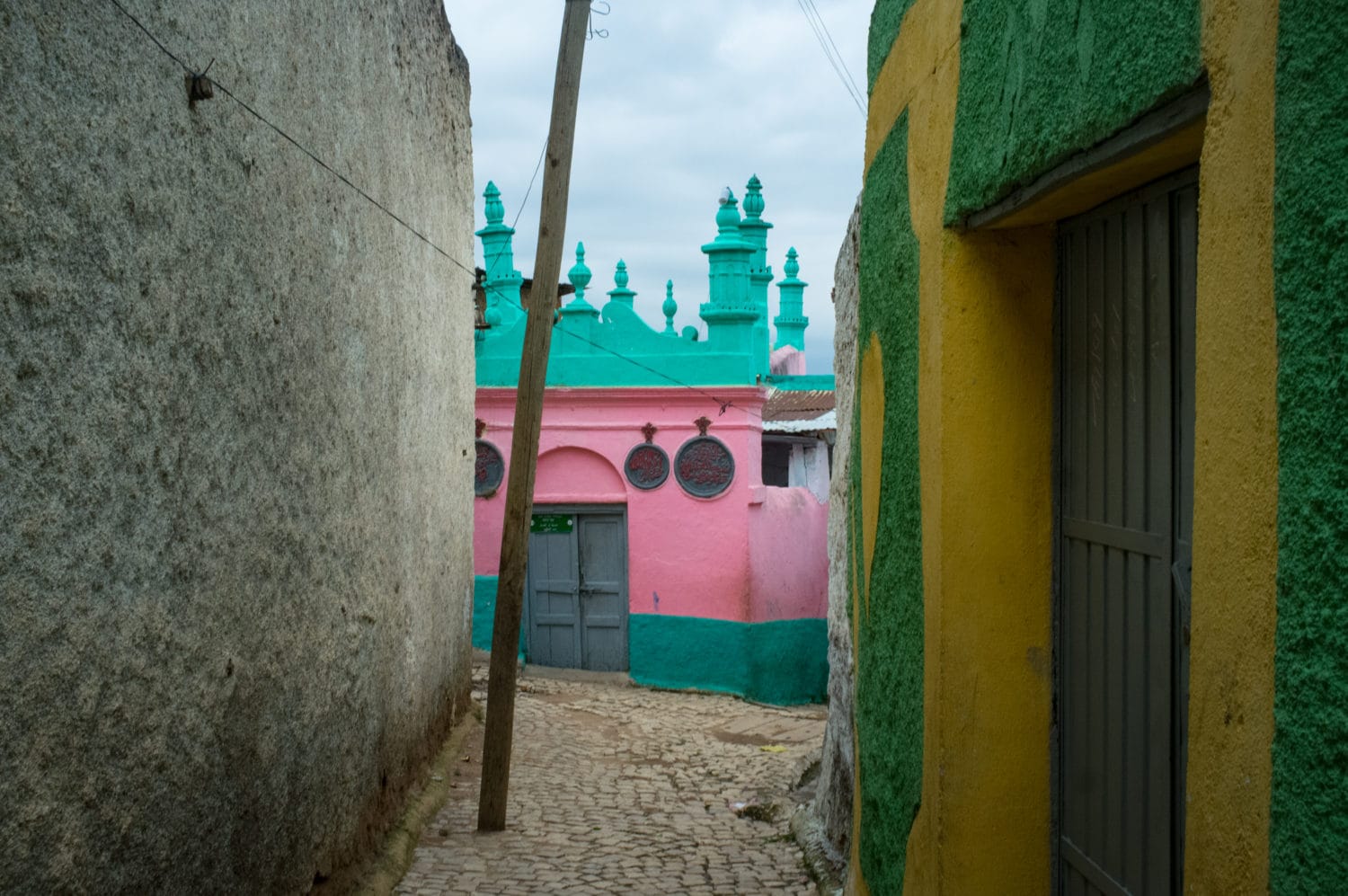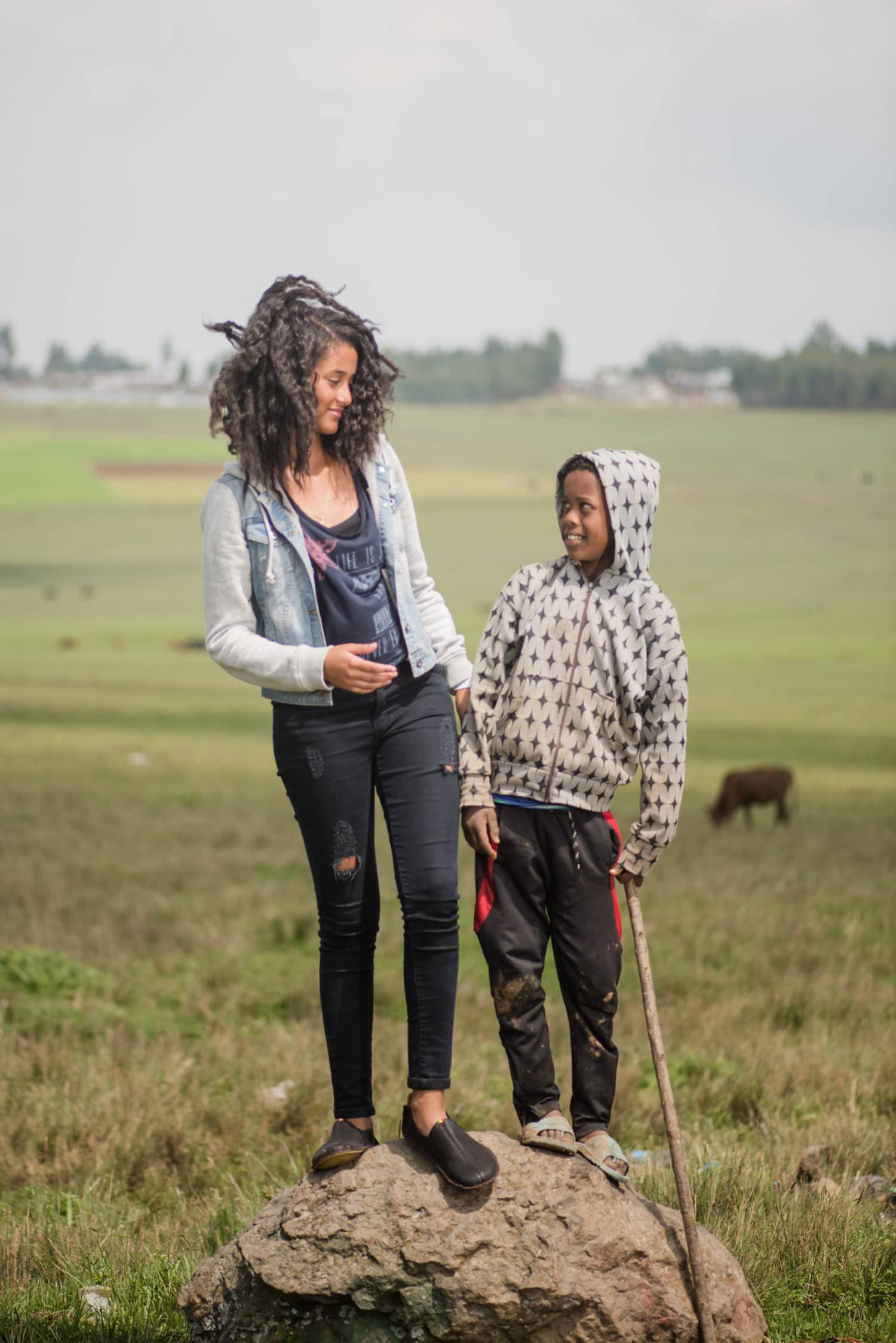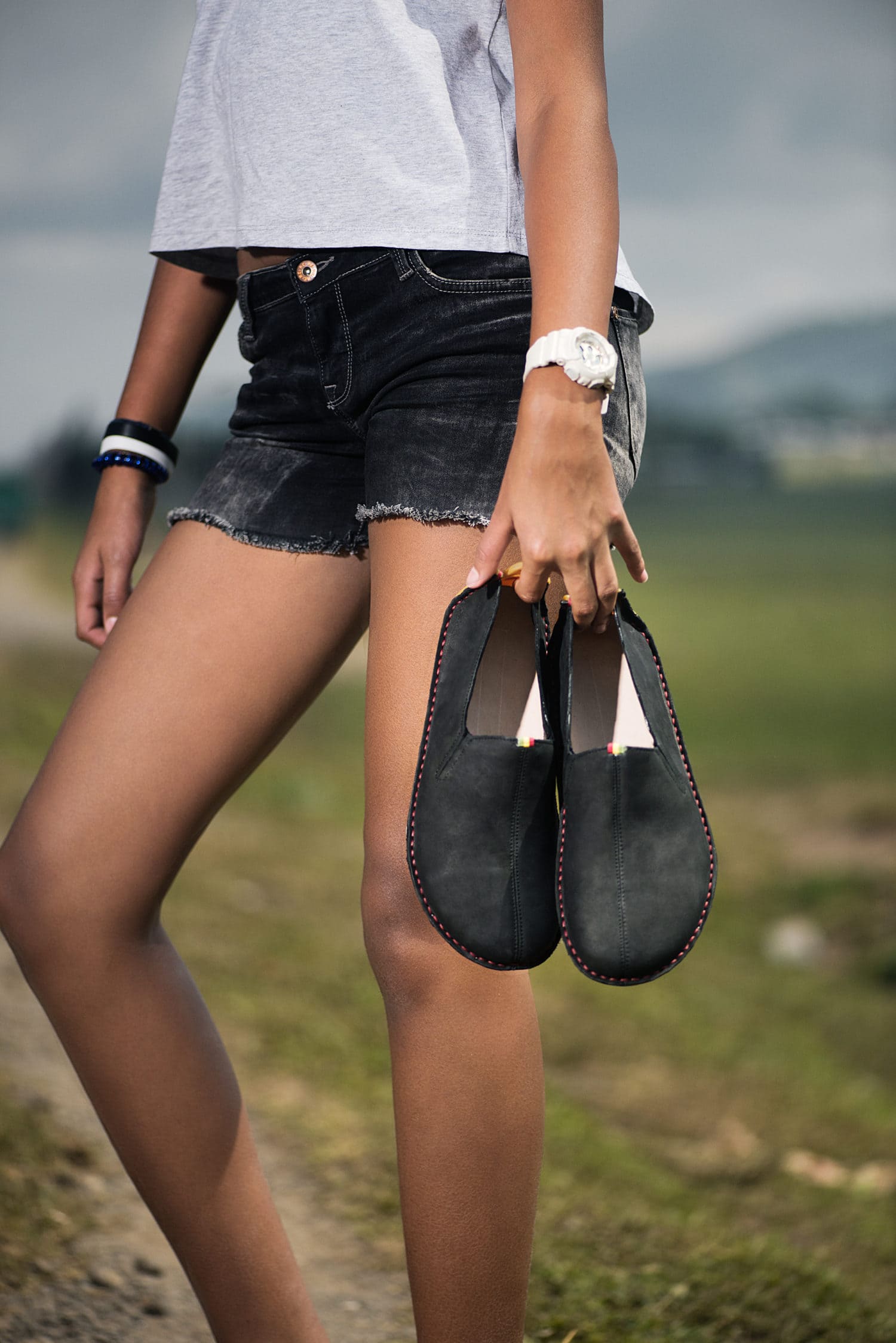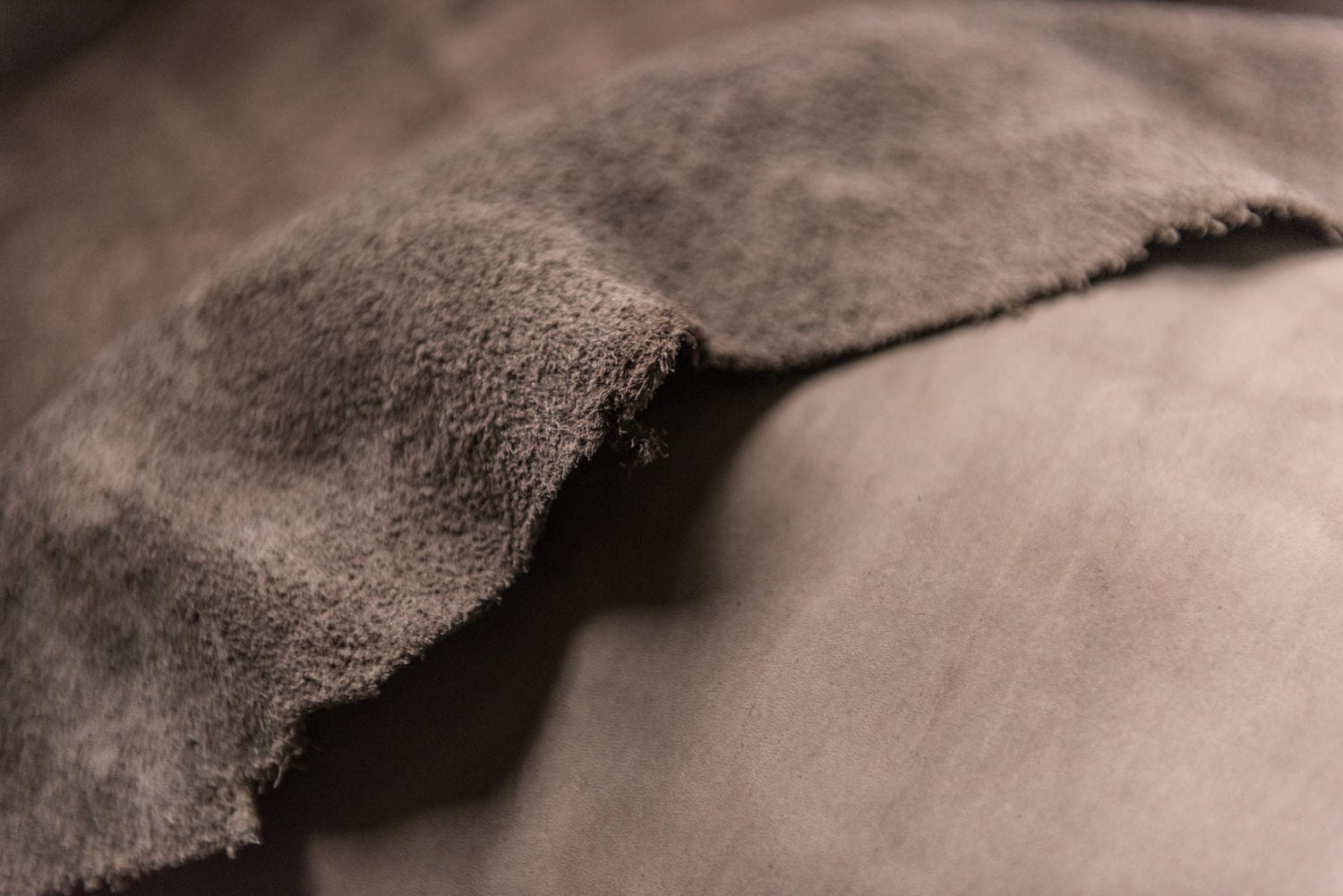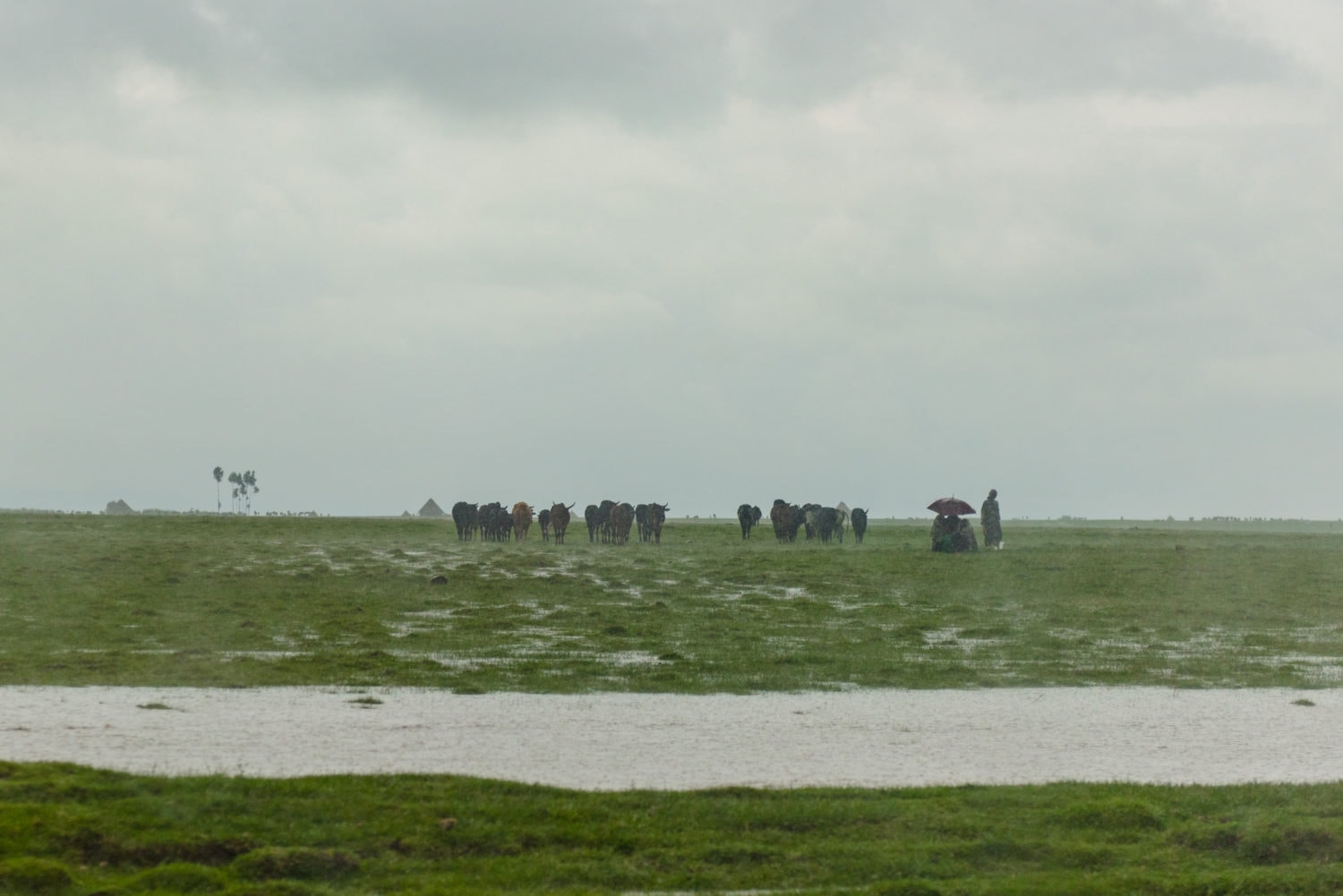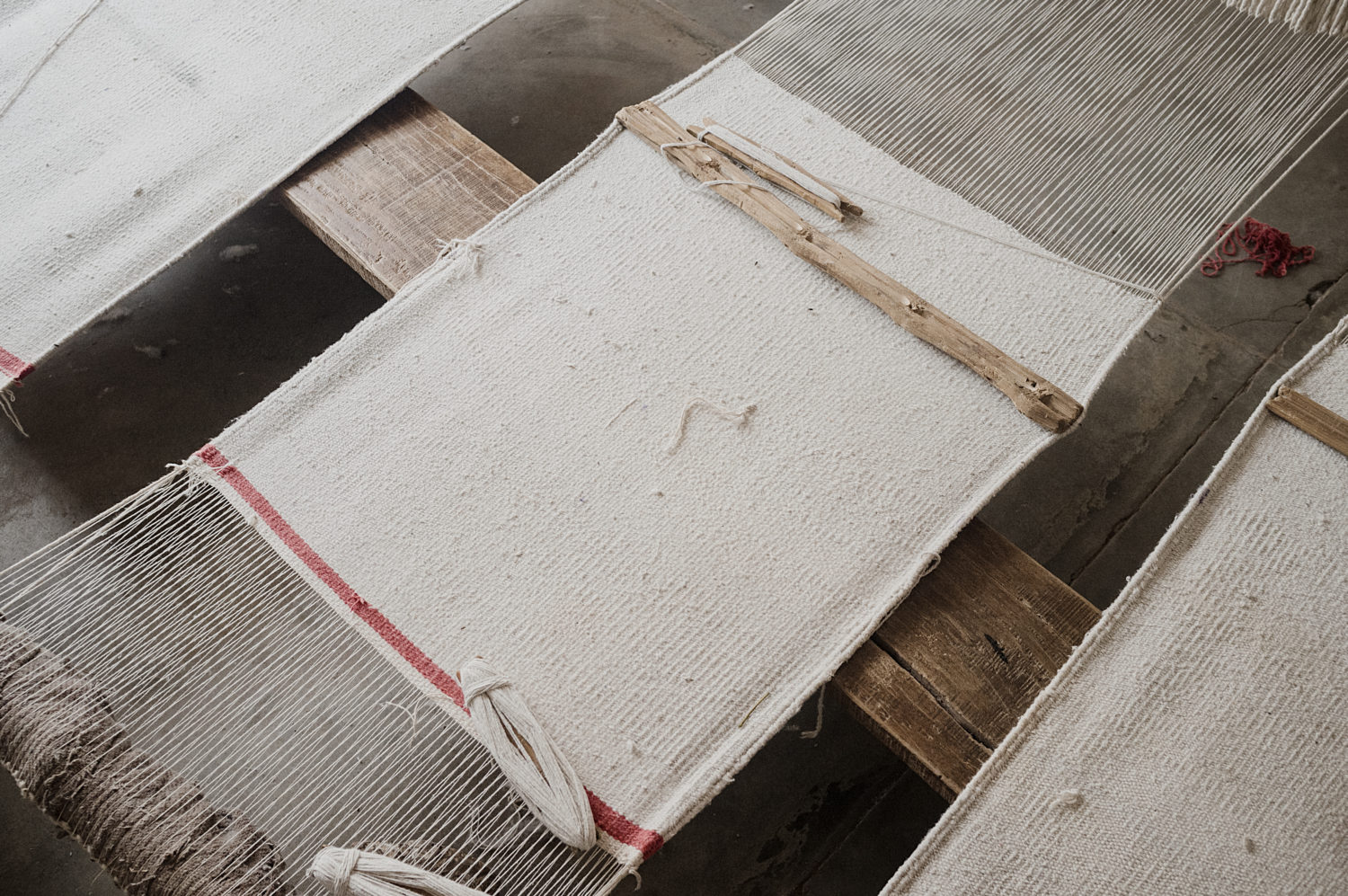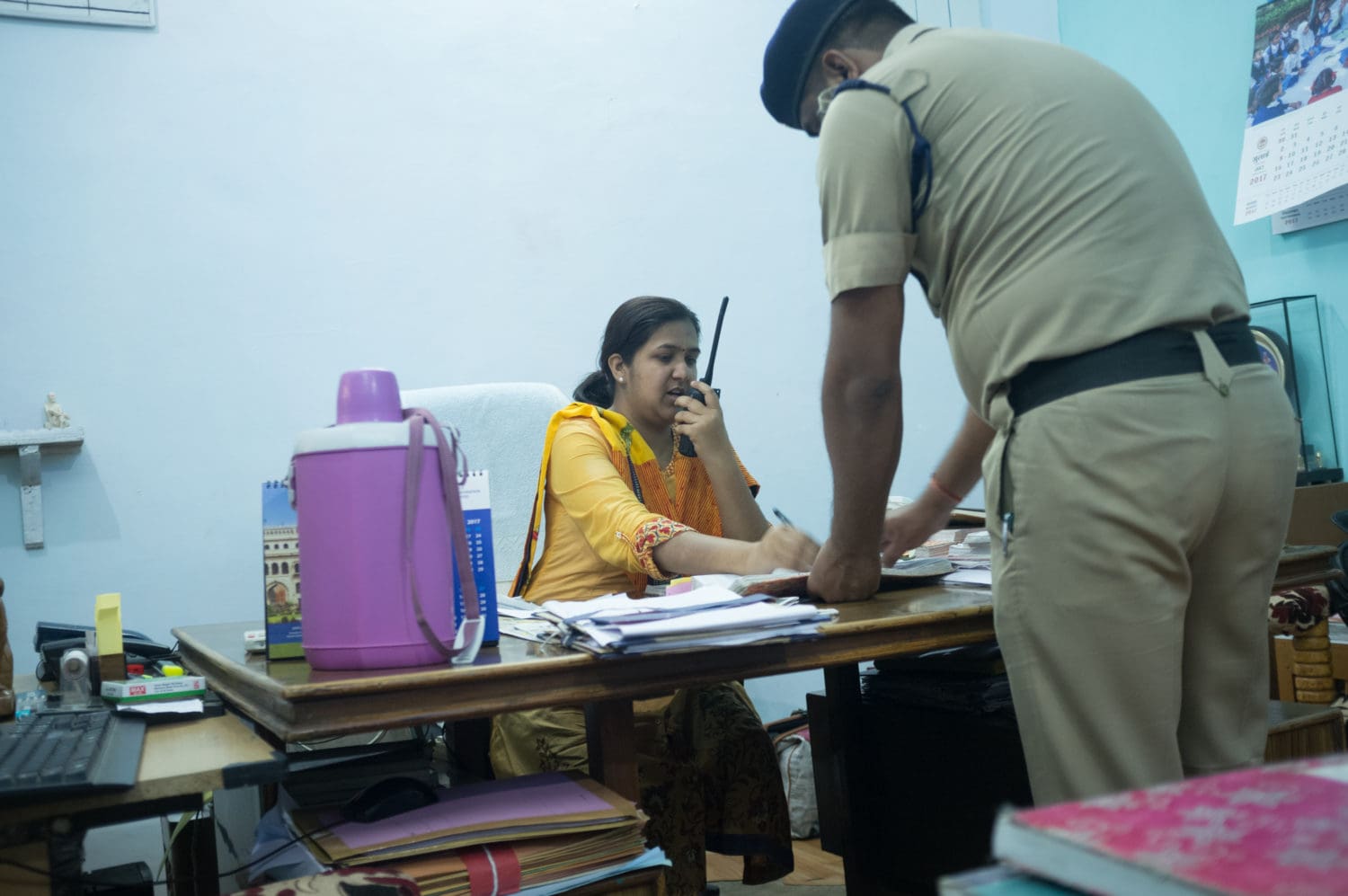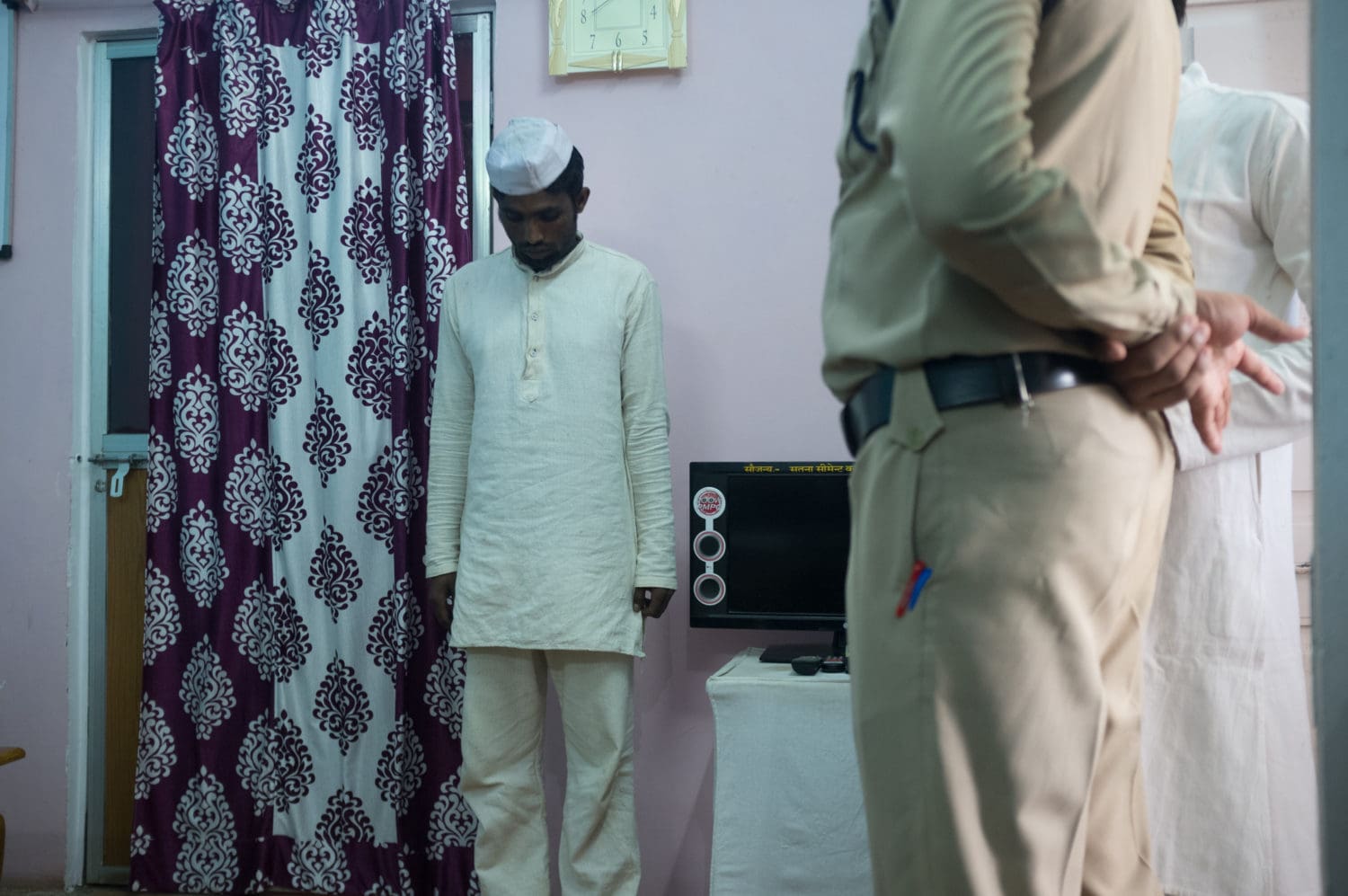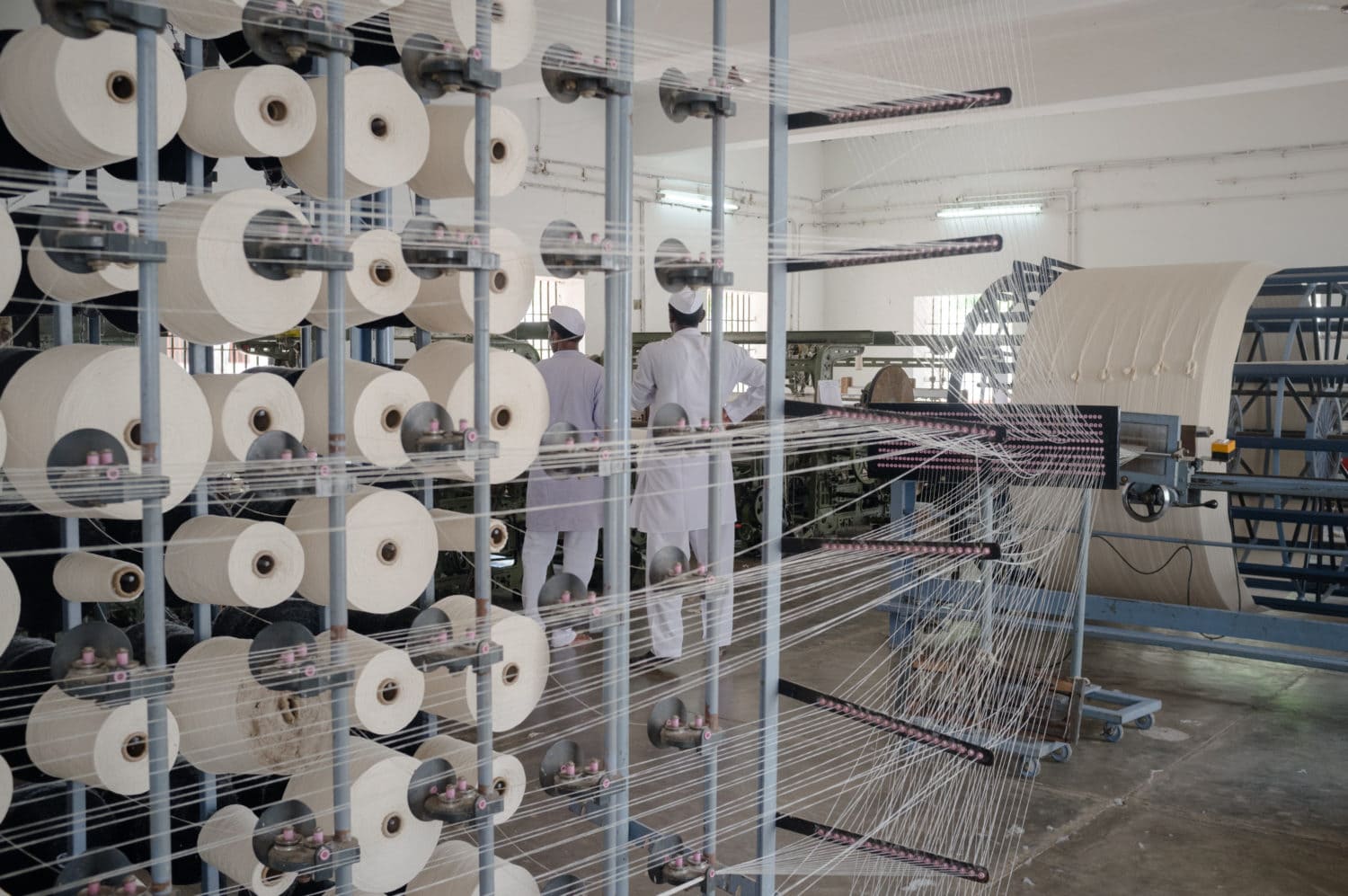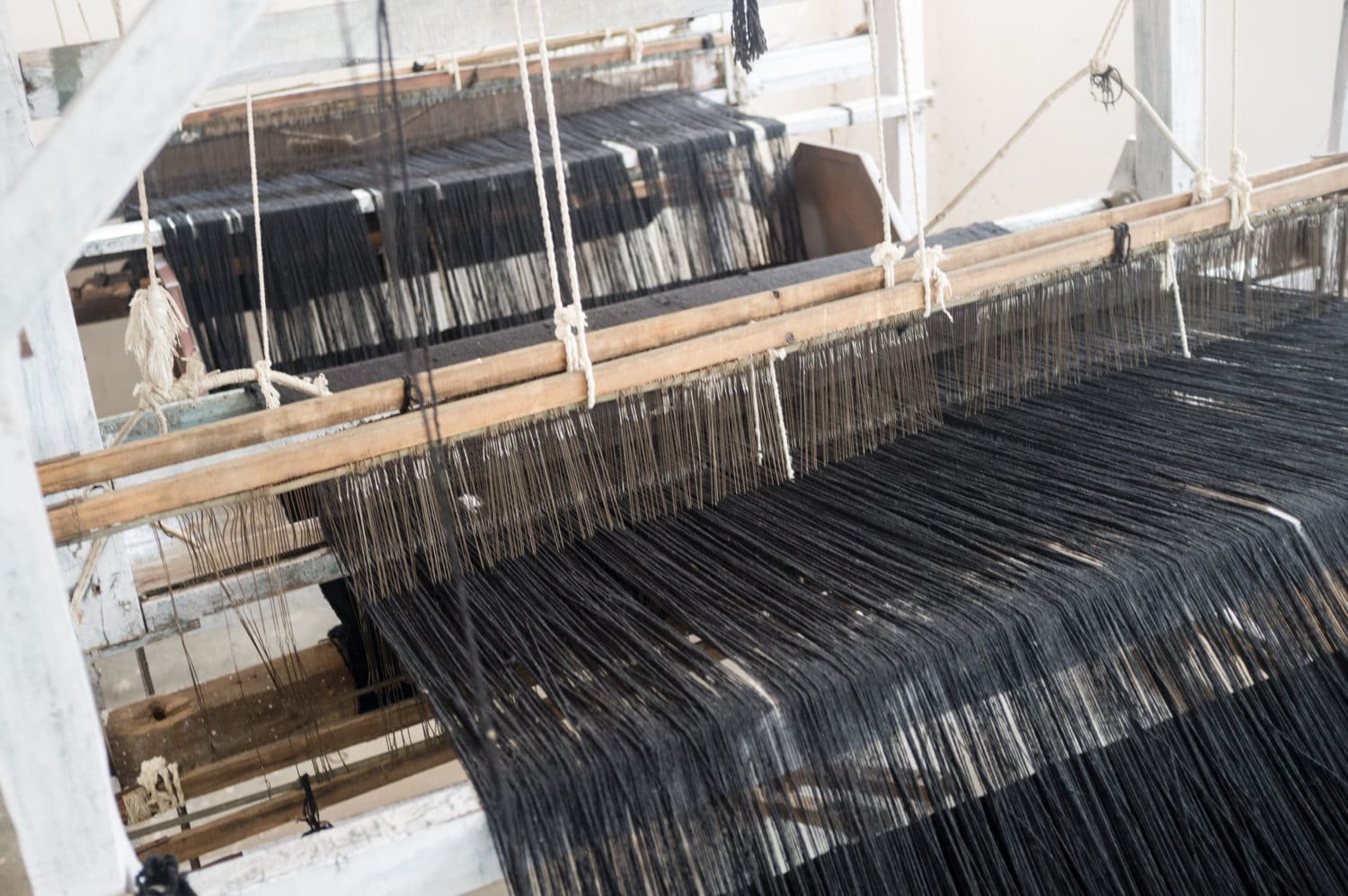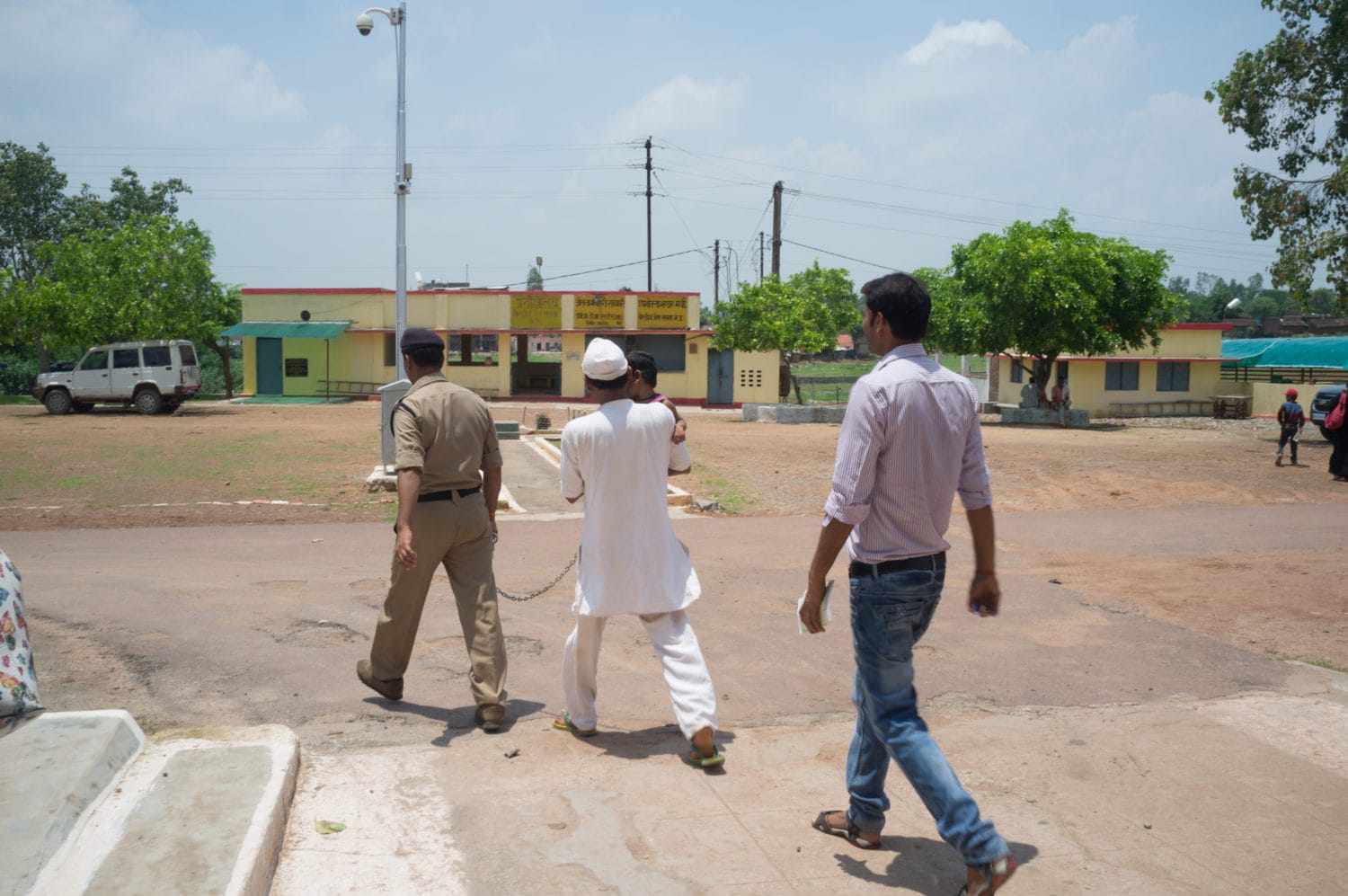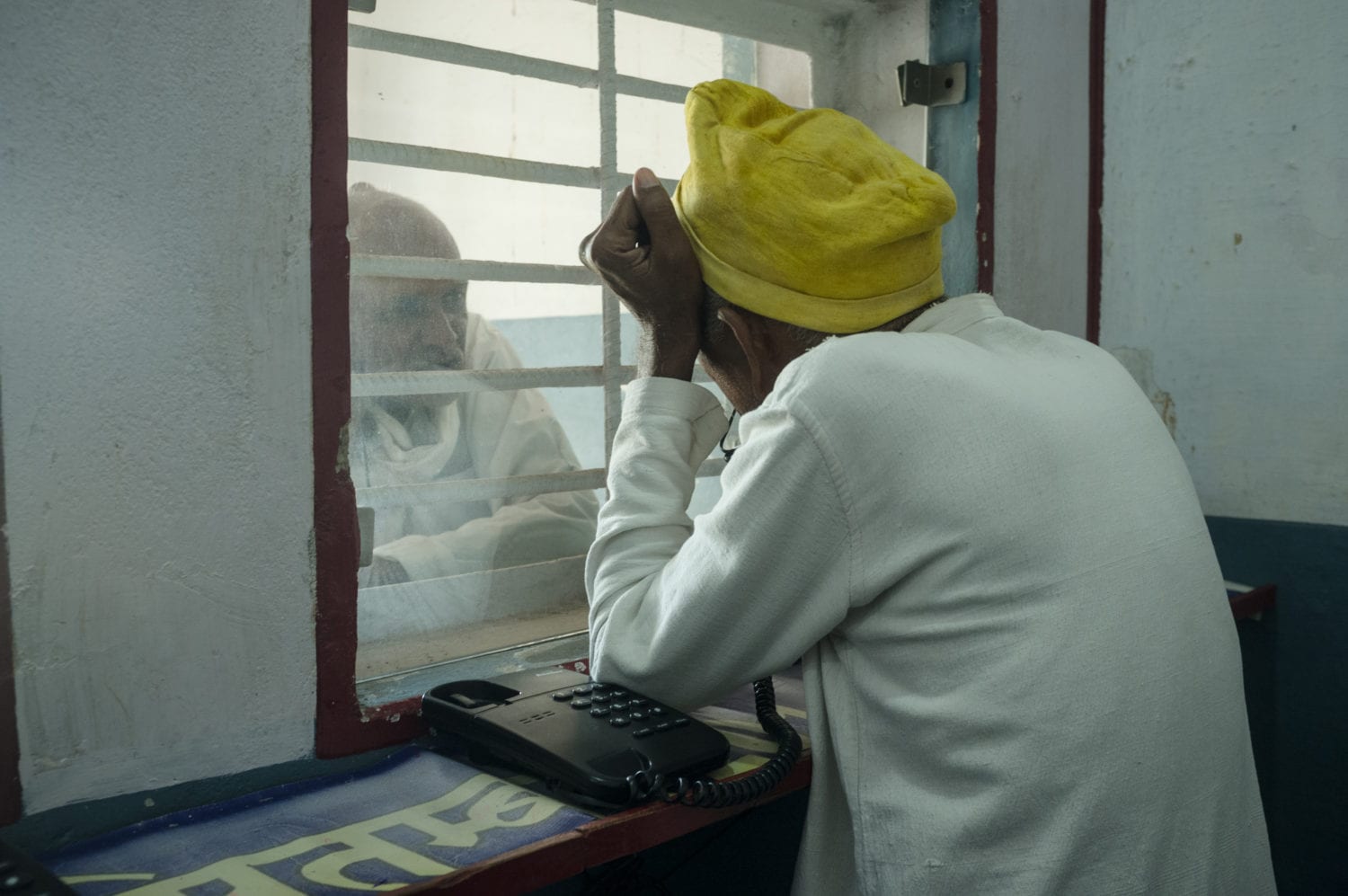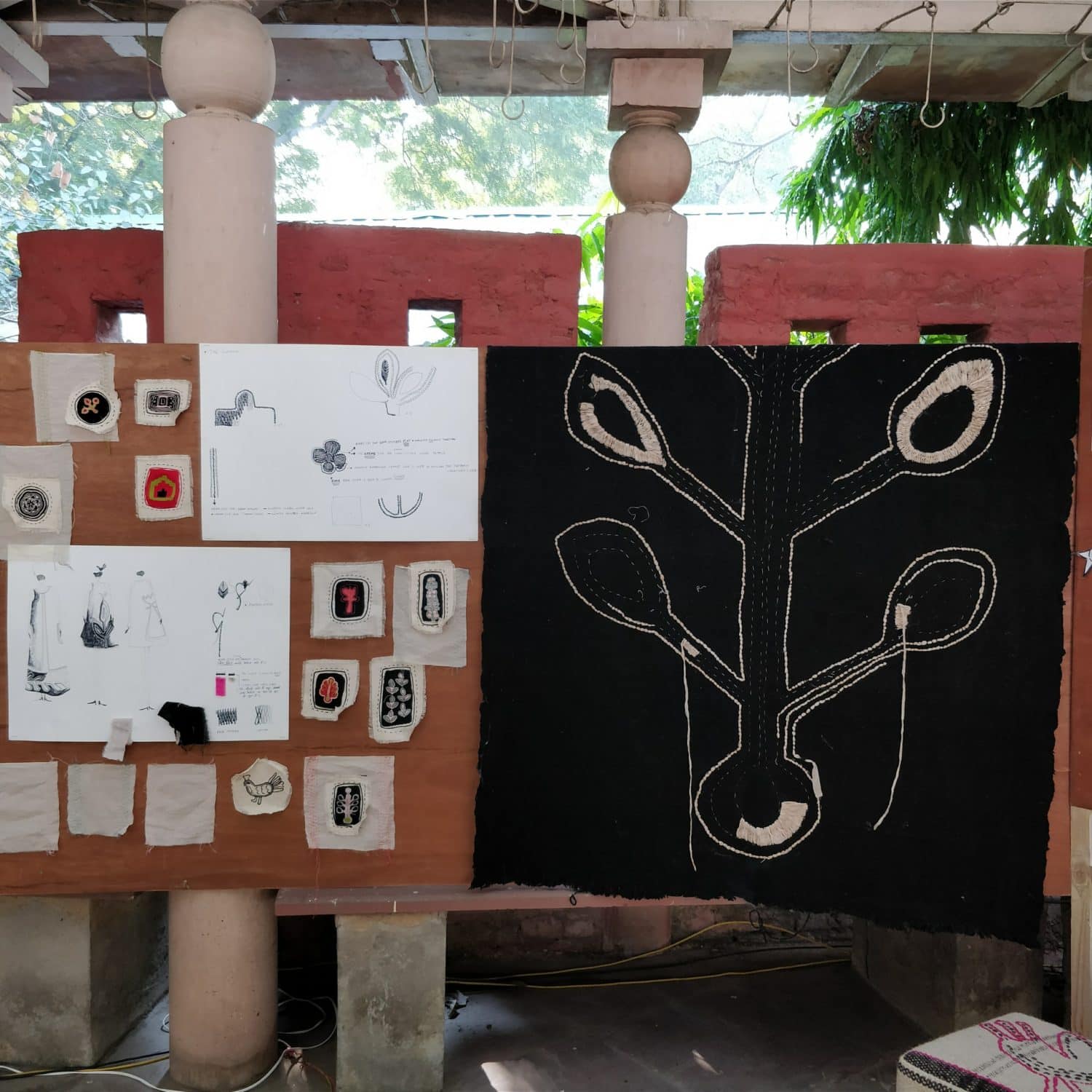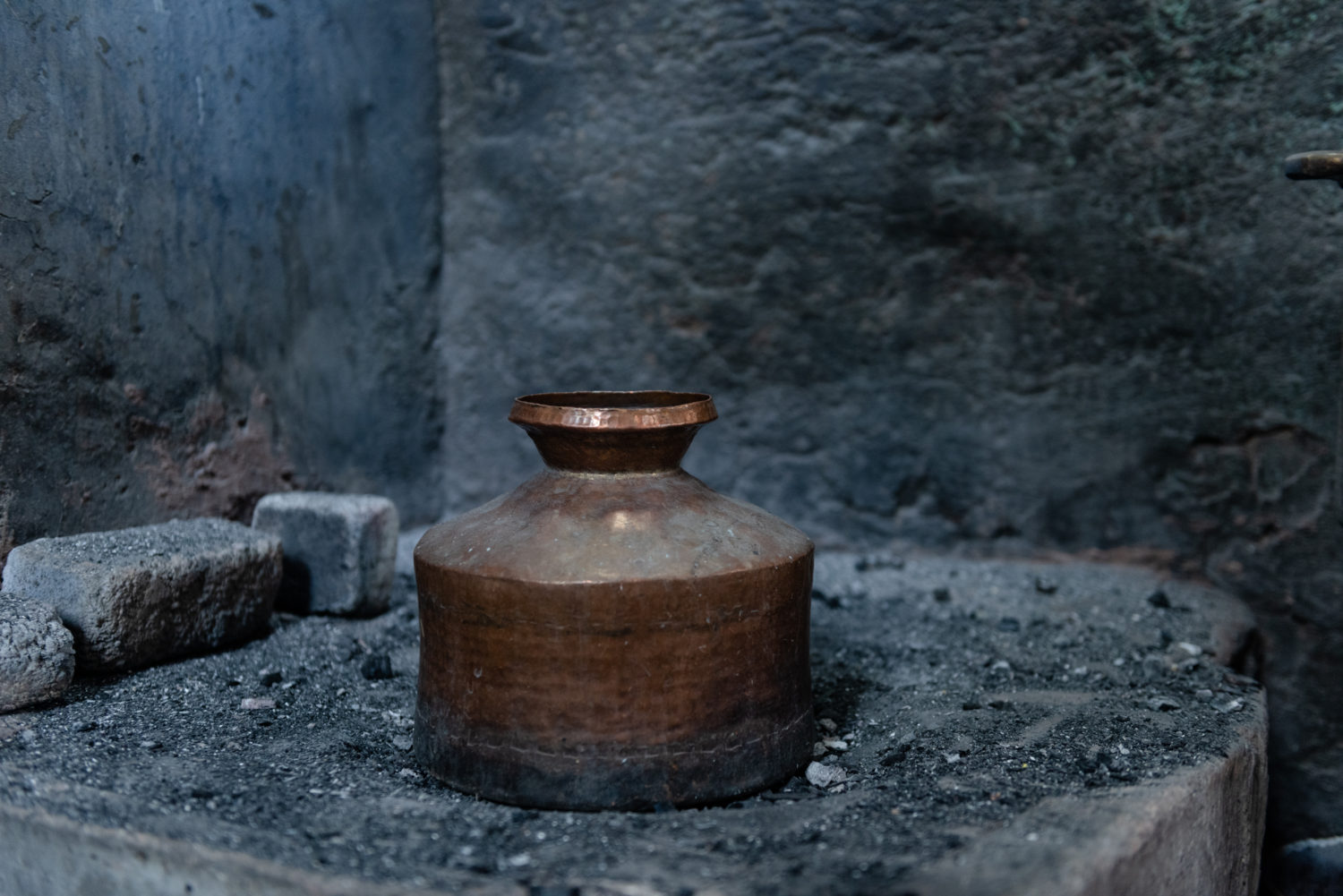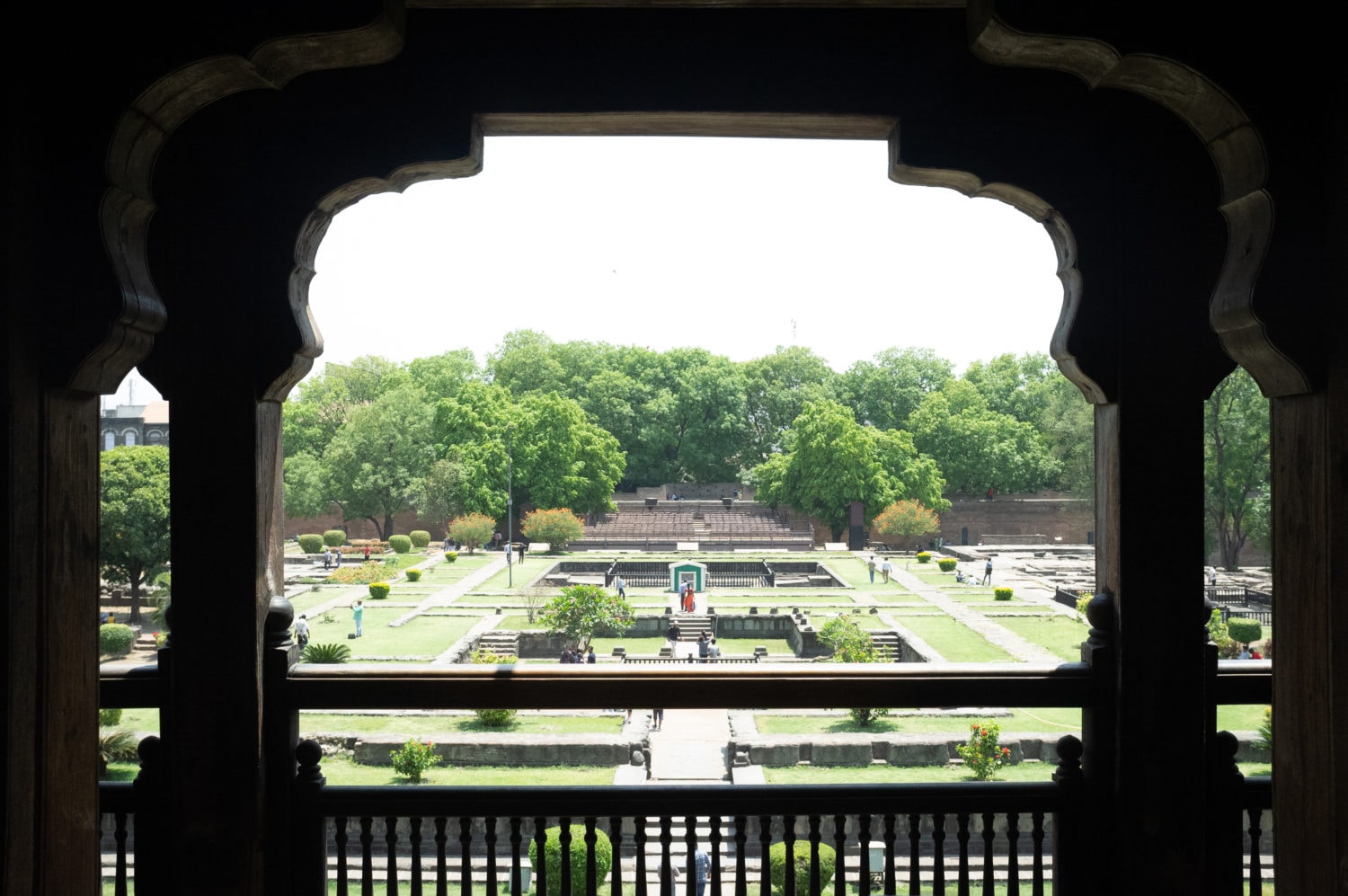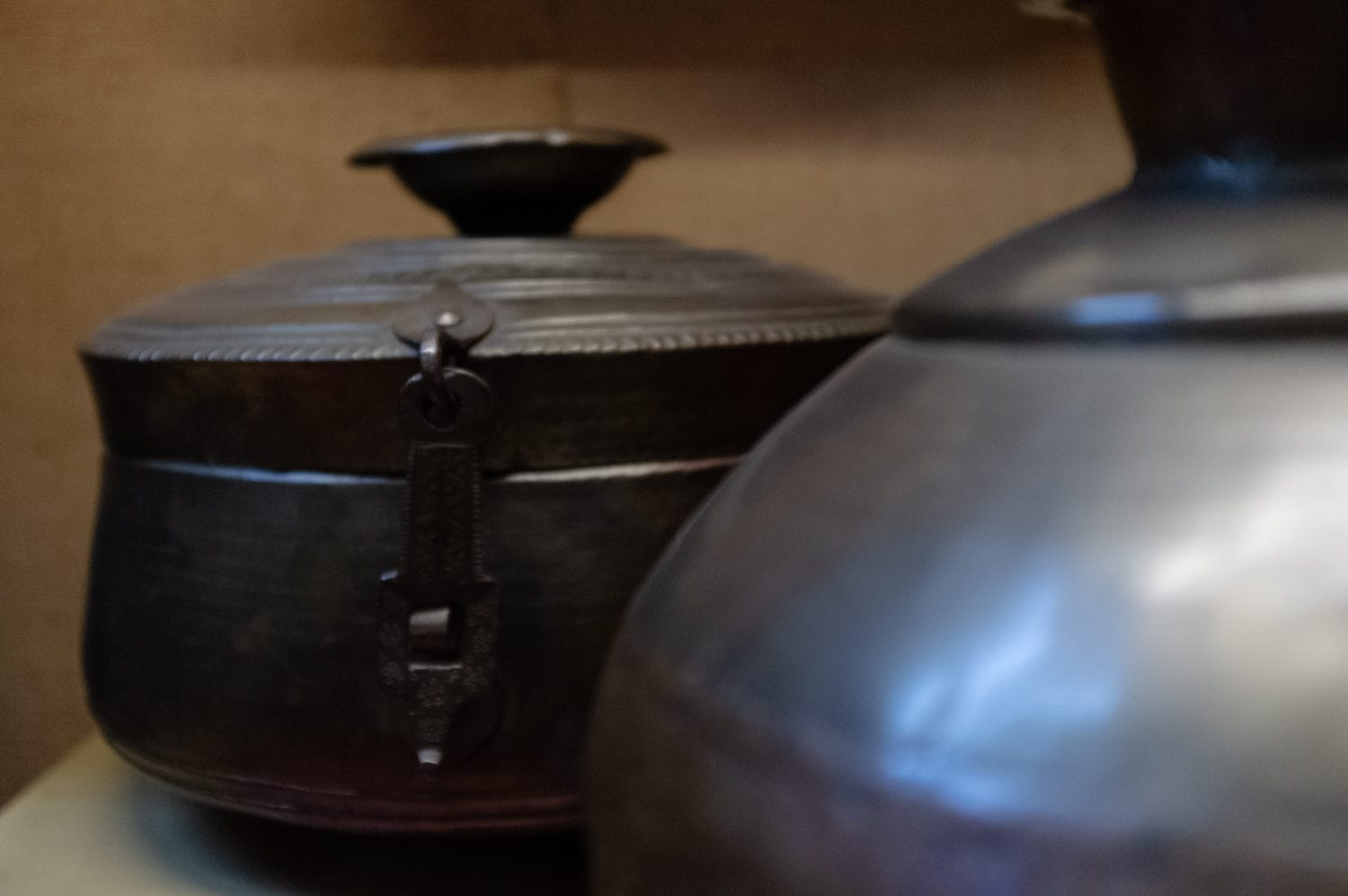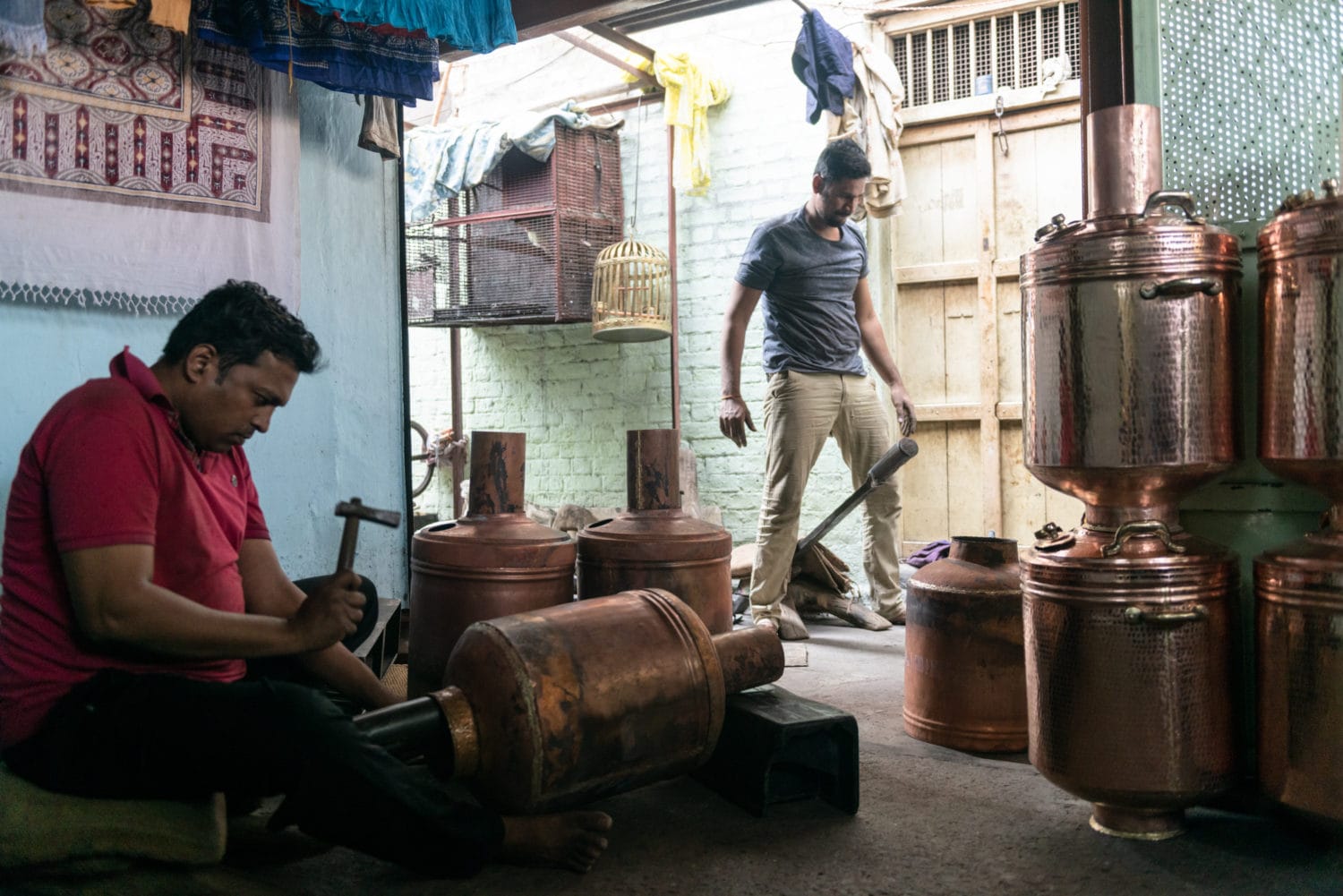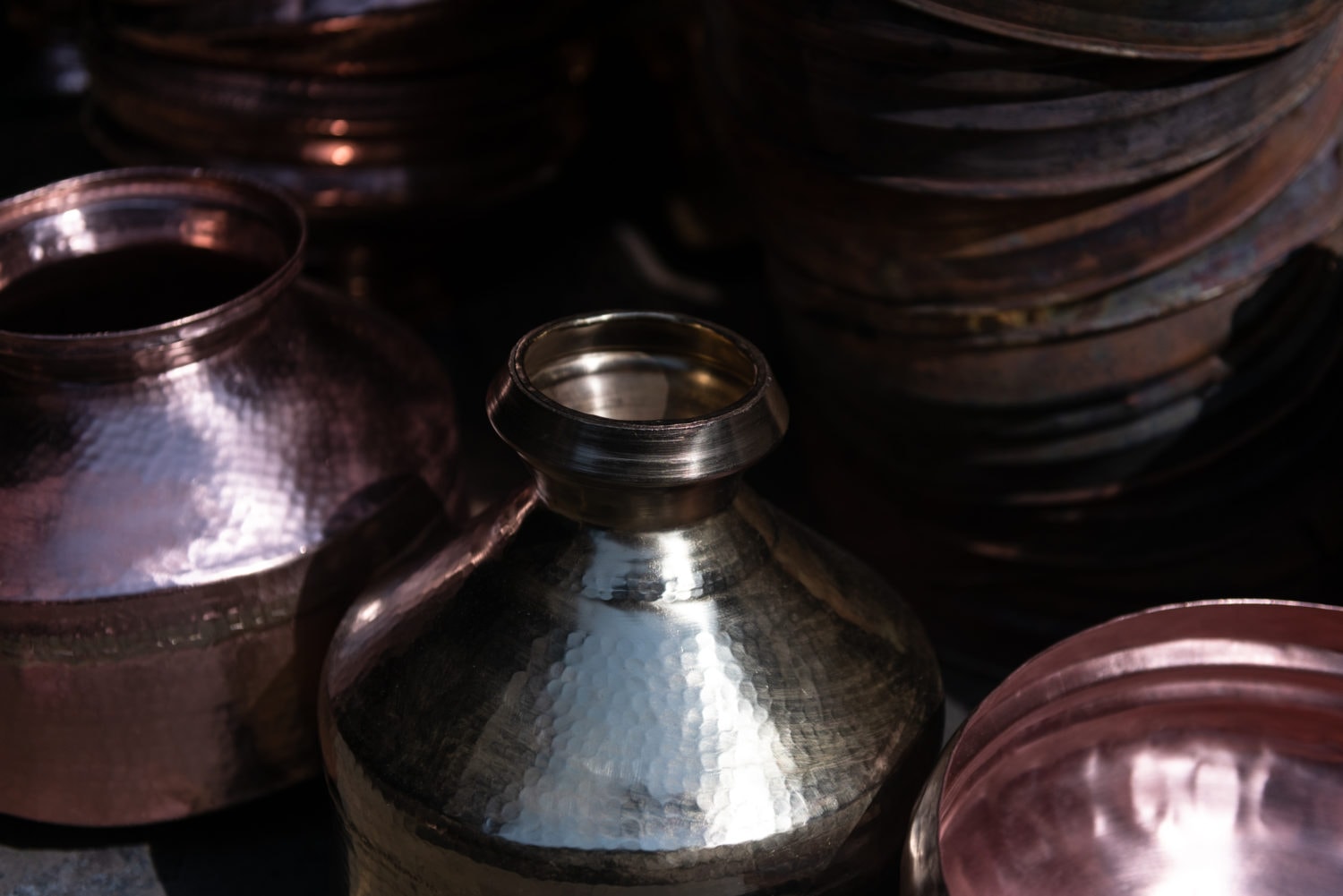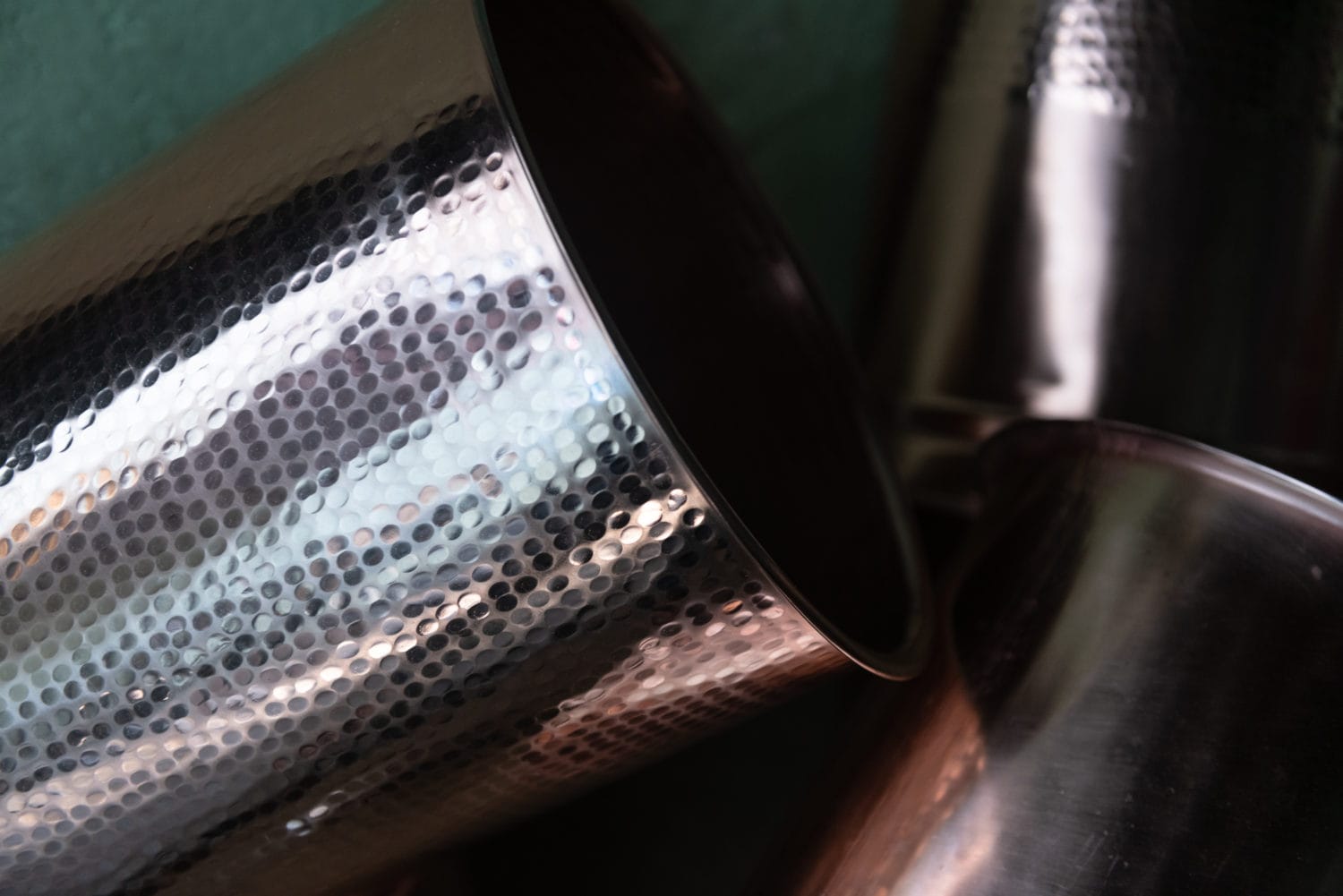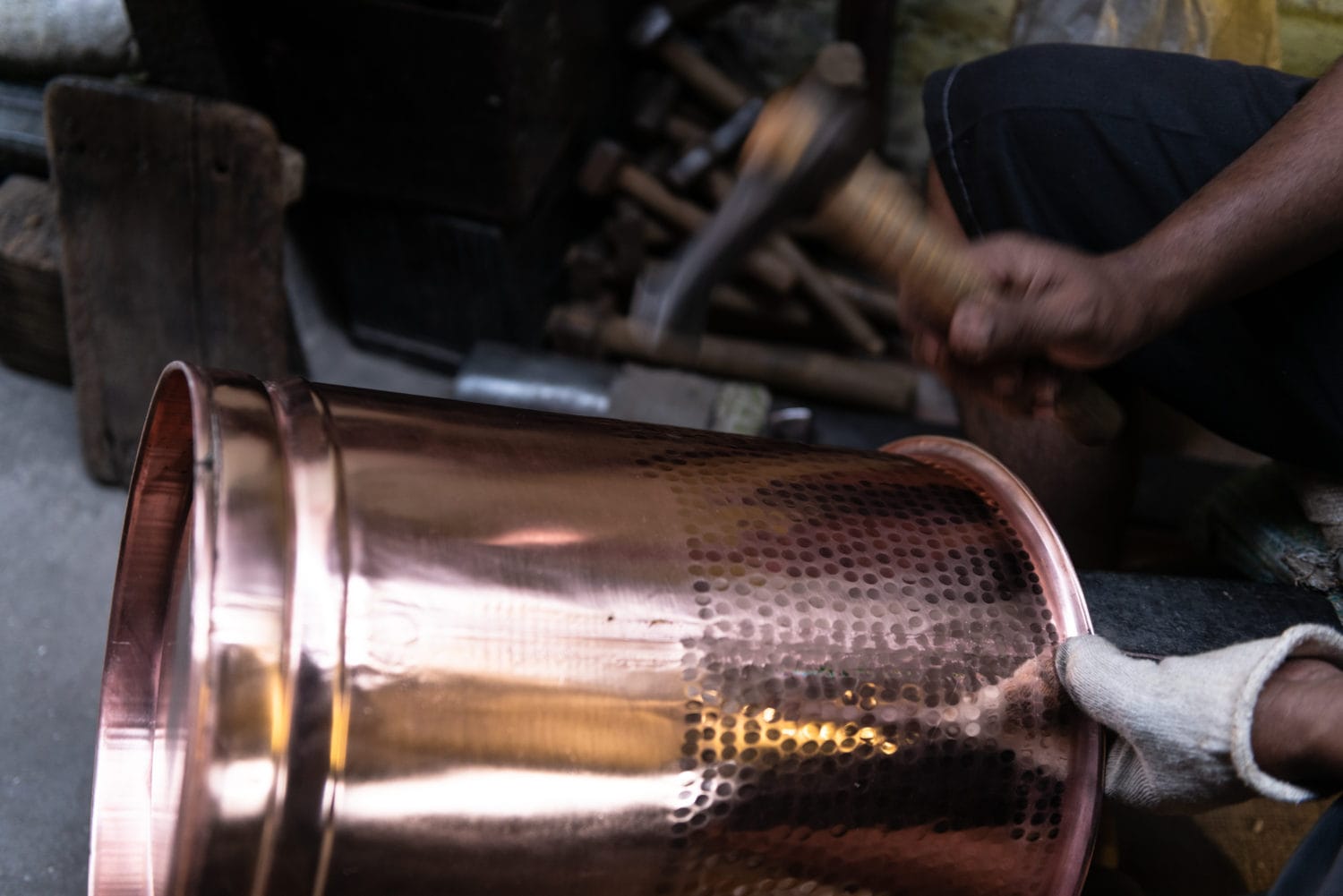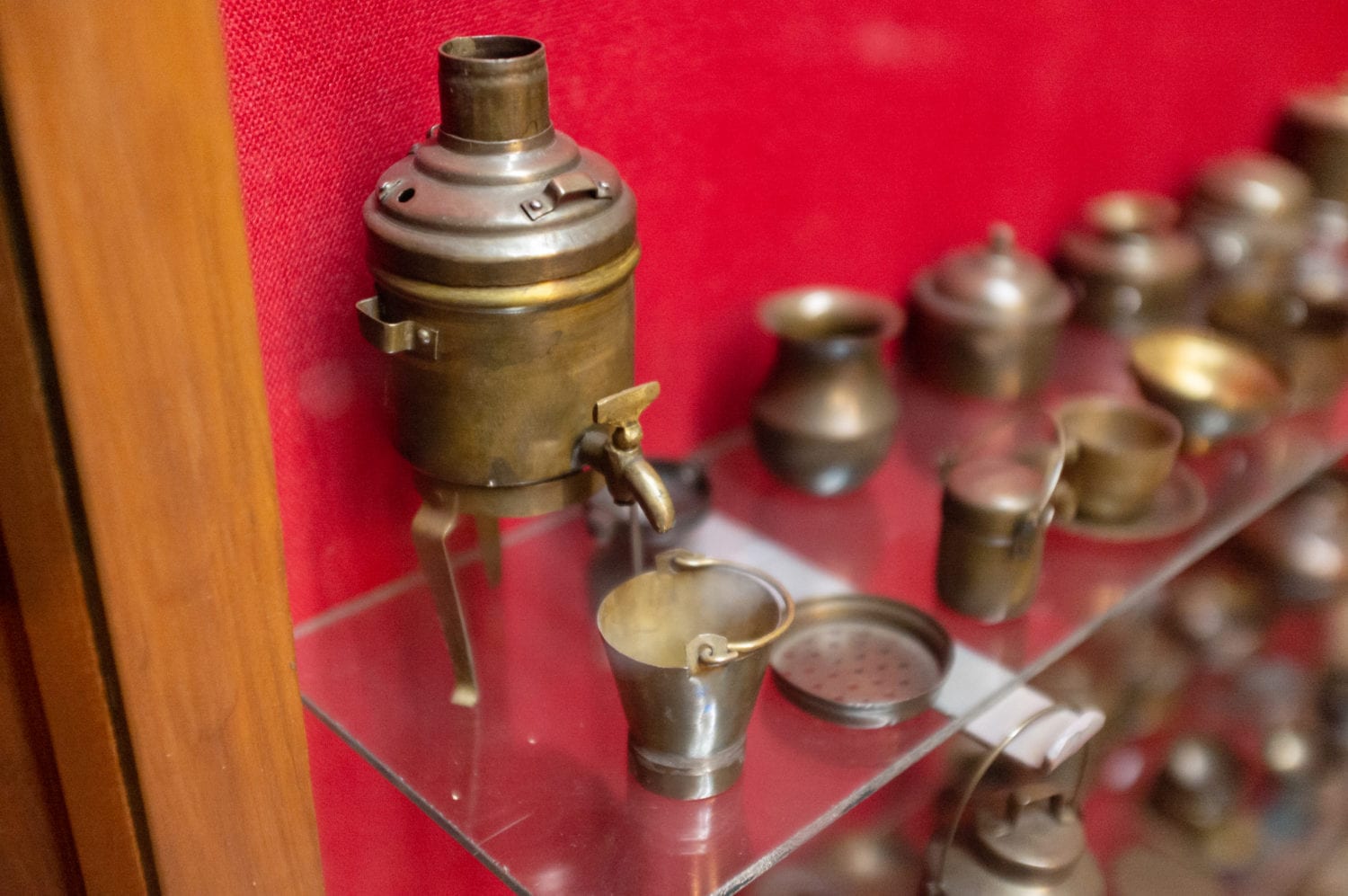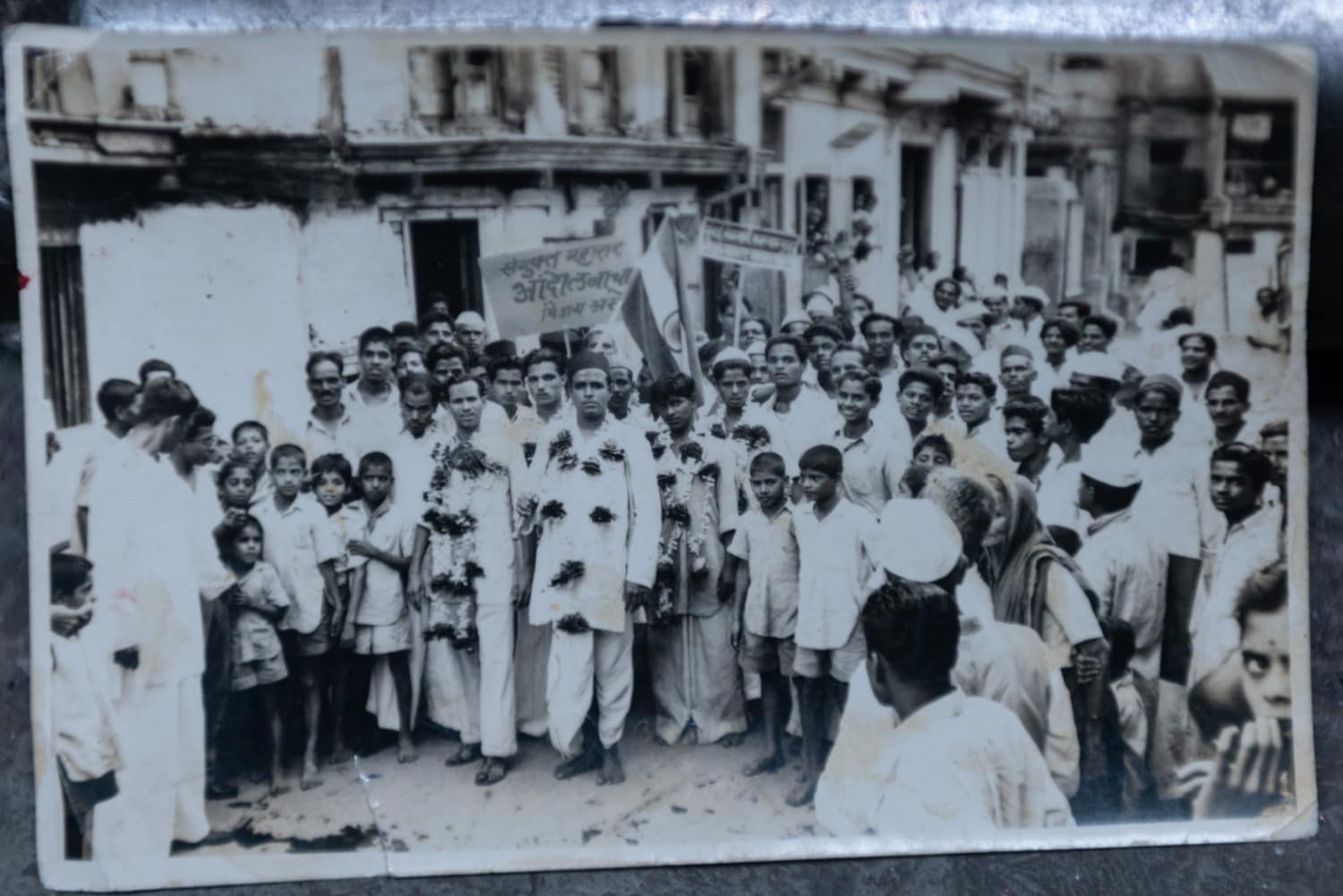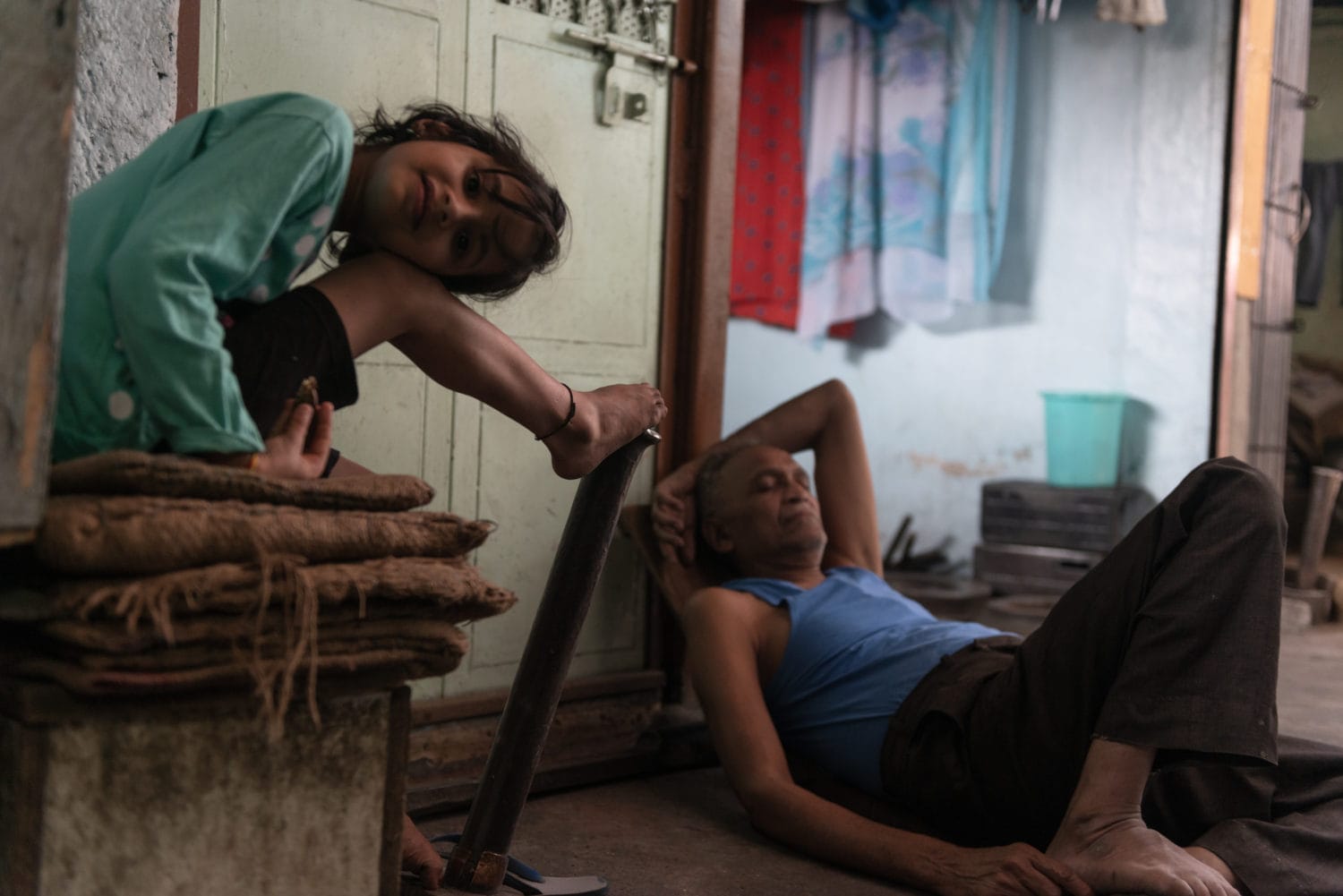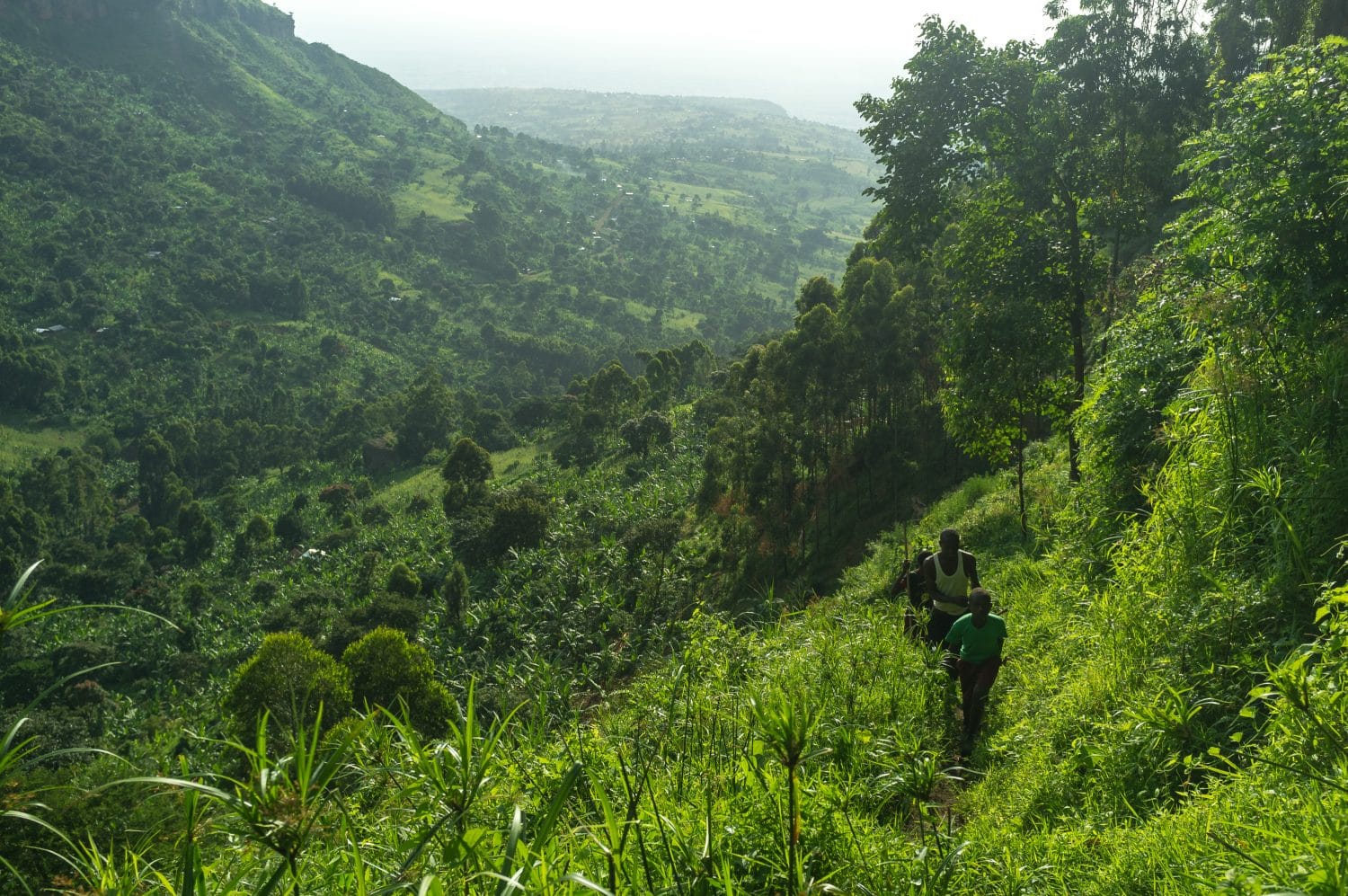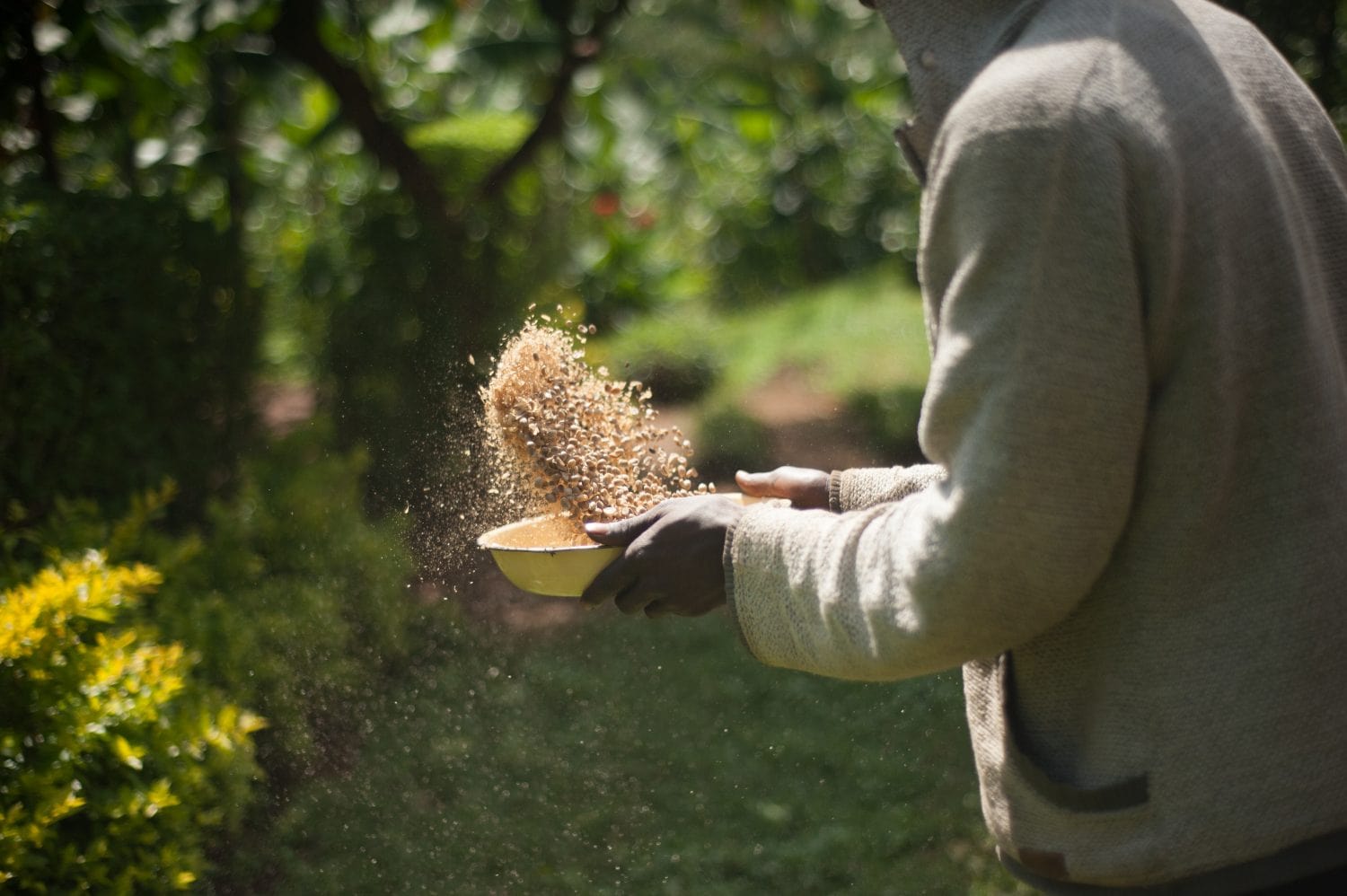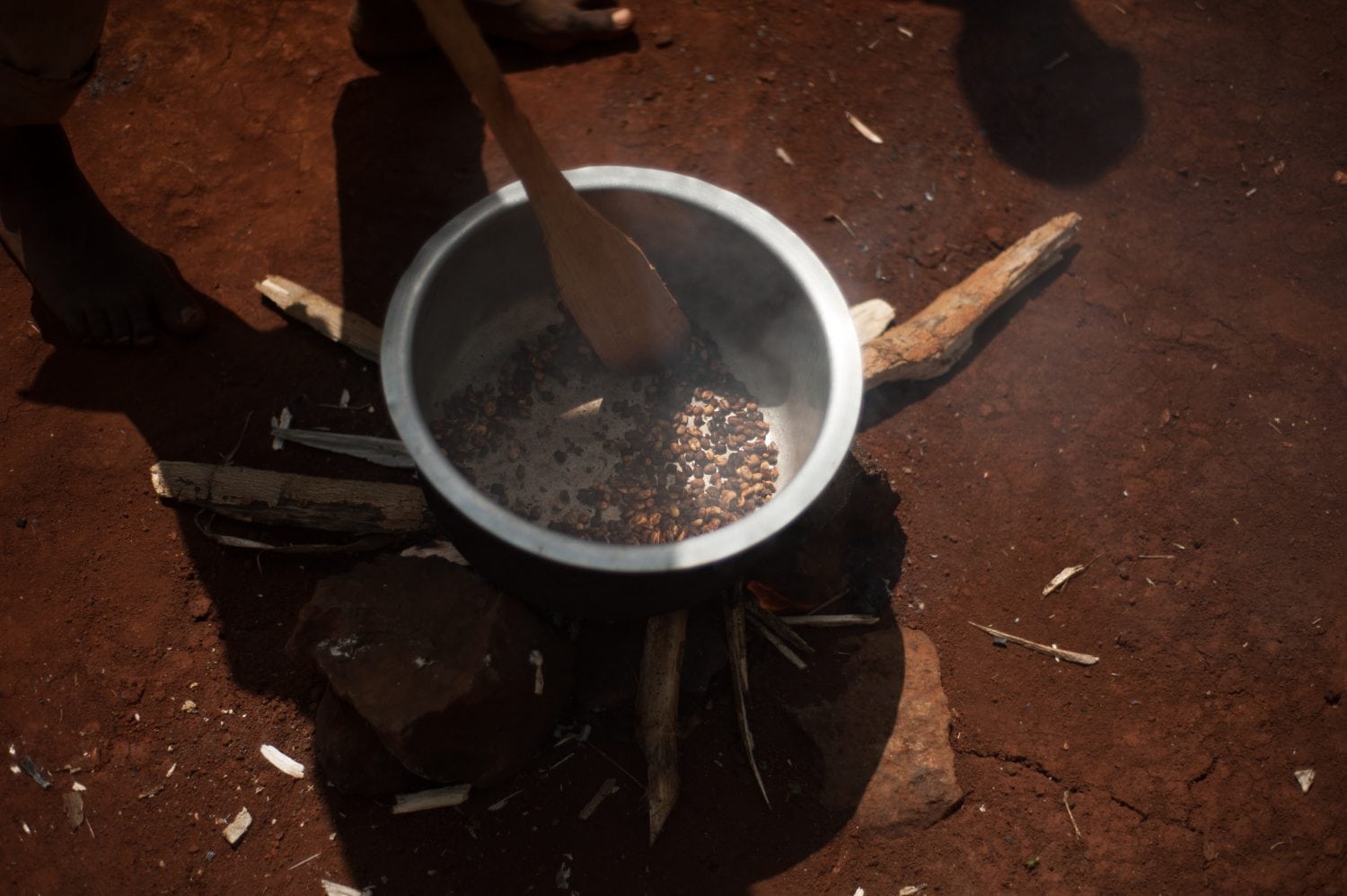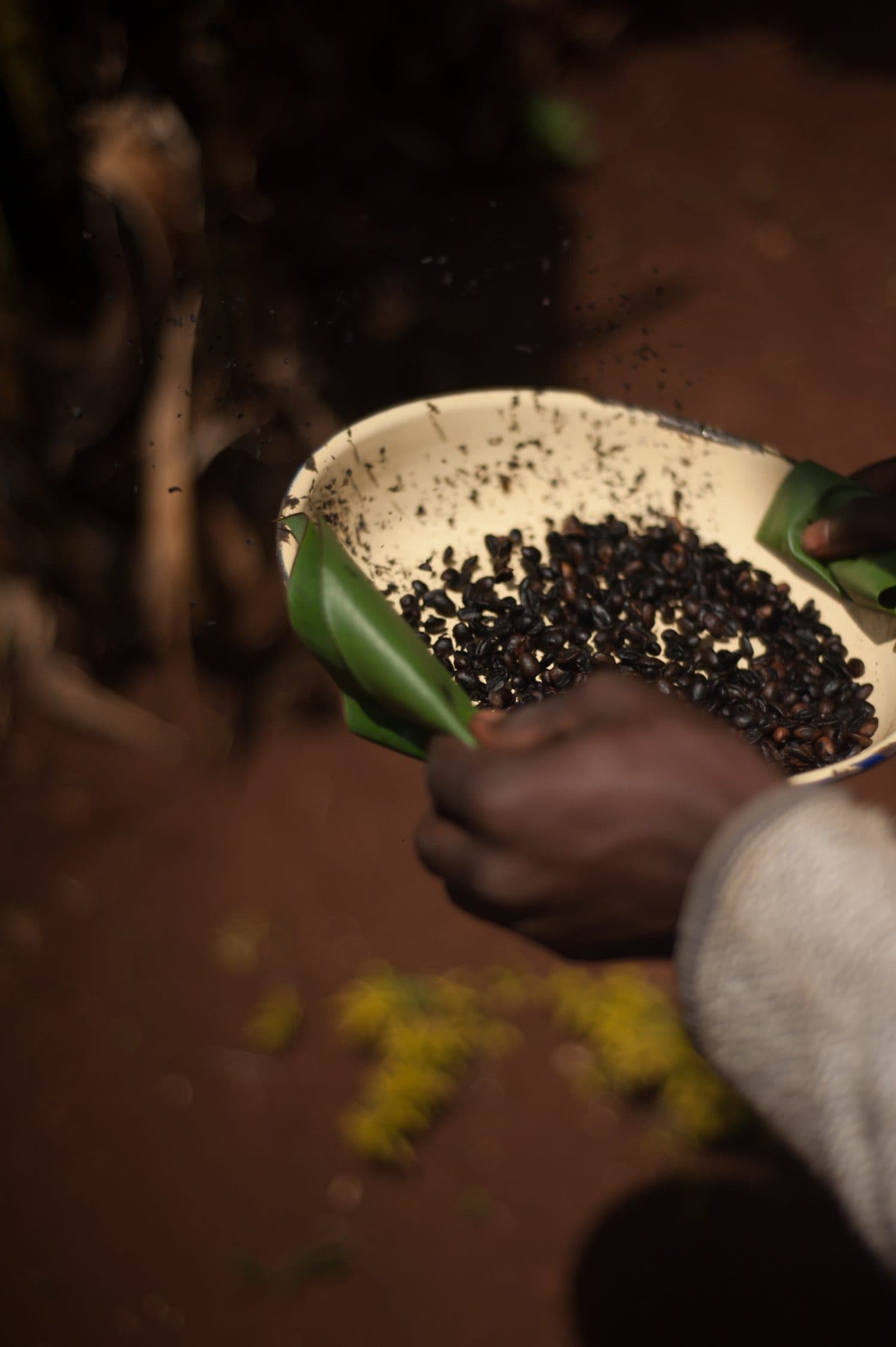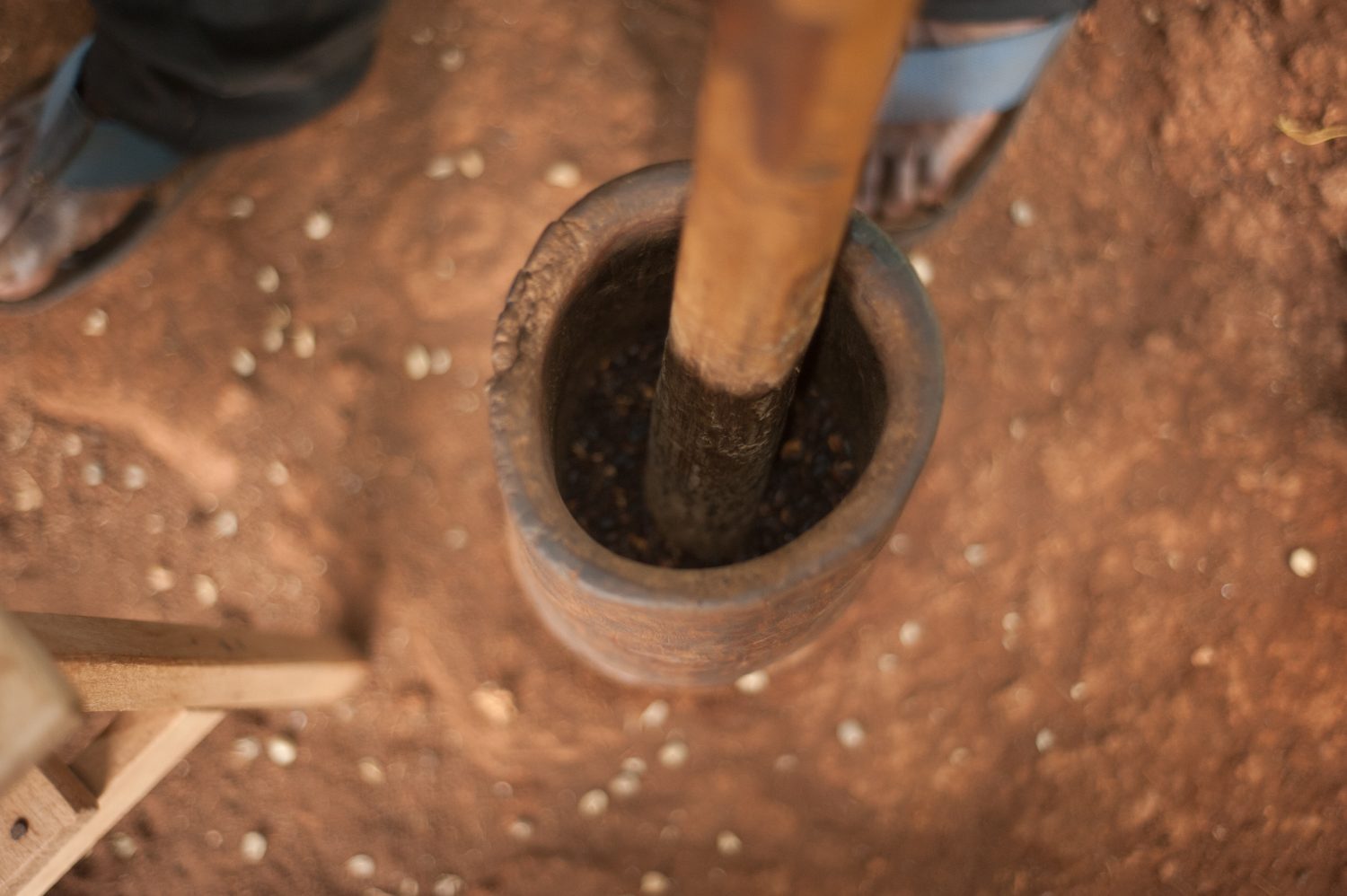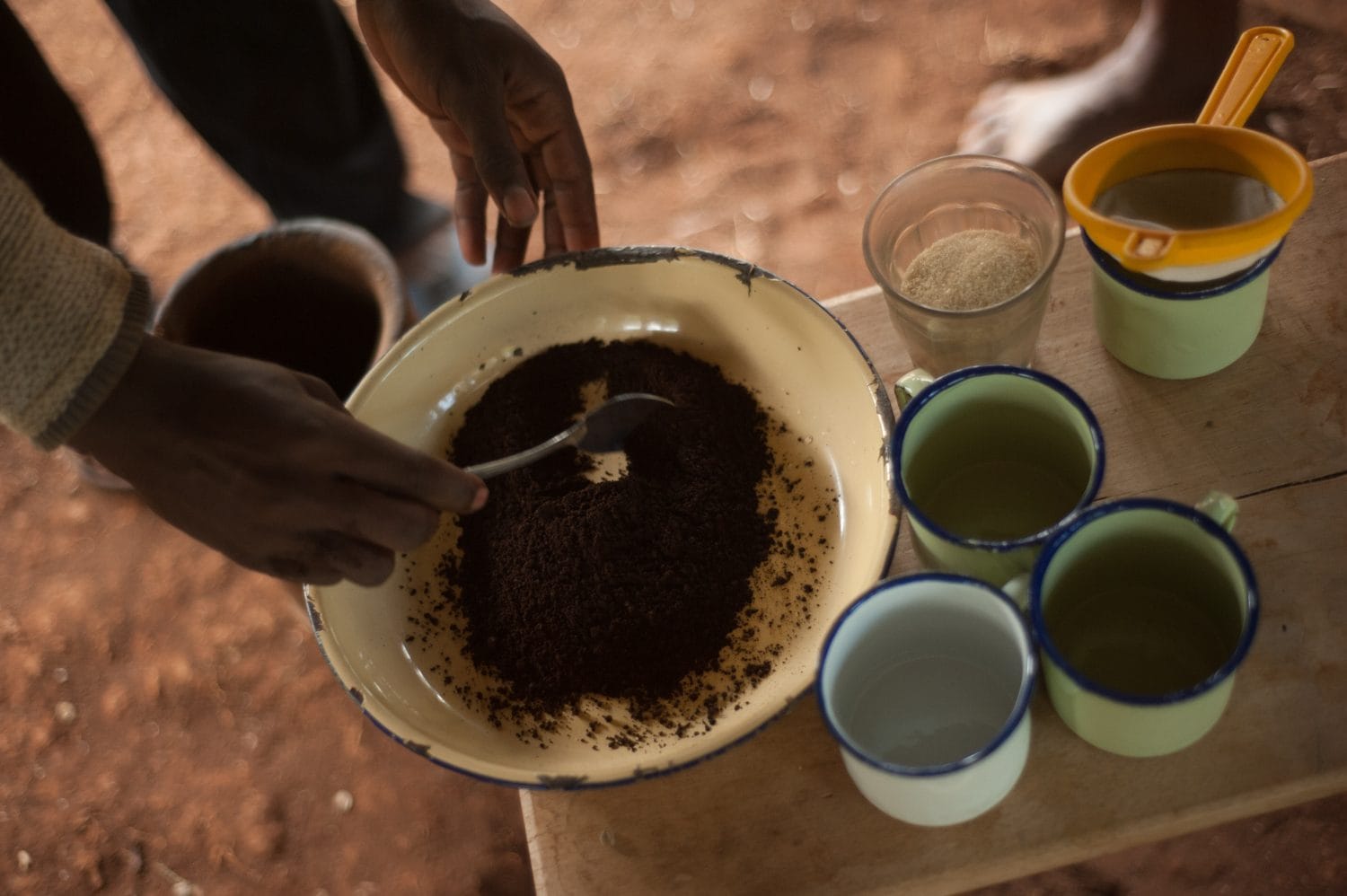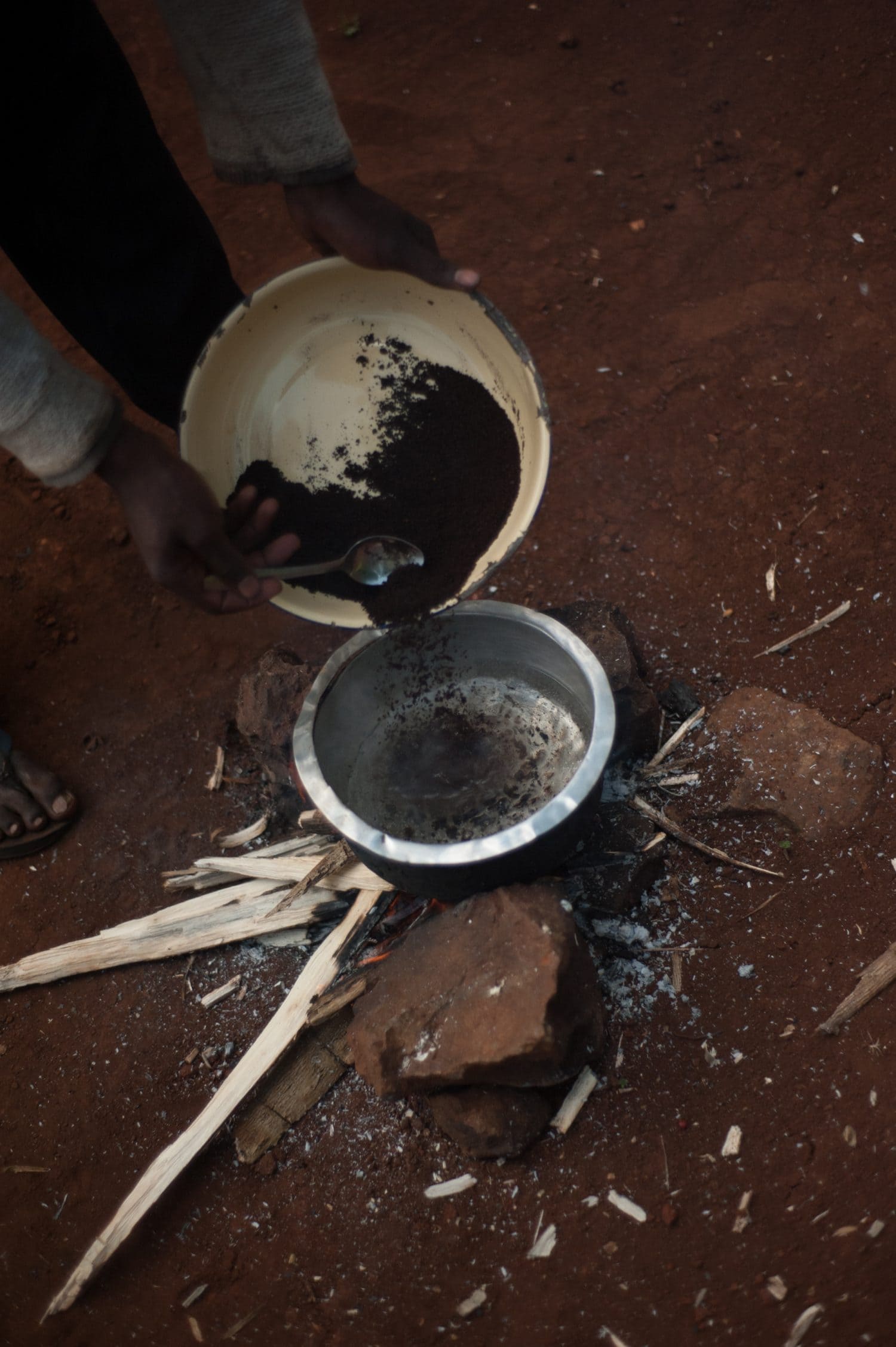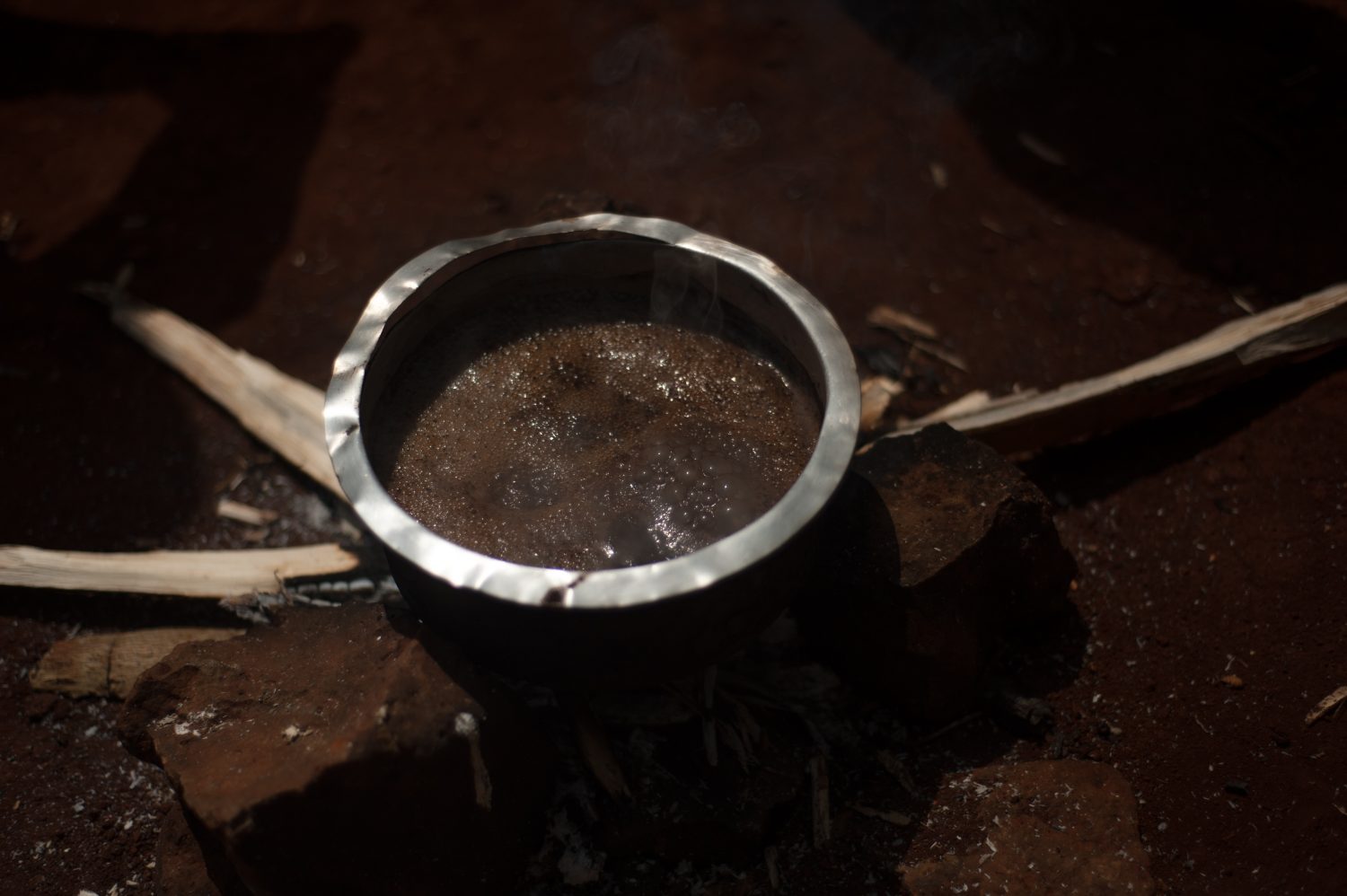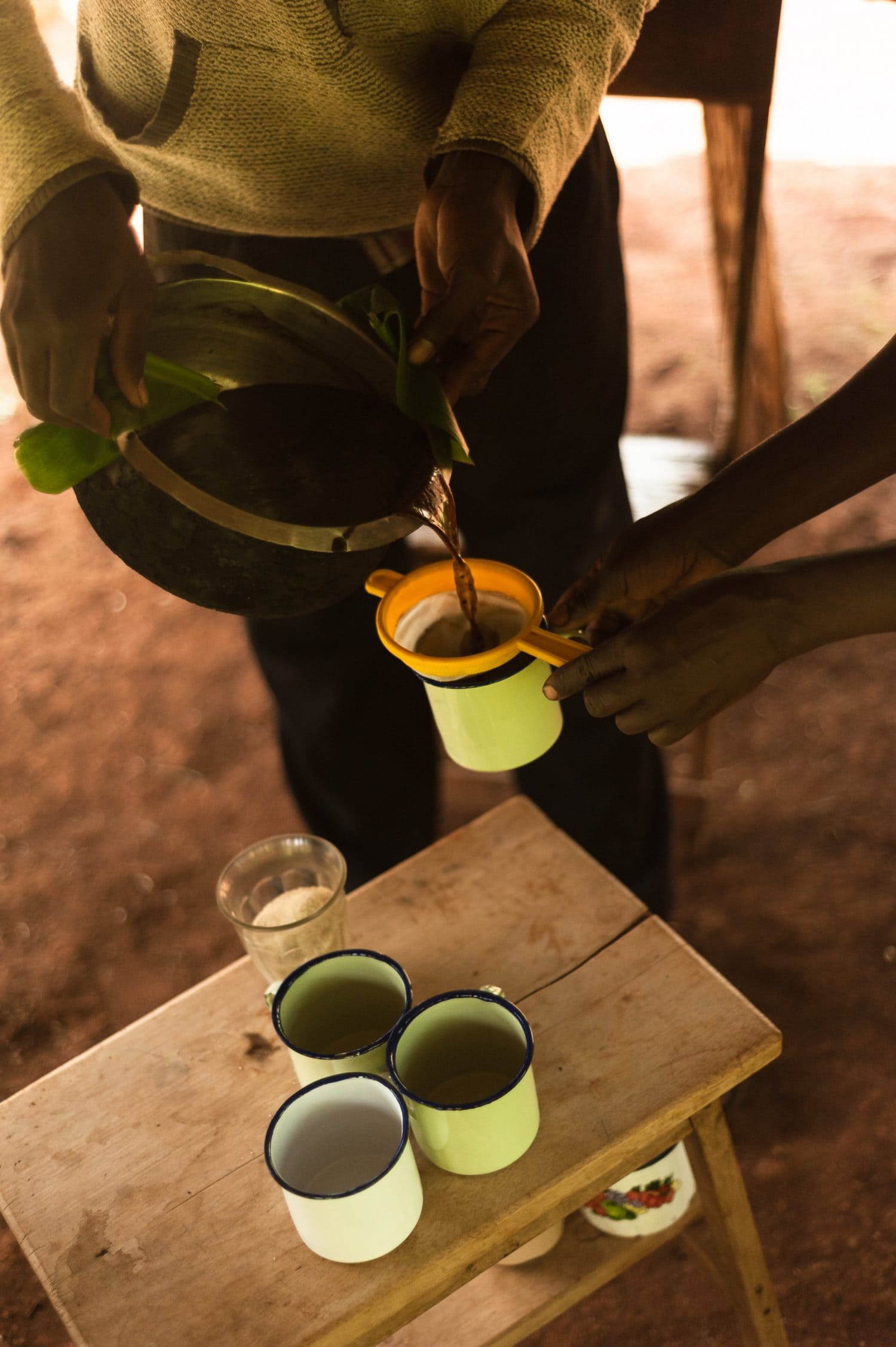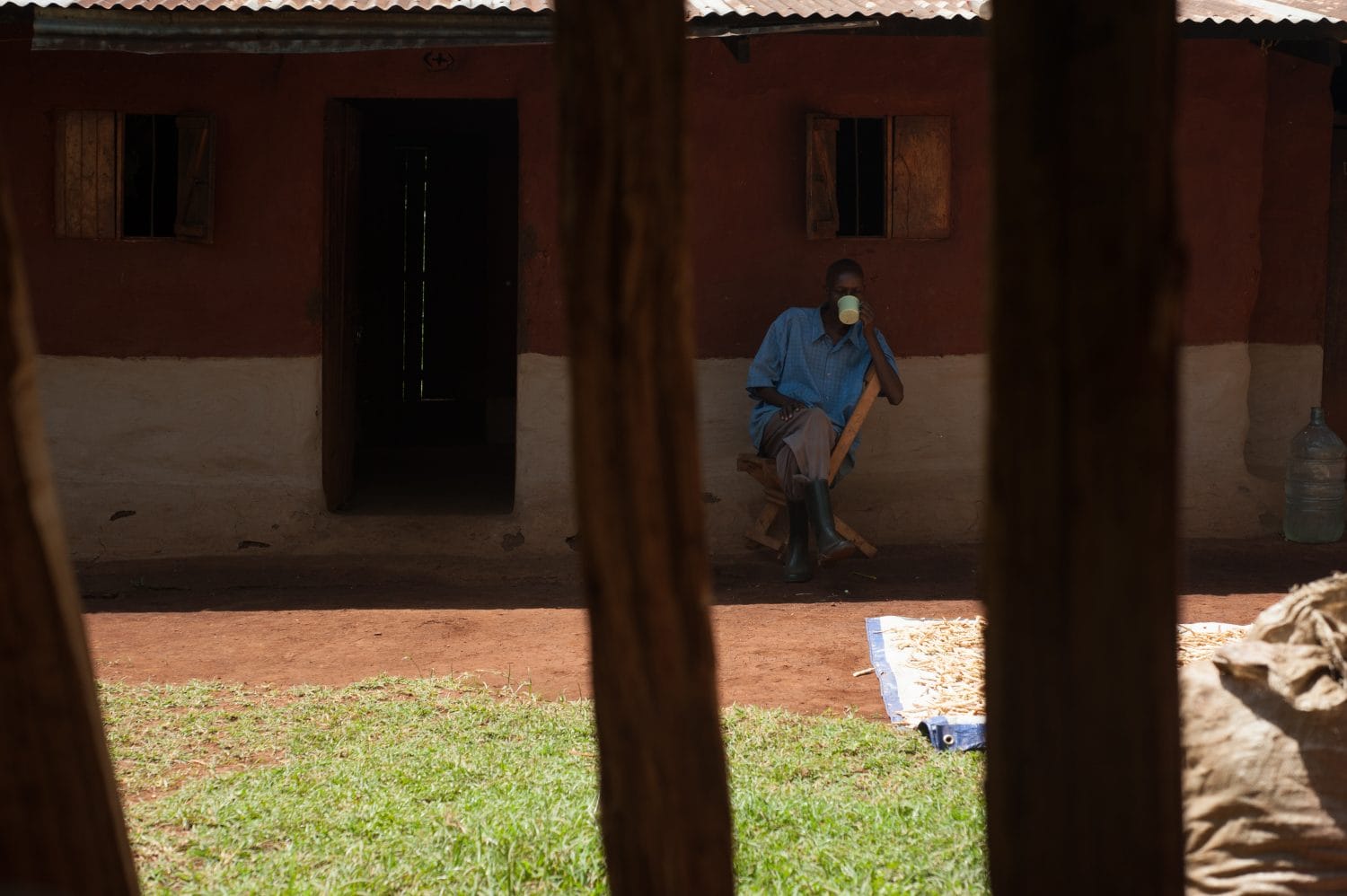Content Development for Social Enterprises
Exide Industries & Confederation of Indian Industry (CII)
Rope products from Jhargram Tribal Belt, West Bengal, India
Soolkaama was commissioned by Exide Industries and CII in the Jhargram Tribal belt of West Bengal to develop branding and marketing collateral for their CSR efforts. We teamed up with the Kolkatta based design firm, Paul Design Centrum and local NGO, Jhargram SEVA, to develop a content strategy. The commission resulted in producing video content, photo content for online campaigns and product images for catalogue printing.
The Jhargram tribal belt is inhabited by the Santhali Tribe. This tribe is listed as a PVTG (Particularly Vulnerable Tribal Group). Decades of civil strife between the Indian government and maoist rebel groups within the forest of this region had left this area severely under developed and the people in the remote villages struggled for years to life without fear for their lives.
But since 2012, the region has experienced stability after the rebels surrendered themselves and reached a peace deal with the government. This CSR effort was to train local village women in new design techniques to produce contemporary products using rope. The villagers have been producing rope using local sabai grass as raw material for several generations. The price they earn for the effort is paltry. With new designs and new products an effort is being made to ensure the women are able to earn a sustainable alternate source of income.
Kadam
Natural Fibre Products from West Bengal, India
This assignment for Soolkaama was to document the work of Kadam and to assist in the development of marketing content.
The approach in terms of product content creation was to initially understand the uniqueness of products made by Kadam. The products are handmade with locally sourced environmentally conscious materials by women artisan’s living in beautiful villages of India. The effort provides the women a secondary source of sustainable income.
Here is some of the content that we produced –
Soolkaama
Rug Weaving nomadic community, MP
A tiny hamlet of around 30 huts in MP, about 50 Kms from Maihar MP, there lies a village of sheep and cattle herders called Soolkaama. A visit to this village is one of the first reasons why the founder of Soolkaama decided to do something about rural crafts in India. Every household here is involved in weaving rugs made of sheep wool. Organic, hand made, exquisite rugs. Sold for Rs. 400 a piece to customers in adjoining villages.
Soolkaama, the village, has no external intervention of any kind. They have no access to a marketplace. Their culture and artistic history is beautifully preserved in these hand-made rugs. The youth are not interested, as 400Rs for something that takes 10 days to make is, understandably, not a worthwhile effort. Most of the young men from the village work menial jobs in Maihar.
At Soolkaama, with minimal intervention and by documenting the craft and telling the story about the weavers, we were able to sell the products at a premium of Rs. 2000. Although not a perfect case study for Soolkaama, the positive take aways from this project gave us the purpose to do what we do today.
Soul Of Africa
Ethical, Hand-made leather shoes from Ethiopia
Founded by Lance Clark, from the famous Clark Shoes, SoulOfAfrica (SOA) makes shoes in South Africa, Tunisia and Ethiopia, generating much-needed earnings. Run tightly, as an efficient business, it has generated over £481,100 – all transferred to the Soul of Africa Trust that has invested the funds in projects to help almost 18,000 African orphans.
By making African inspired light and flexible shoes in Africa, SOA runs as an efficient social enterprise and invests the profits to create further jobs in the continent and to support local communities.
Soolkaama was contacted by Dulma Clark, the MD of the company to help produce marketing collateral for the brand. Apart from documenting the work she required, we also conducted workshops in the charities supported by Clarks shoes. We taught product photography to young students so that they could continue to produce the content for the company and also earn revenue while doing so. Photography is a difficult business, but when companies are willing to support local talent it can become a source of sustenance and also an exciting vocation for young minds.
Prisoners as Weavers
Satna Jail Prisoners Welfare Association
Soolkaama worked with two textile designers from Australia – Trish and Nathan Bygot on this project and together we visited Satna Jail where prisoners are taught to weave rugs made from locally sourced wool. Local women in the village of Ichol, MP then embroidered motifs on them. The motifs were inspired by local designs found in and around the village and which were rooted in the cultural history of the place.
Soolkaama was engaged as a liaison between the designers and the artisans. They worked with the designers to help them document and understand the cultural history of the area. They worked with the artisans to help them realise the economic potential the knowledge they had of their local heritage.
Tambat Ali, Pune
Copperware of Tambat Ali, Pune – Vikrant Dakhave
Soolkaama also works towards identifying highly skilled artisans in India and, by telling their stories, connects them to people who value the traditional philosophy of “Making by Hand”.
Our belief is that once customers are allowed to know the person who’s hands made their product, they value their possession even more. As such, we aim to simplify the marketing of hand made products by simply telling a true and honest story of the craftsperson
Vikrant Dakhave – We are documenting the life of Vikrant Dakhave, one of the youngest remaining coppersmiths from the community of the Tvastha Kasar Samaj. We work with him to promote his work and also provide guidance on design. Through this education, we intend to encourage Vikrant to create contemporary designs that are also rooted in his family’s personal journey of being part of this craft for centuries. We engage with him on a revenue share model, as opposed to labour wages, to sell the wares with Vikrant’s branding.
Mbale Coffee
Mt Elgon, Uganda
Coffee was introduced to Uganda from Ethiopia and was naturalised along the slopes of Mount Elgon. Arabica coffee continues to be one of Uganda’s major export crop. The farmer dries the coffee beans under the sun and then removes the coffee husks, sorting of the different coffee bean sizes, roasting, grinding and packaging. The process is entirely organic with no use of machinery and done collectively by the community living along the slopes of the mountain.
Soolkaama was called upon to document the making process and also the local life of the people involved in producing the coffee beans. We produced several high quality imagery and a few short video clips.








